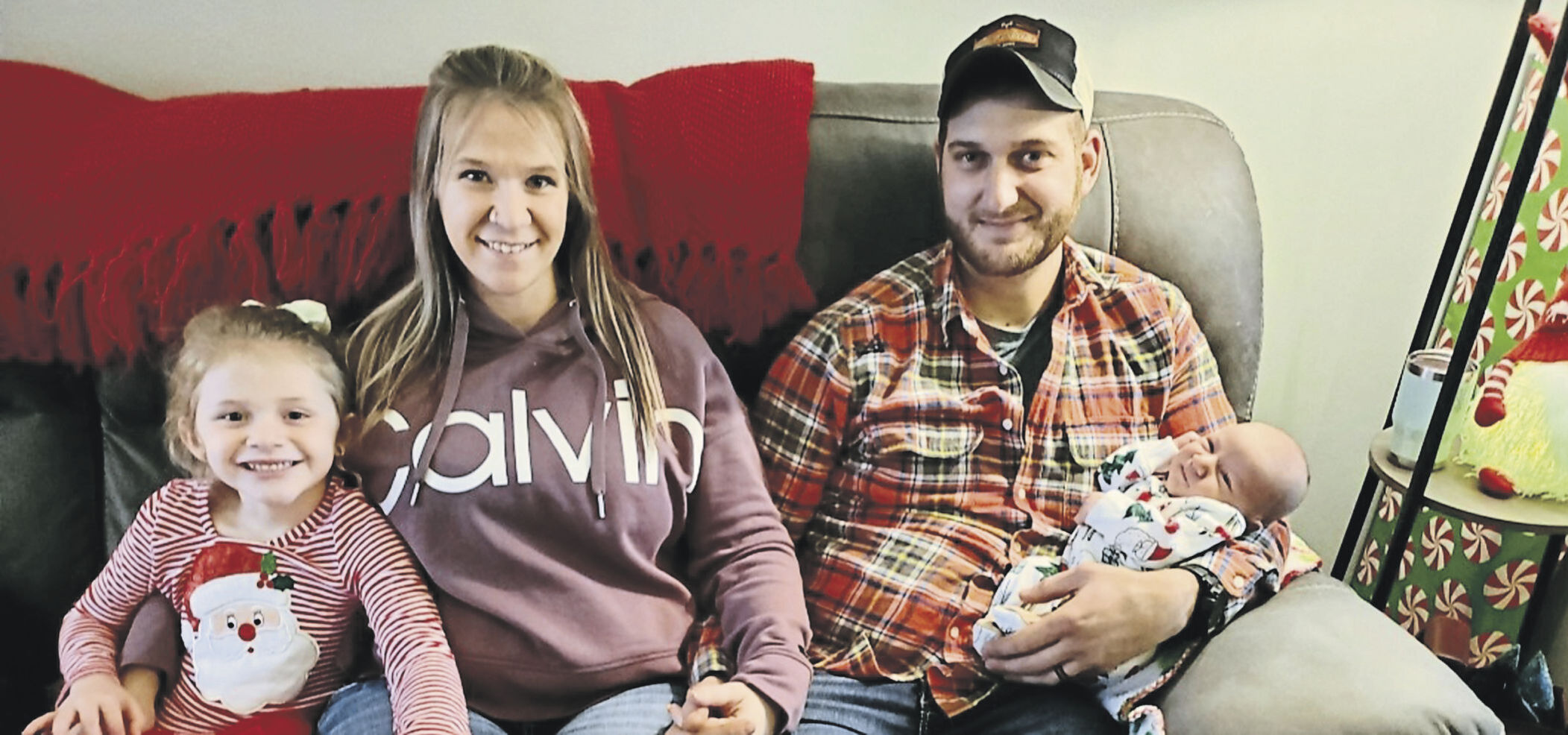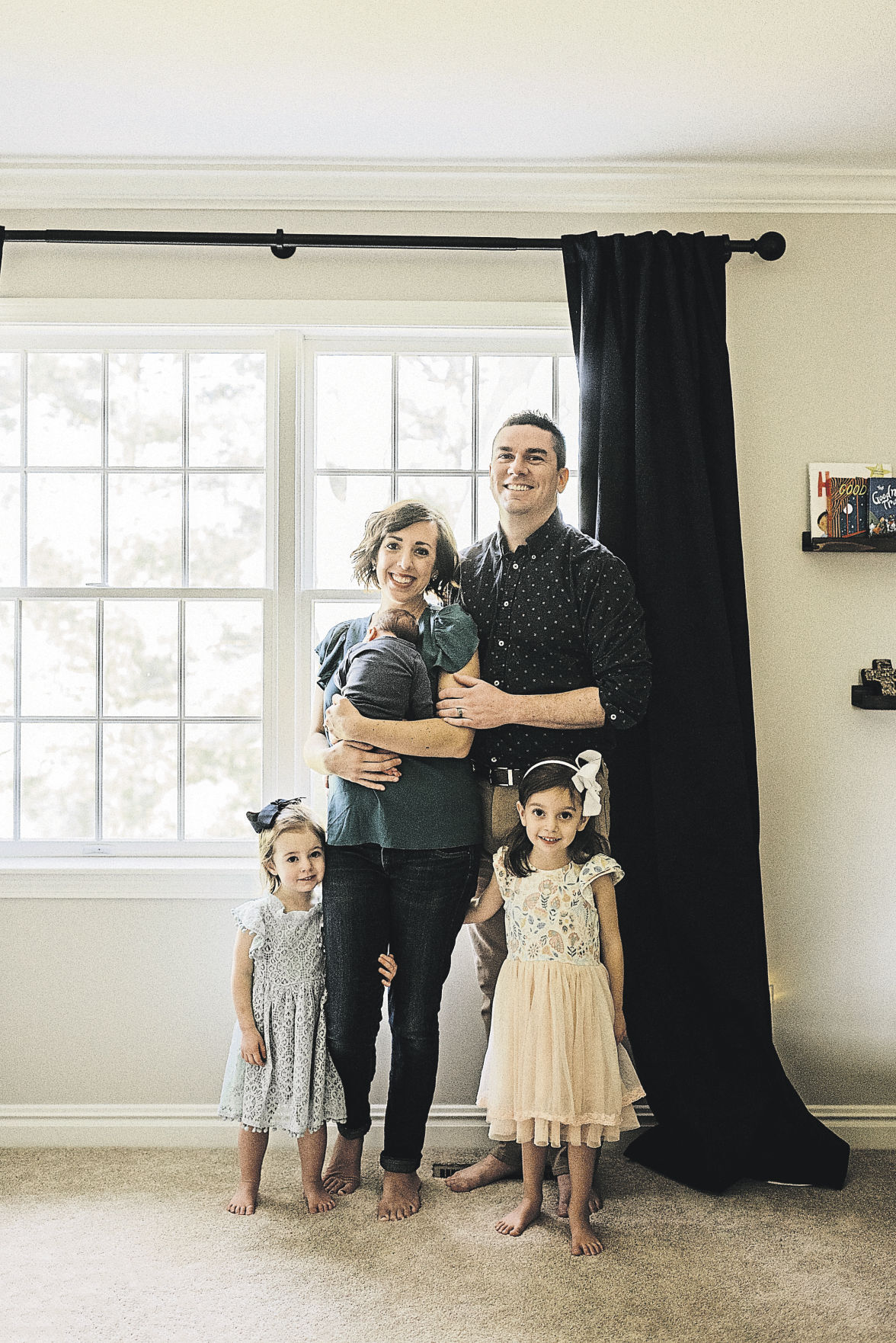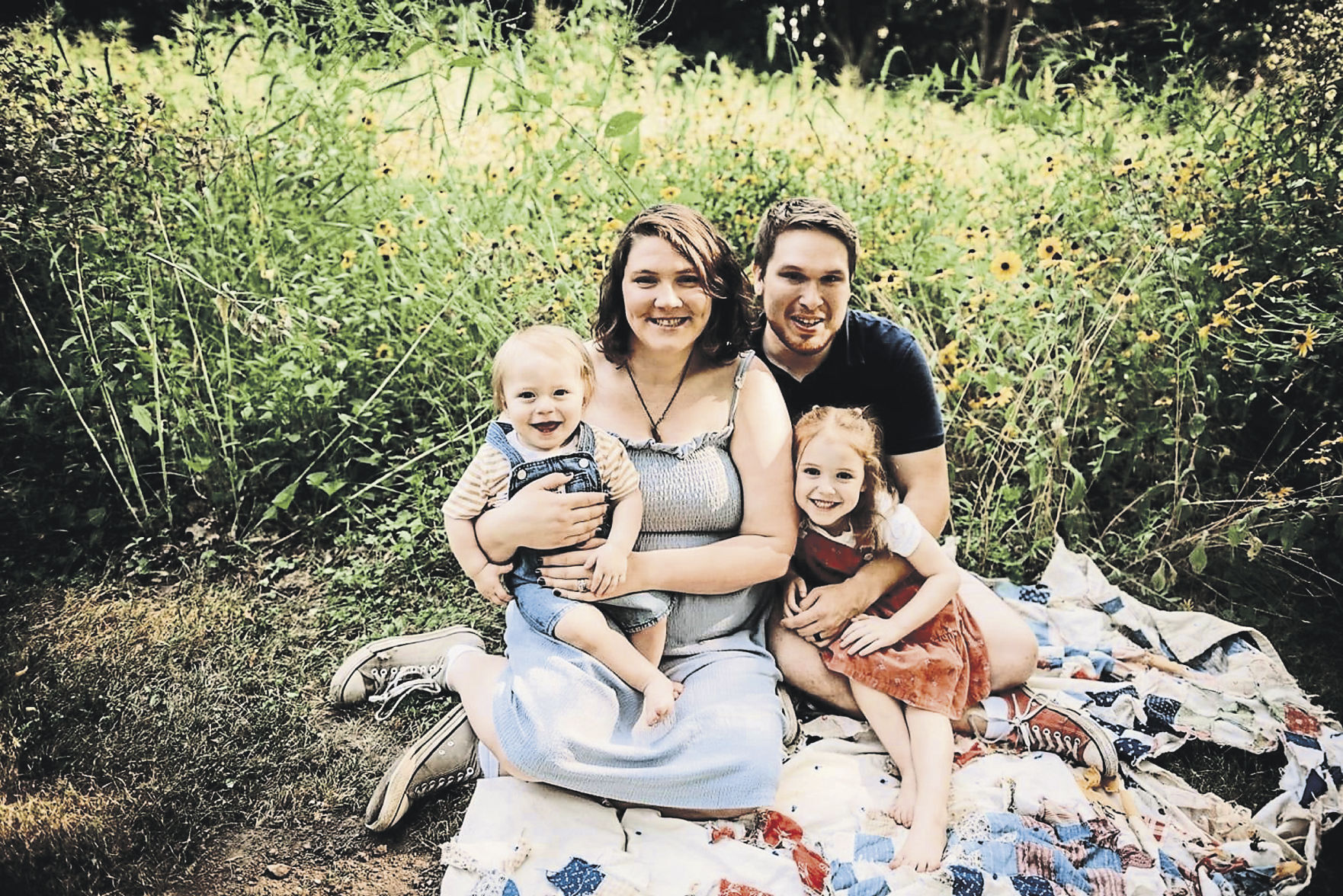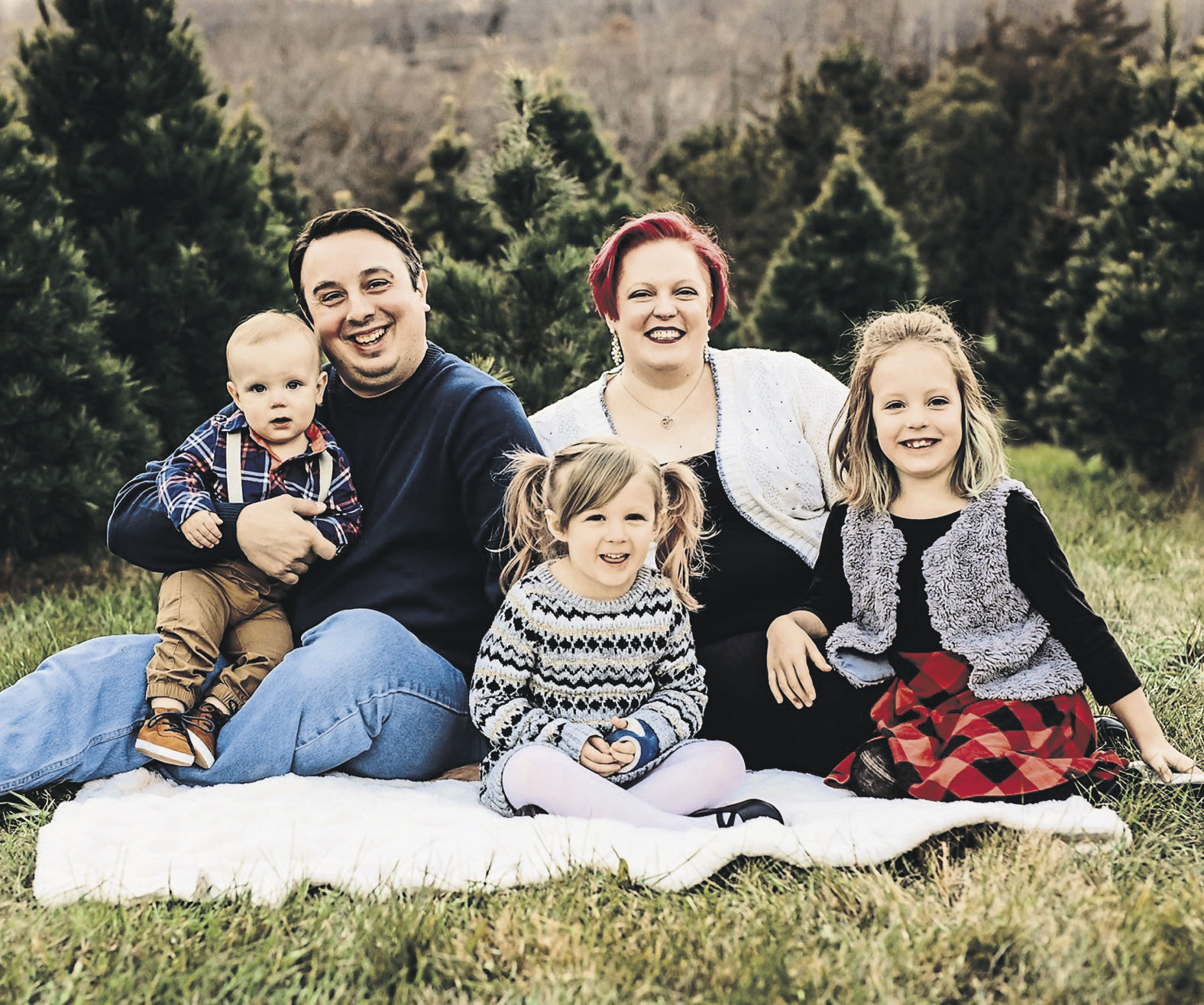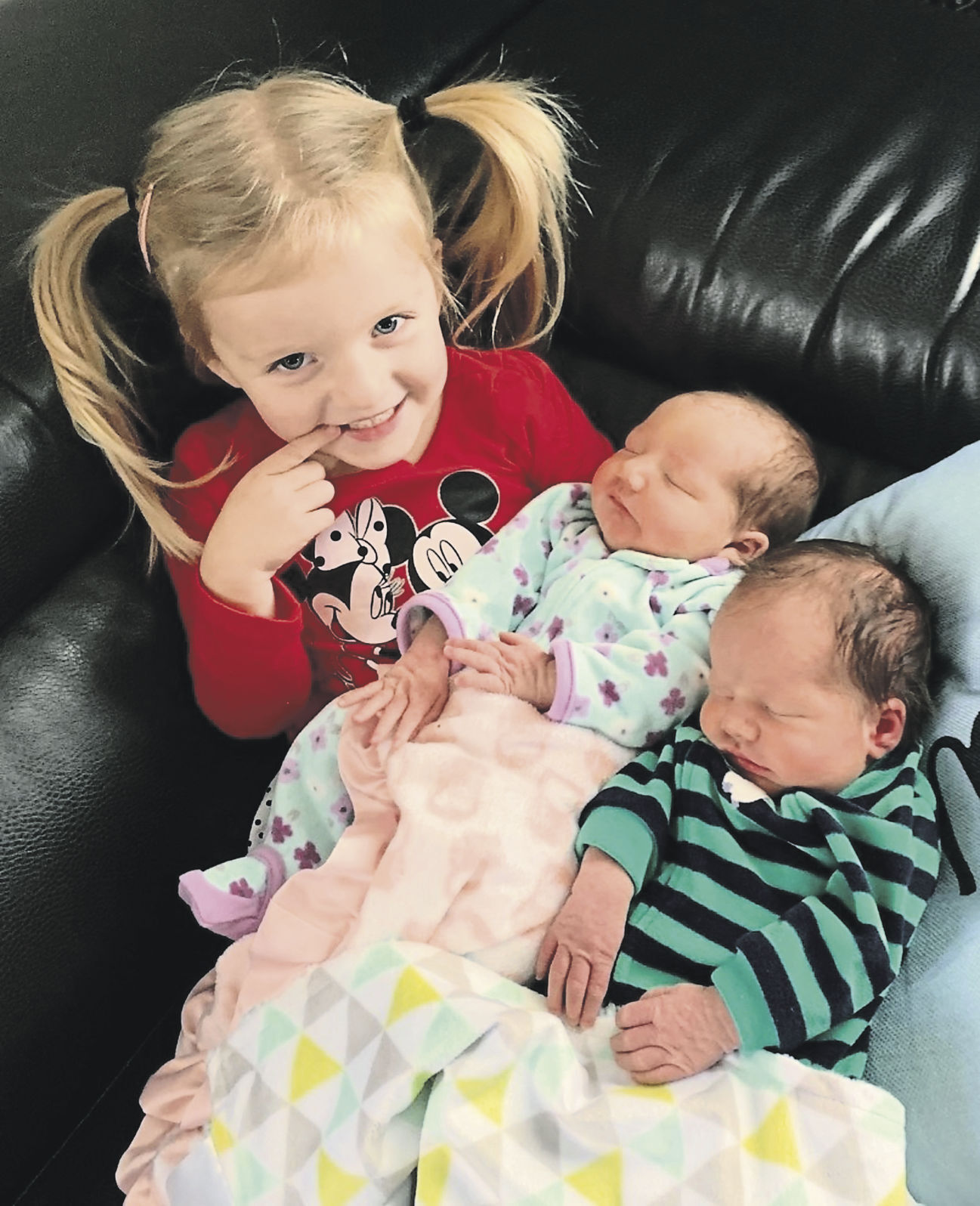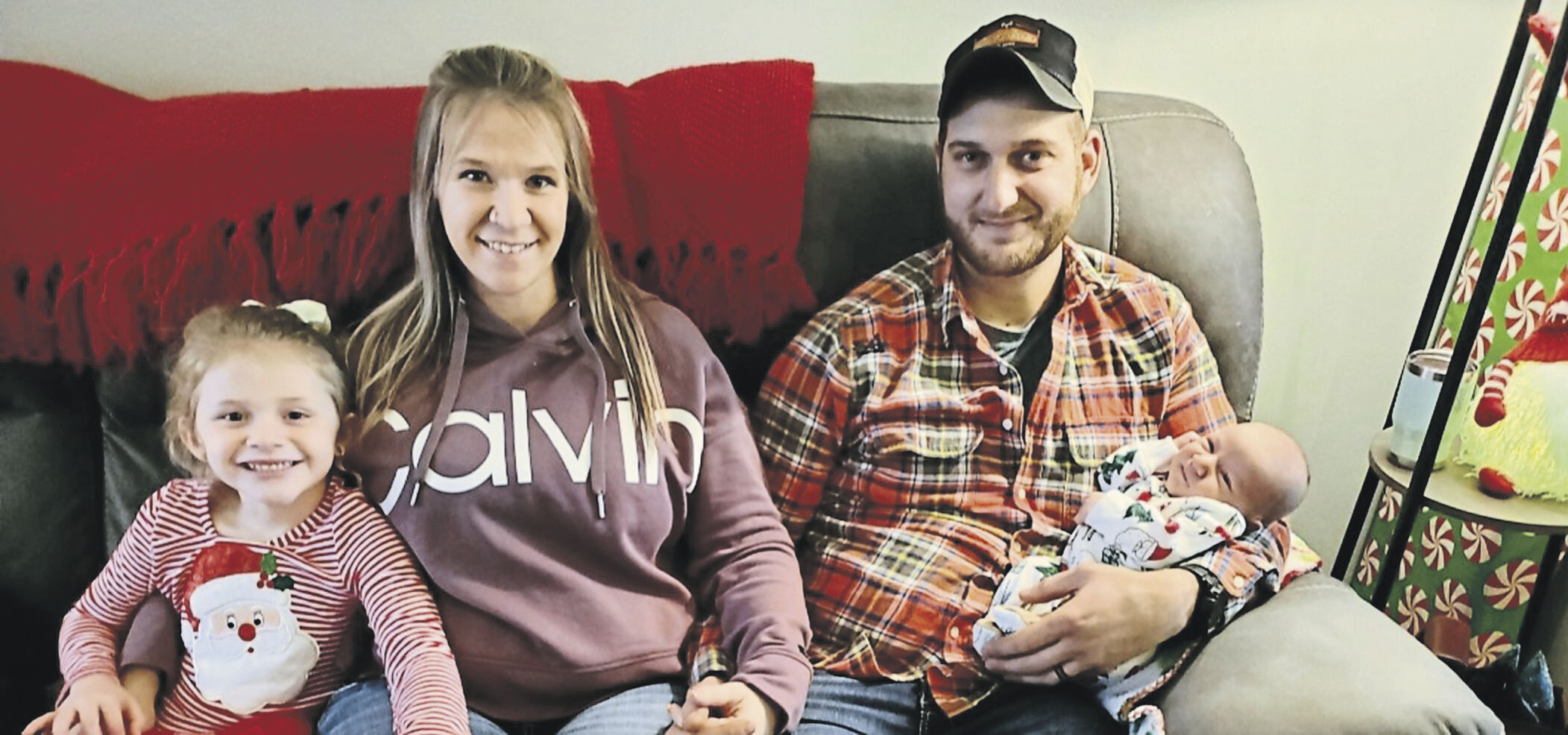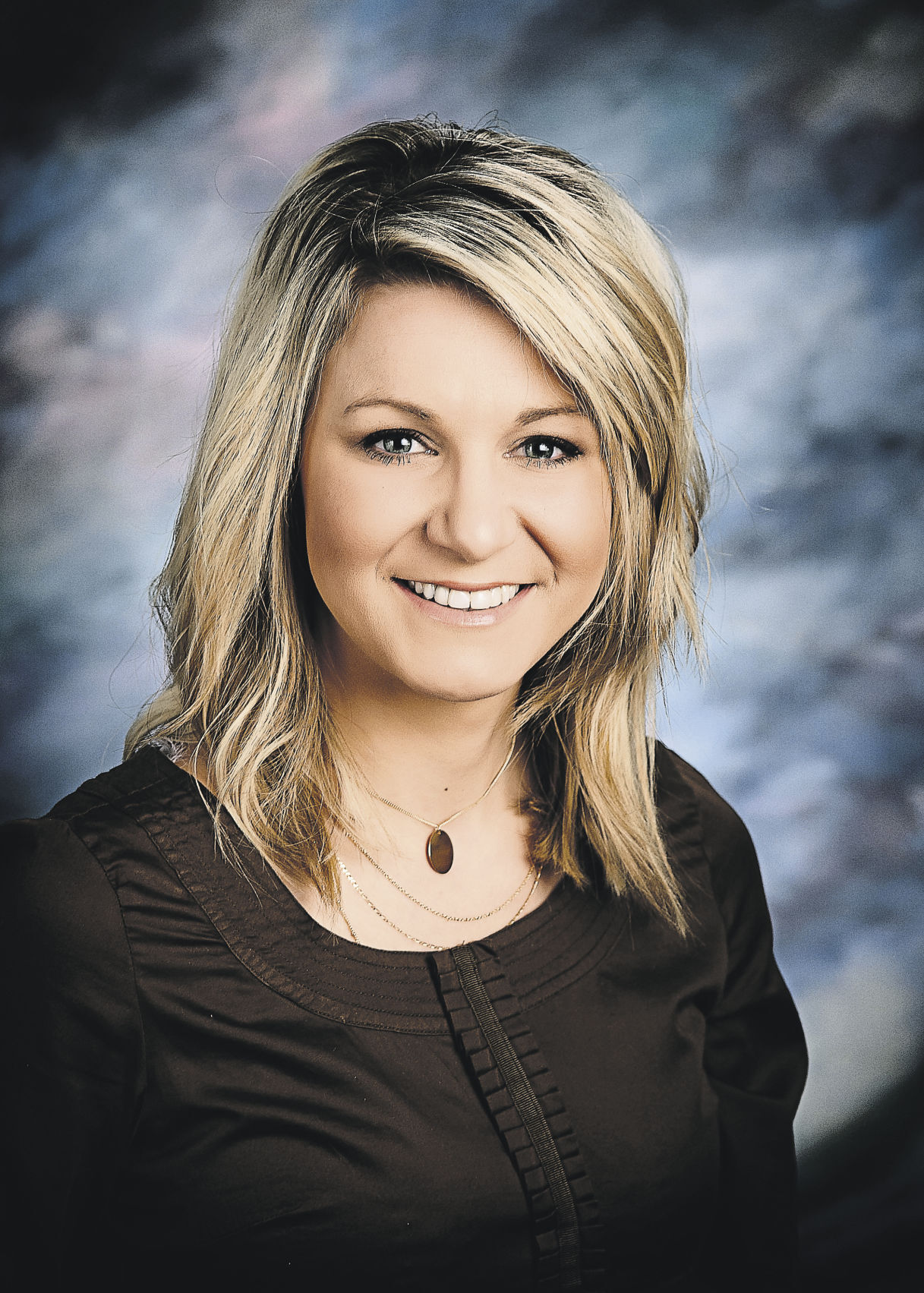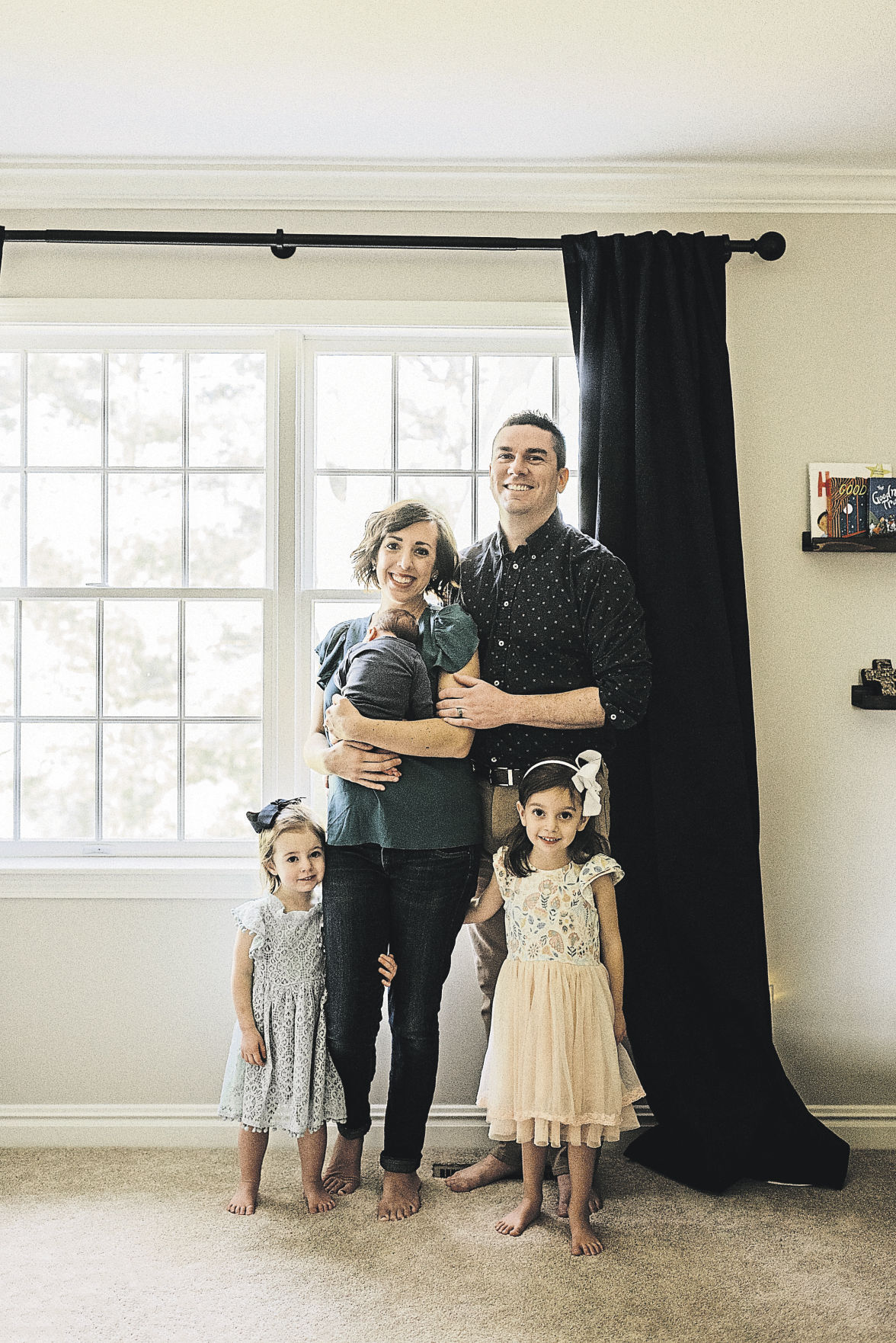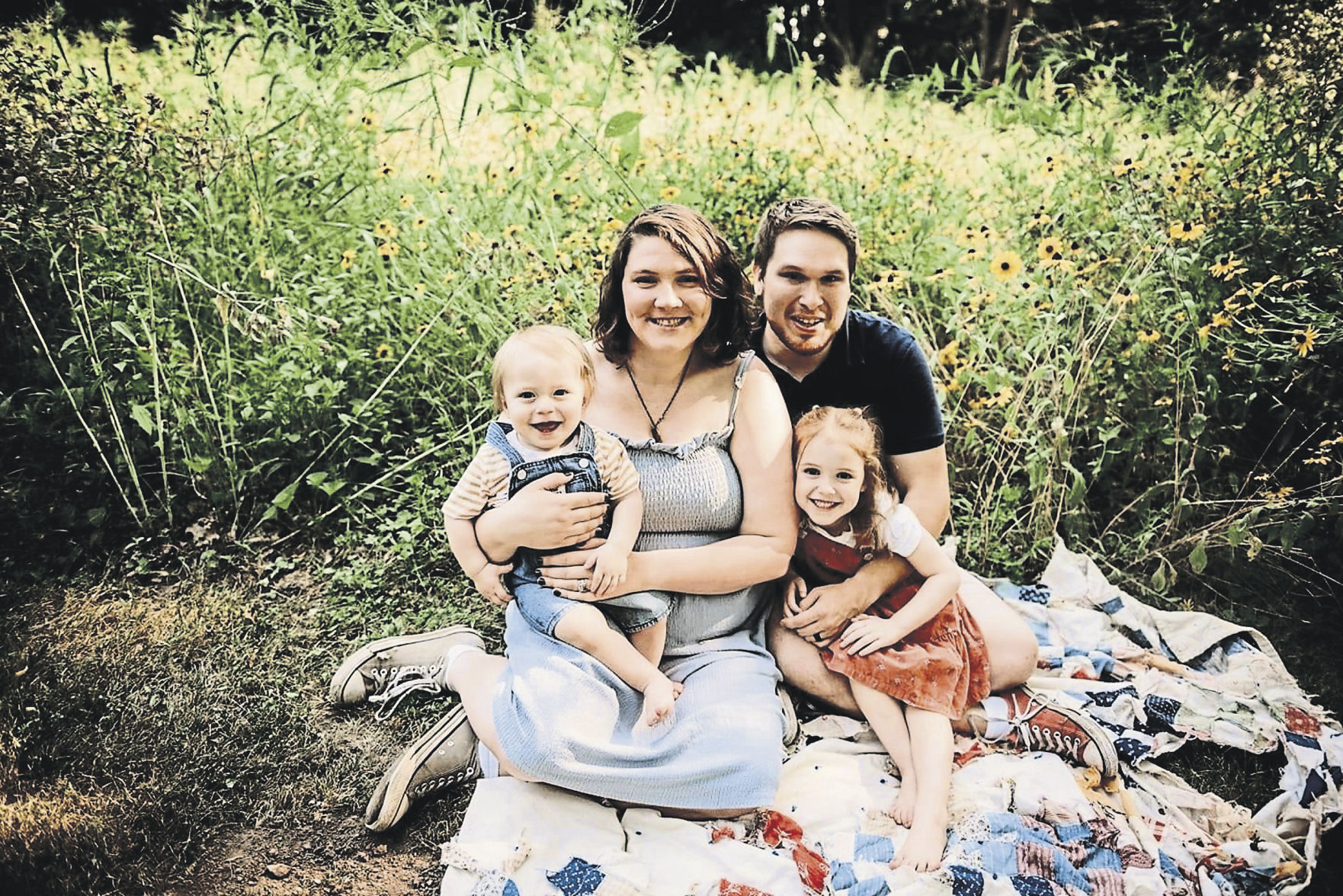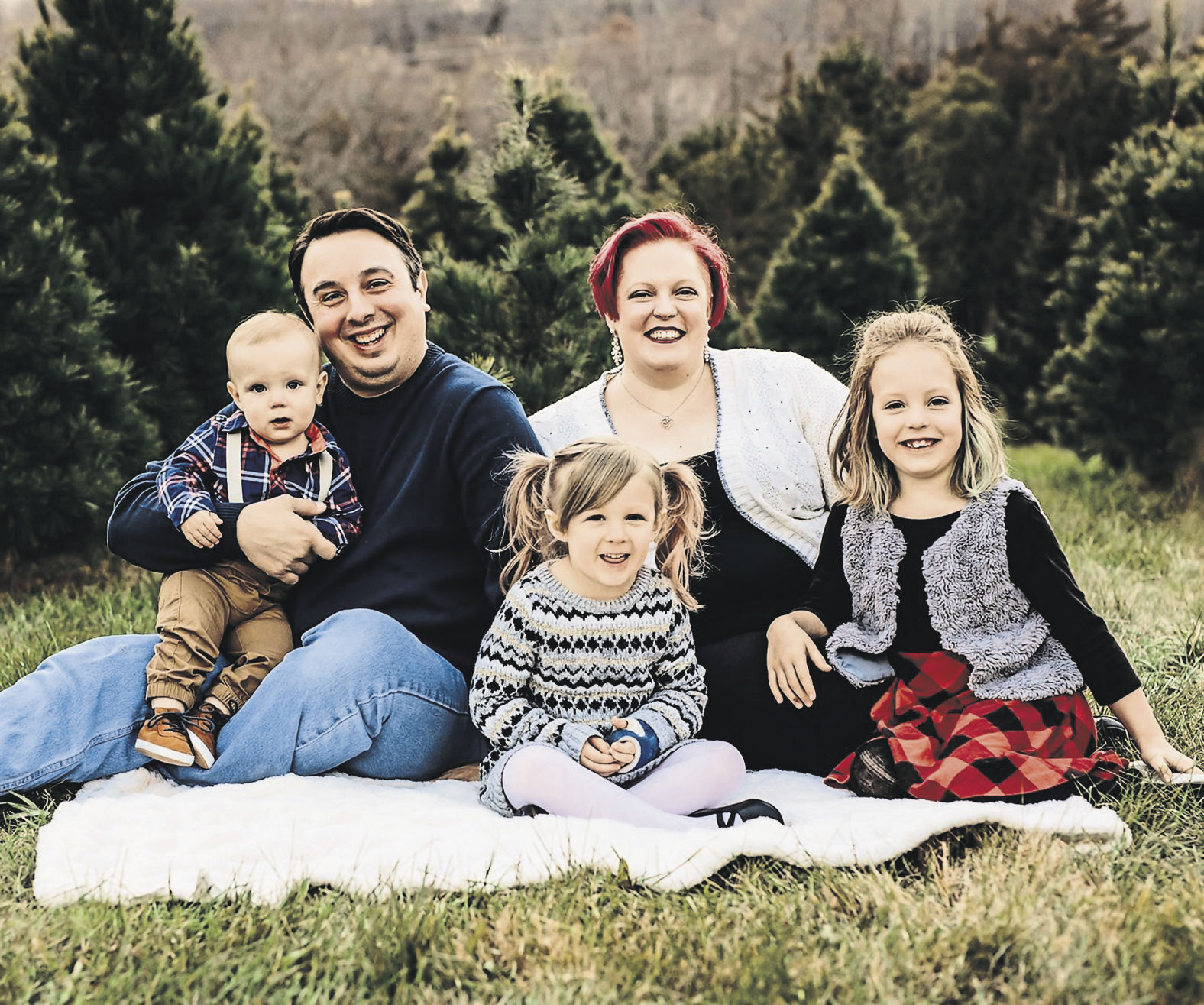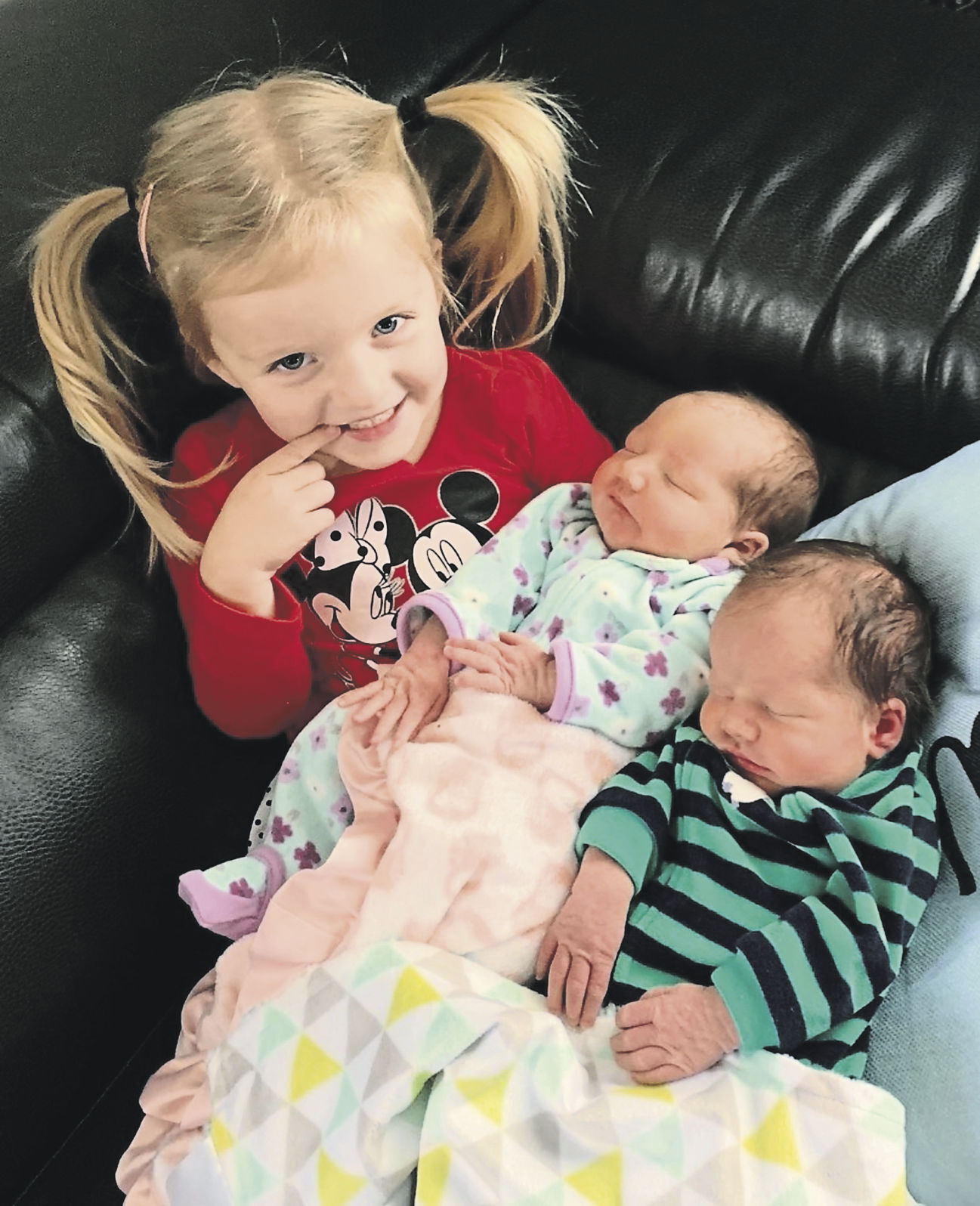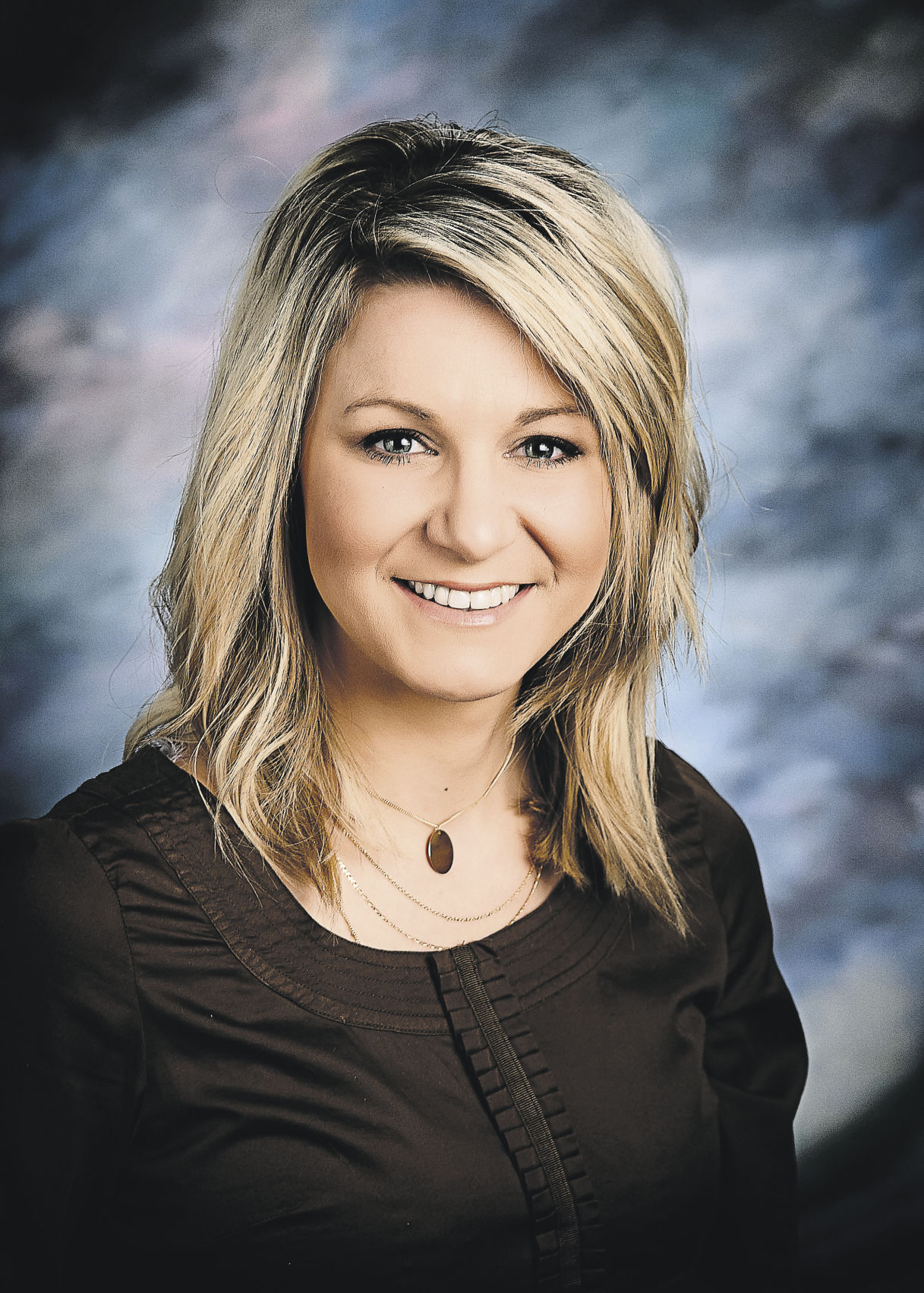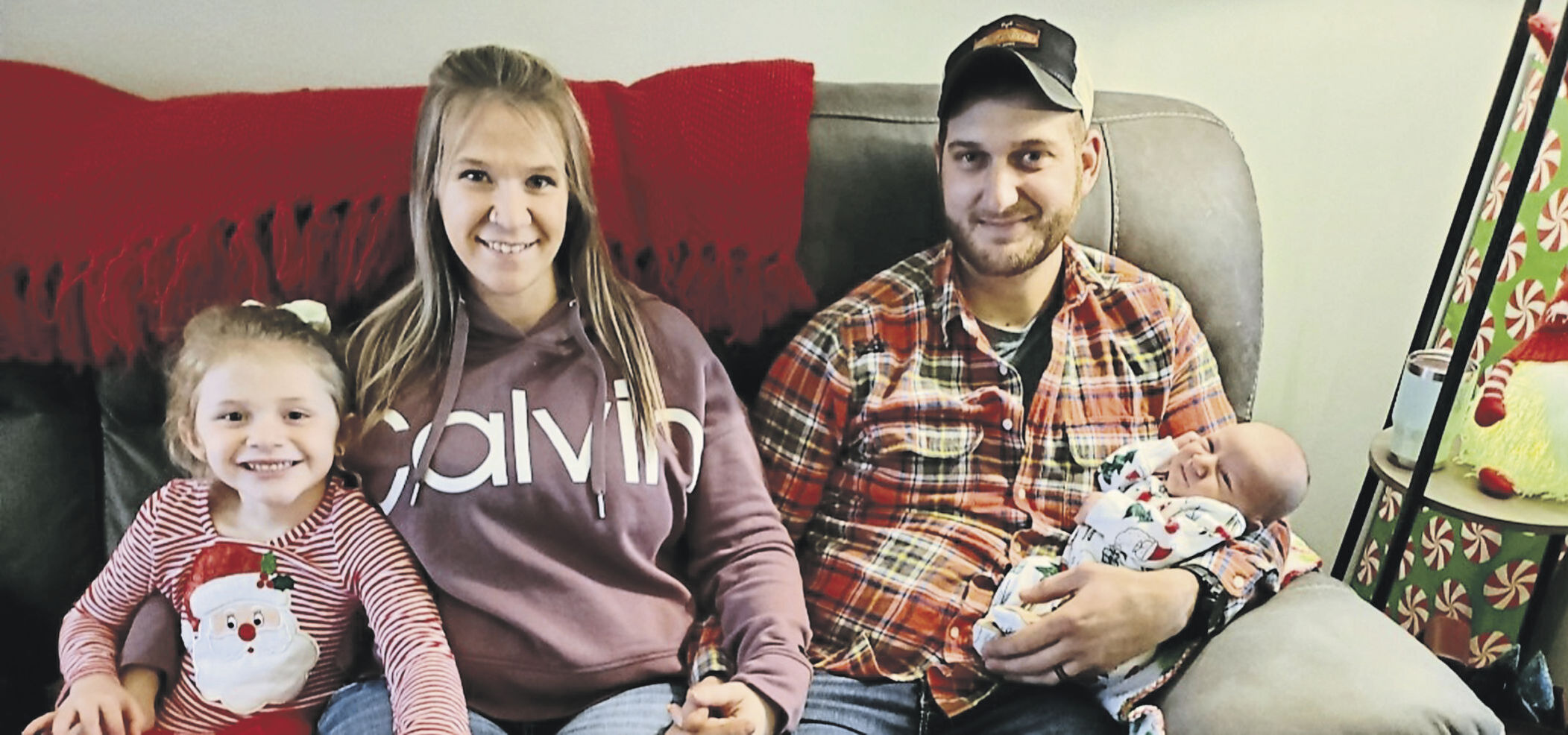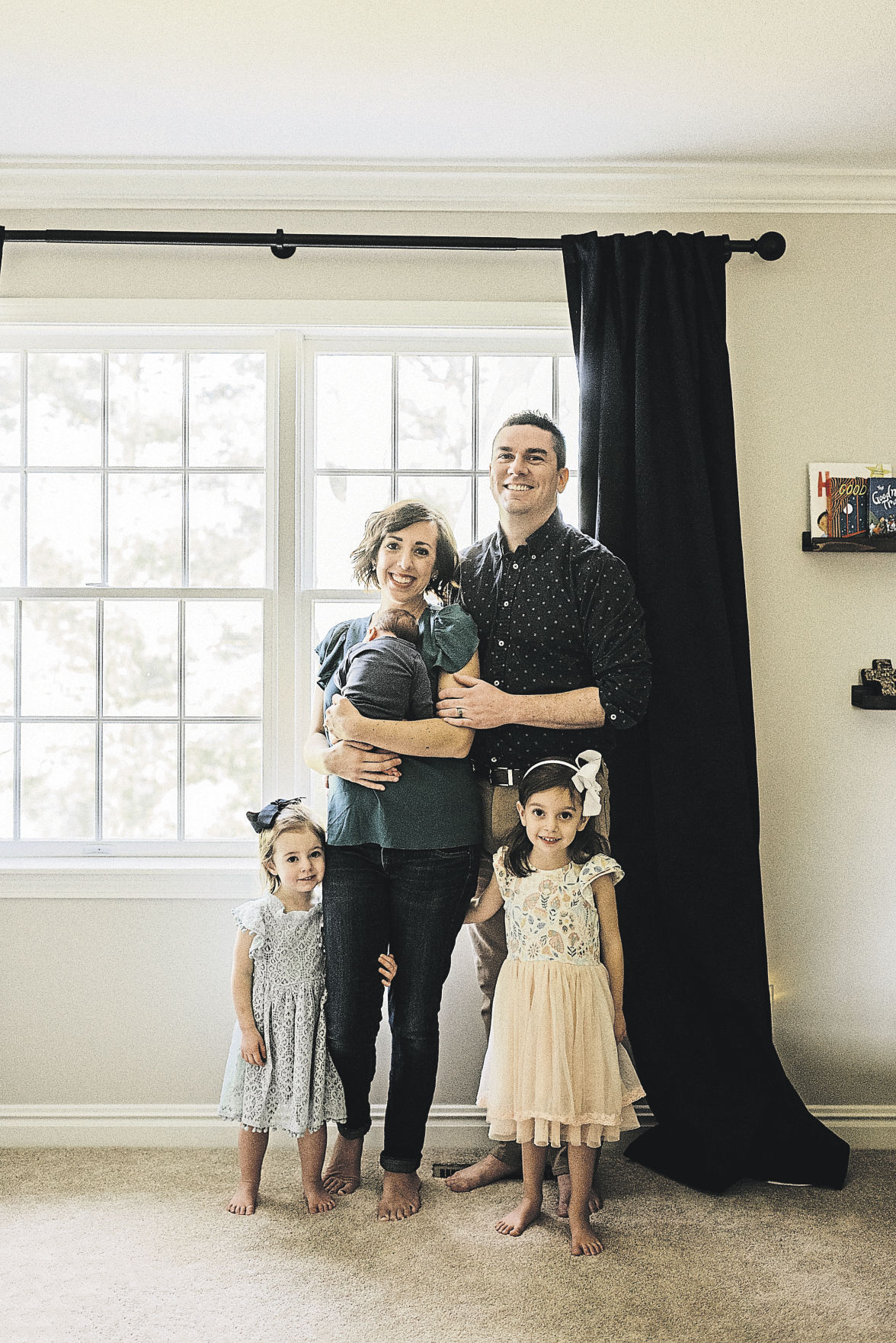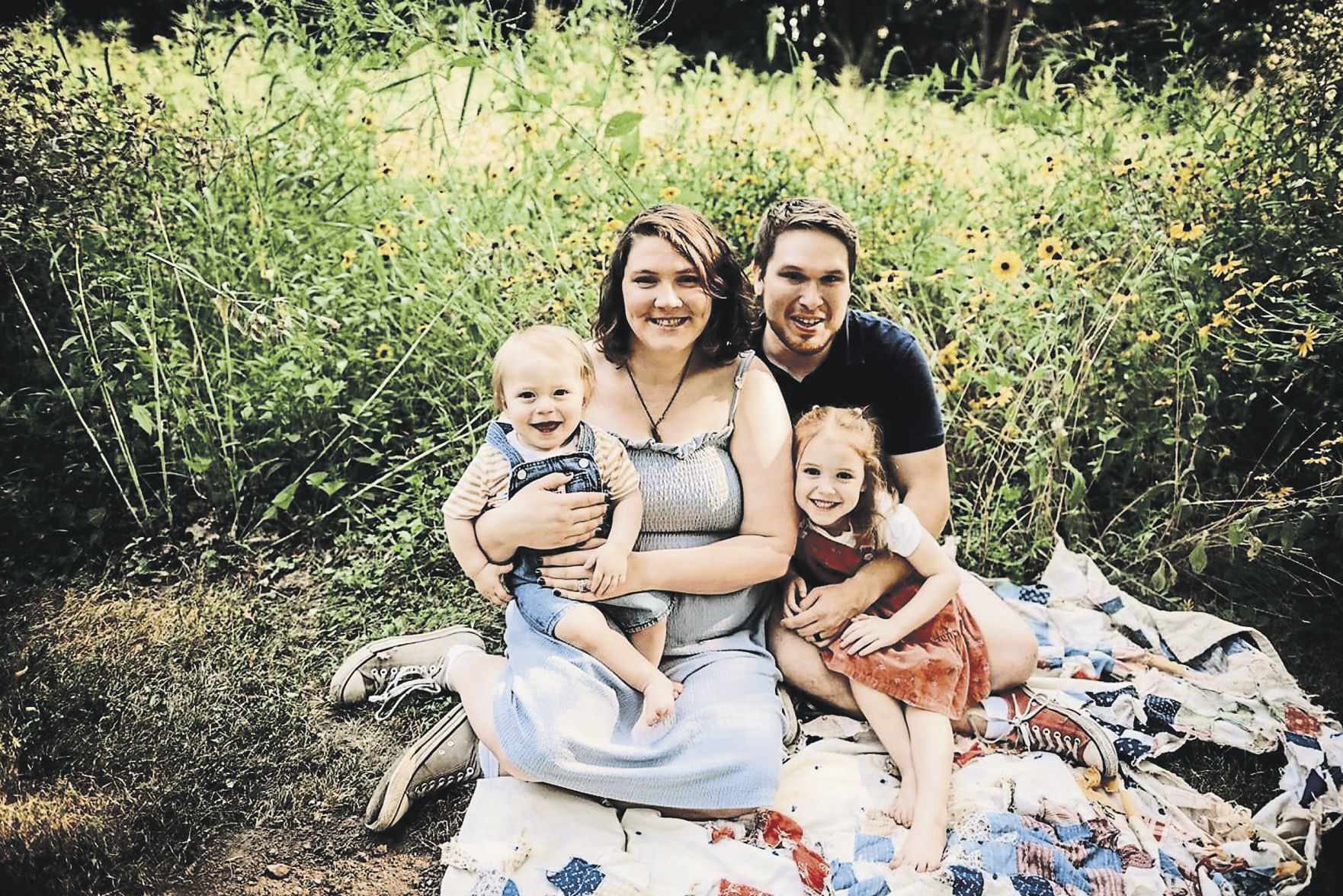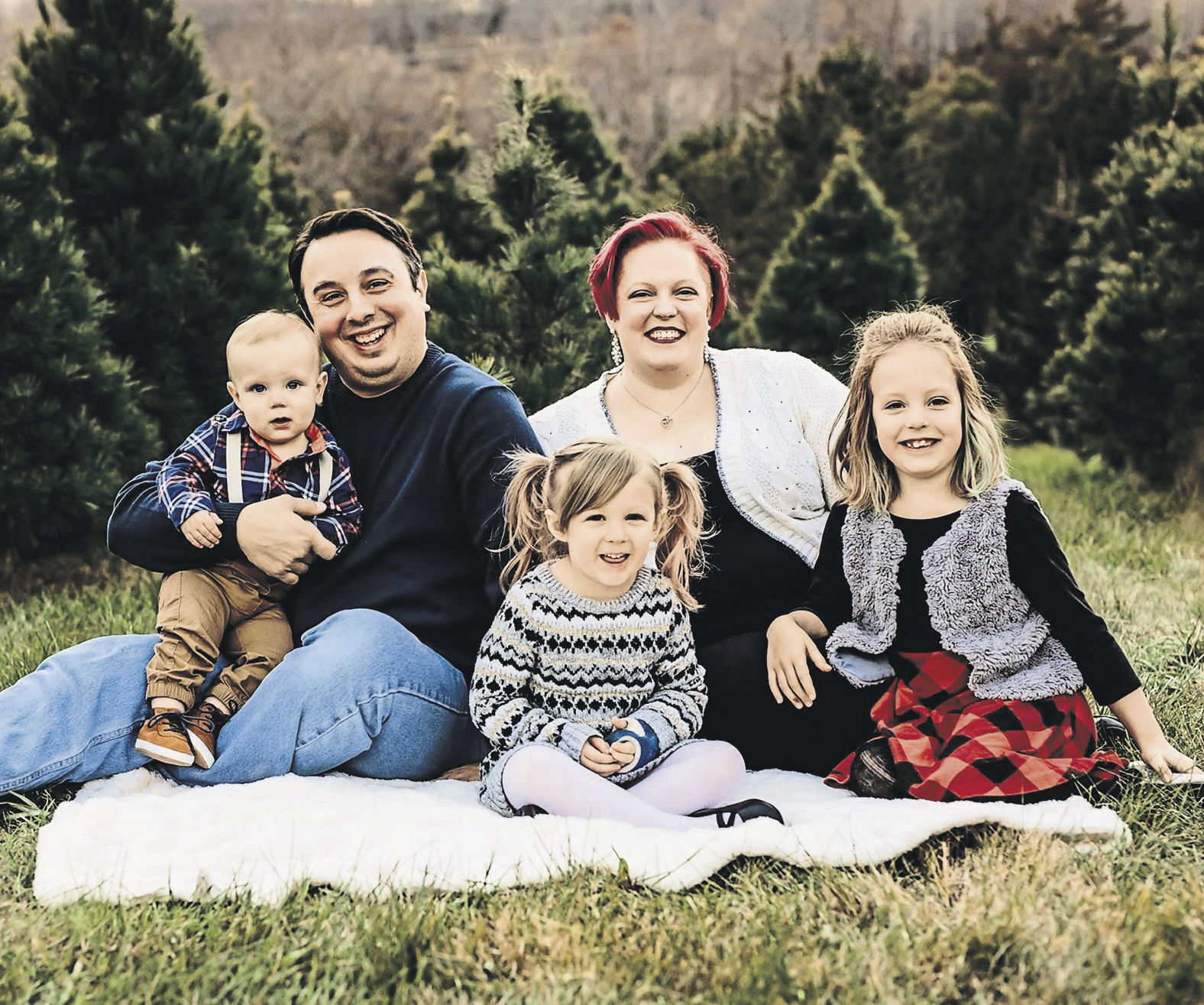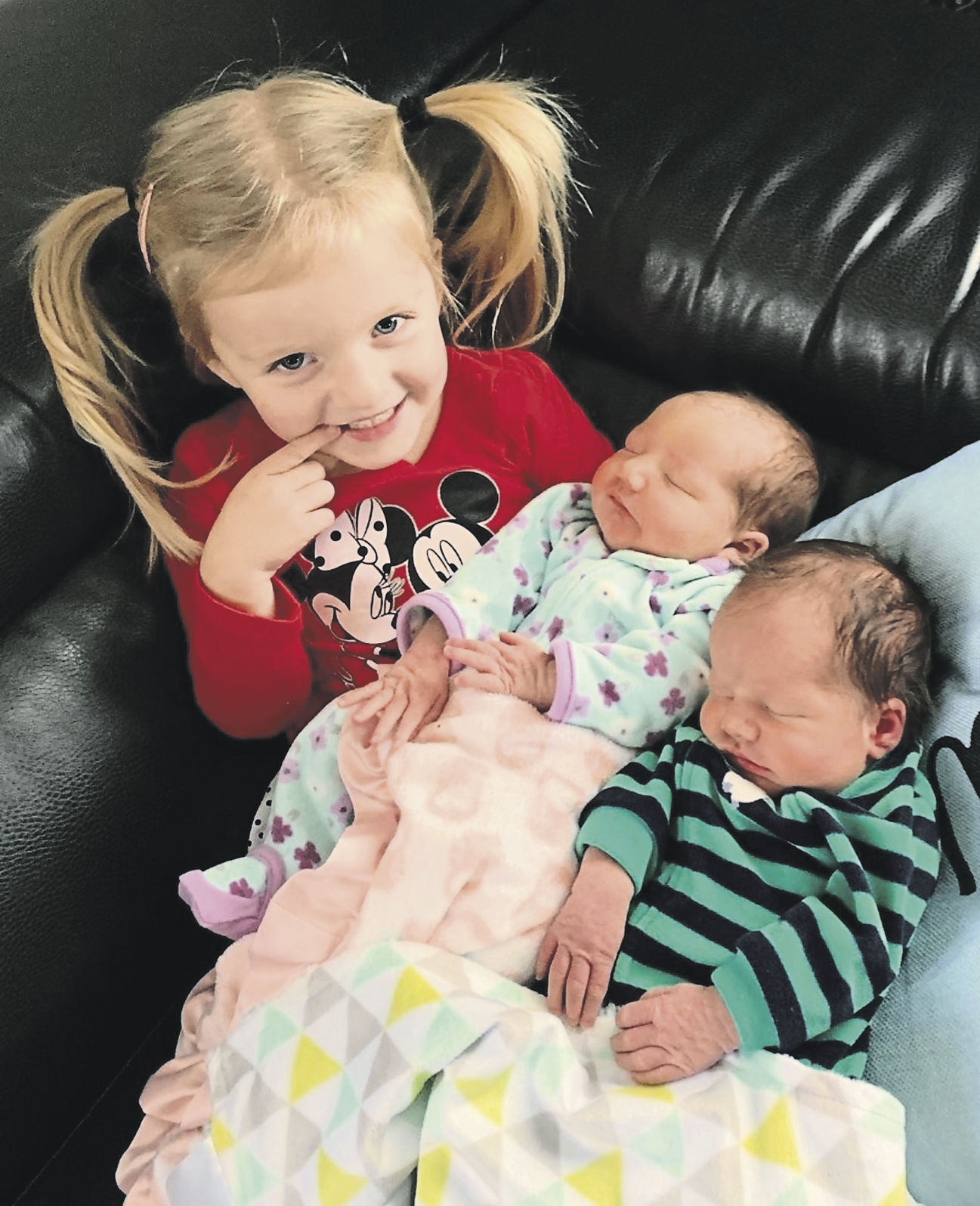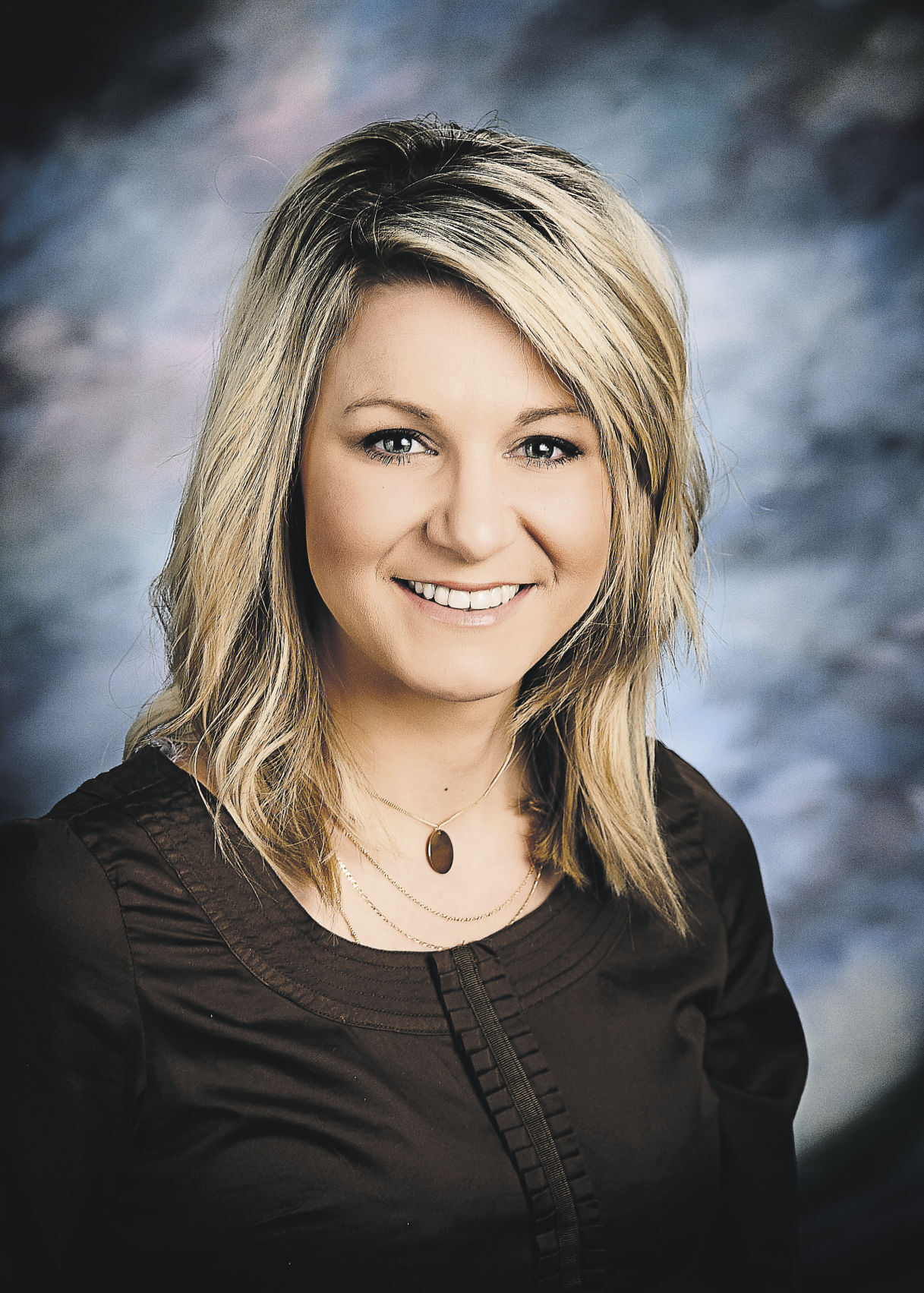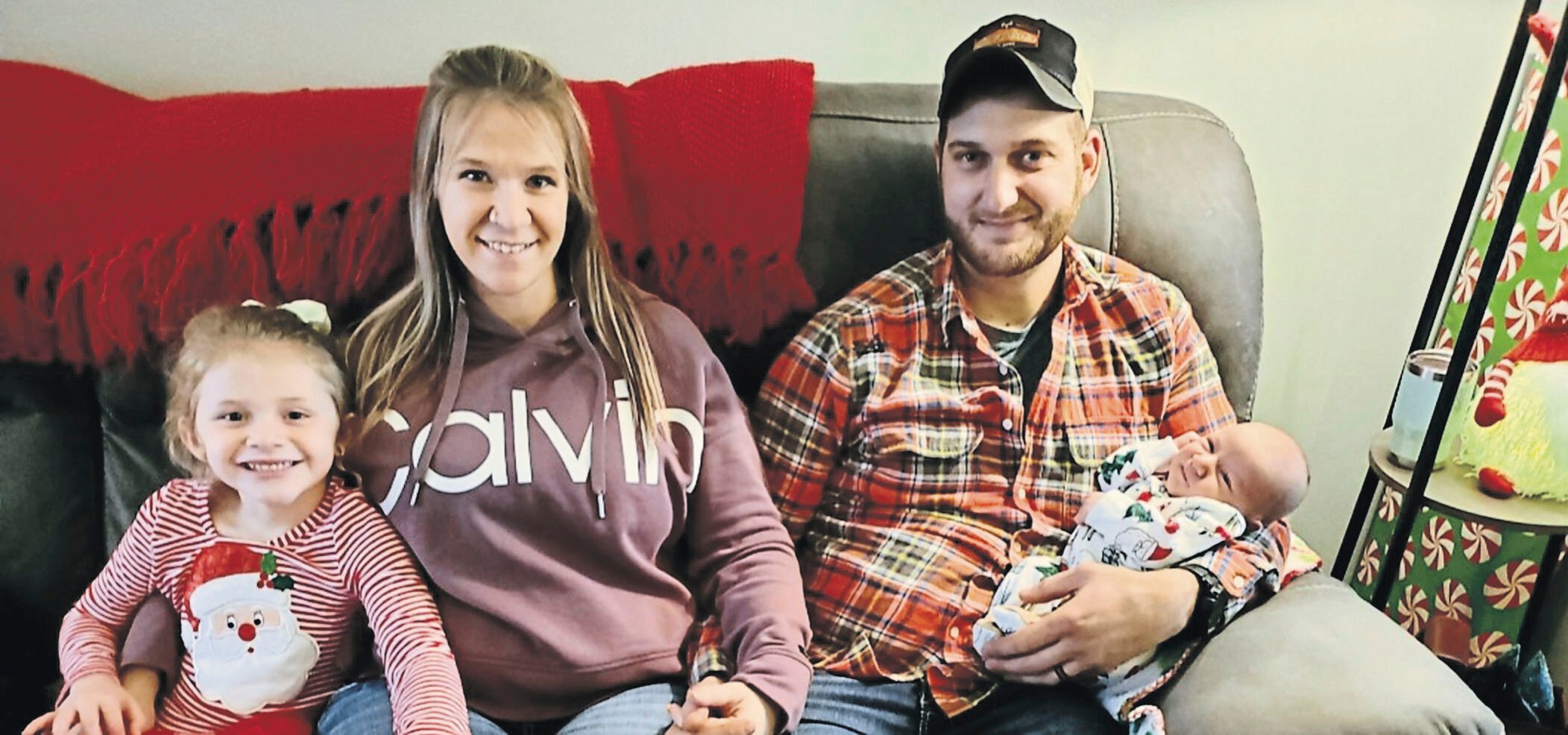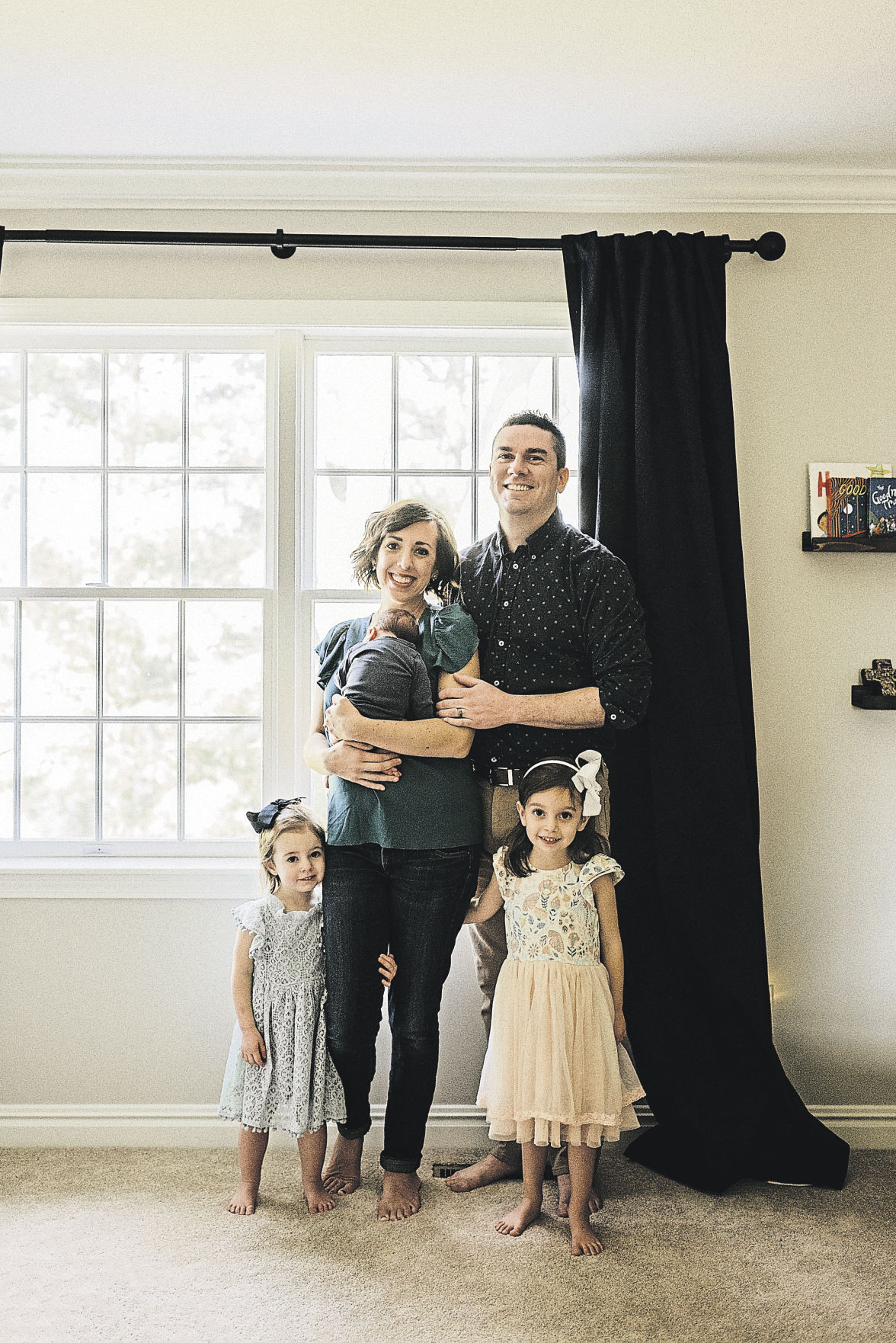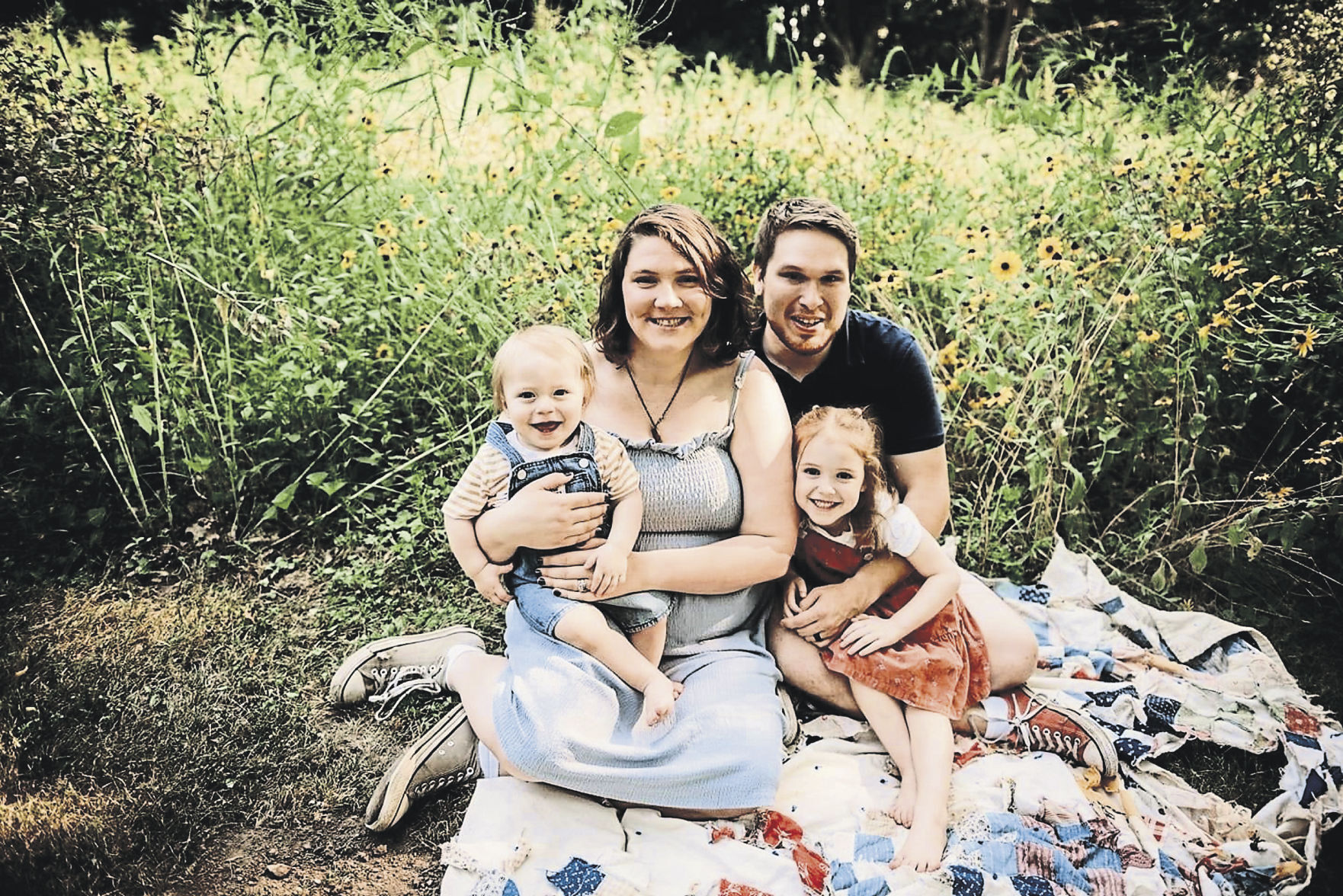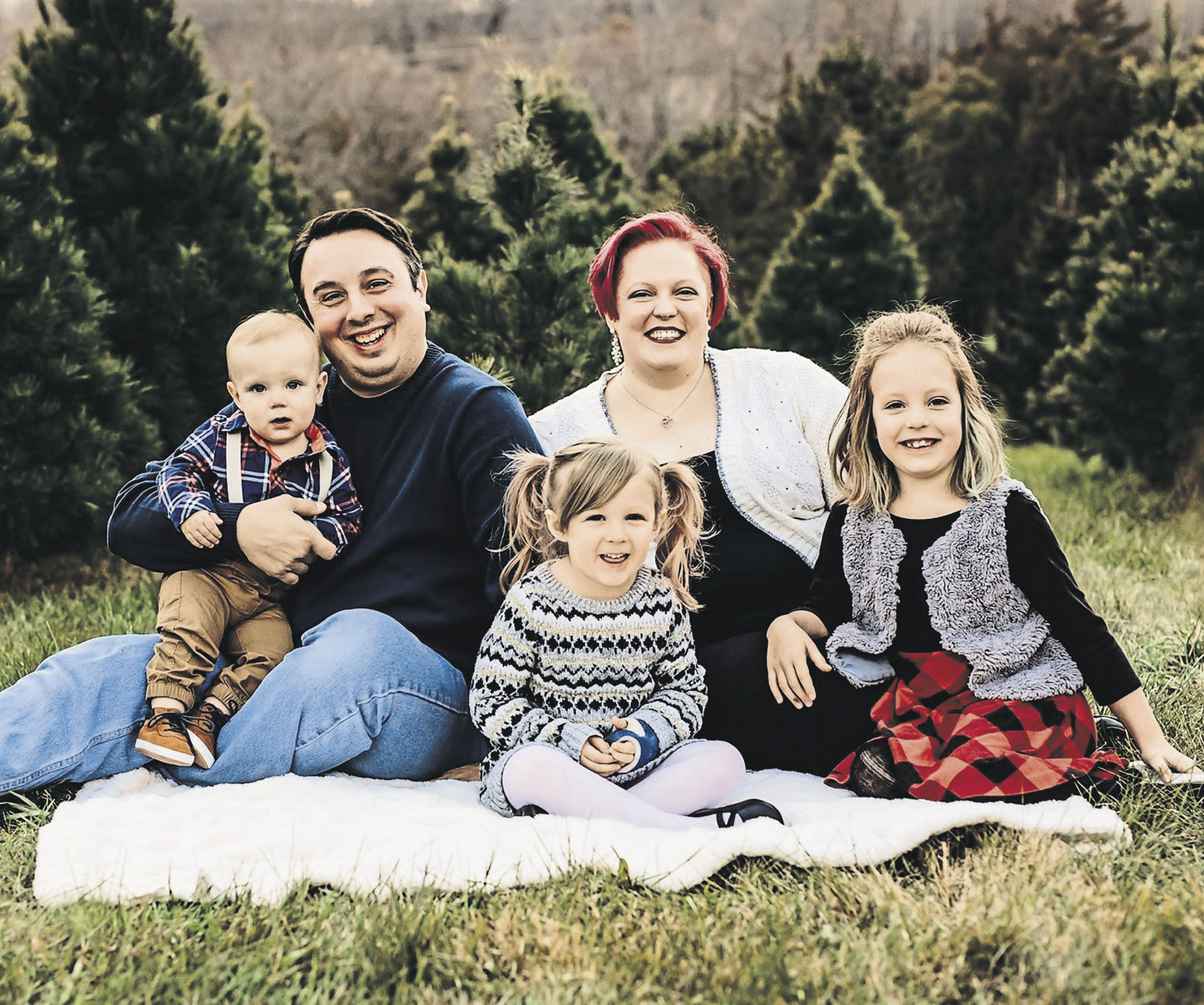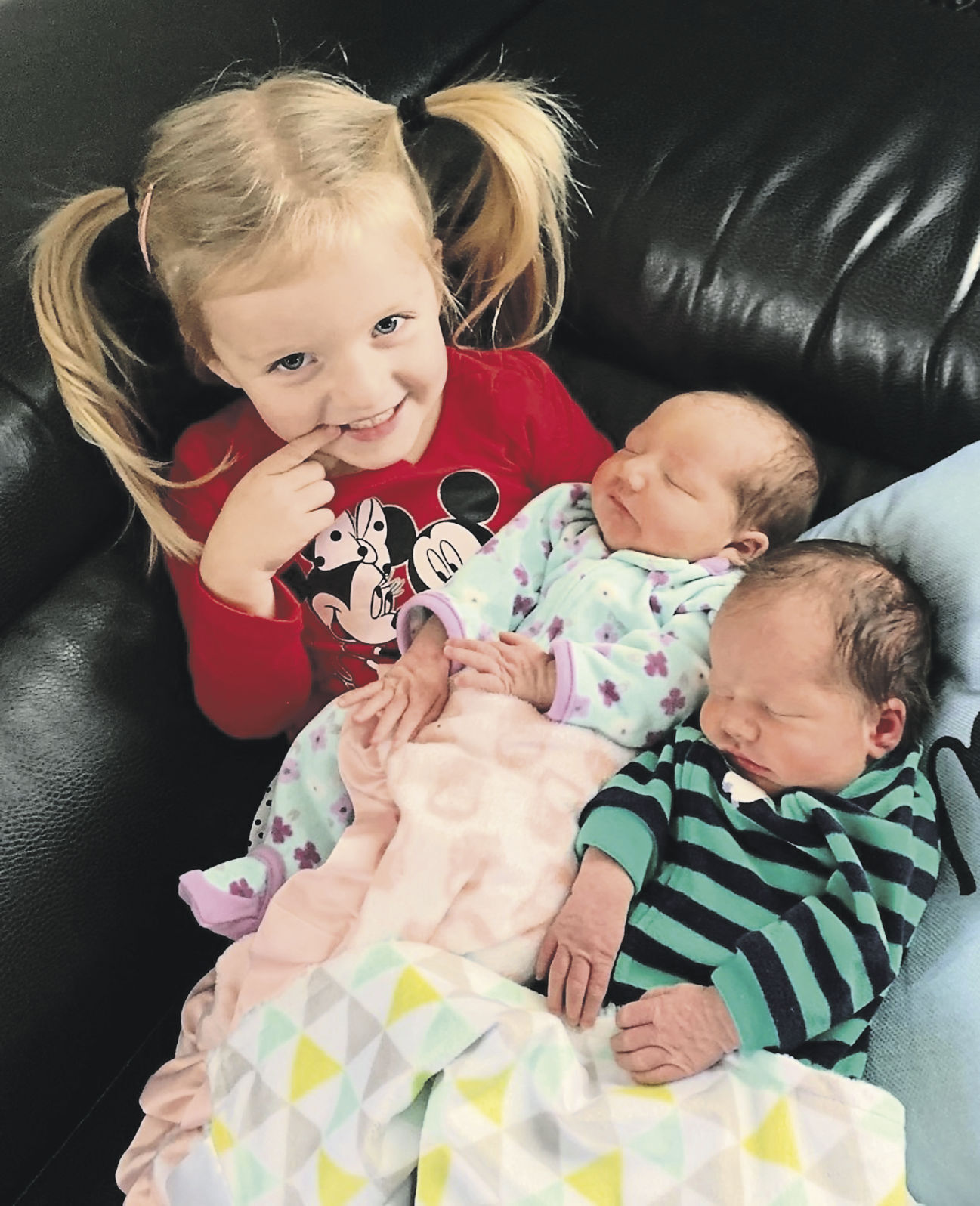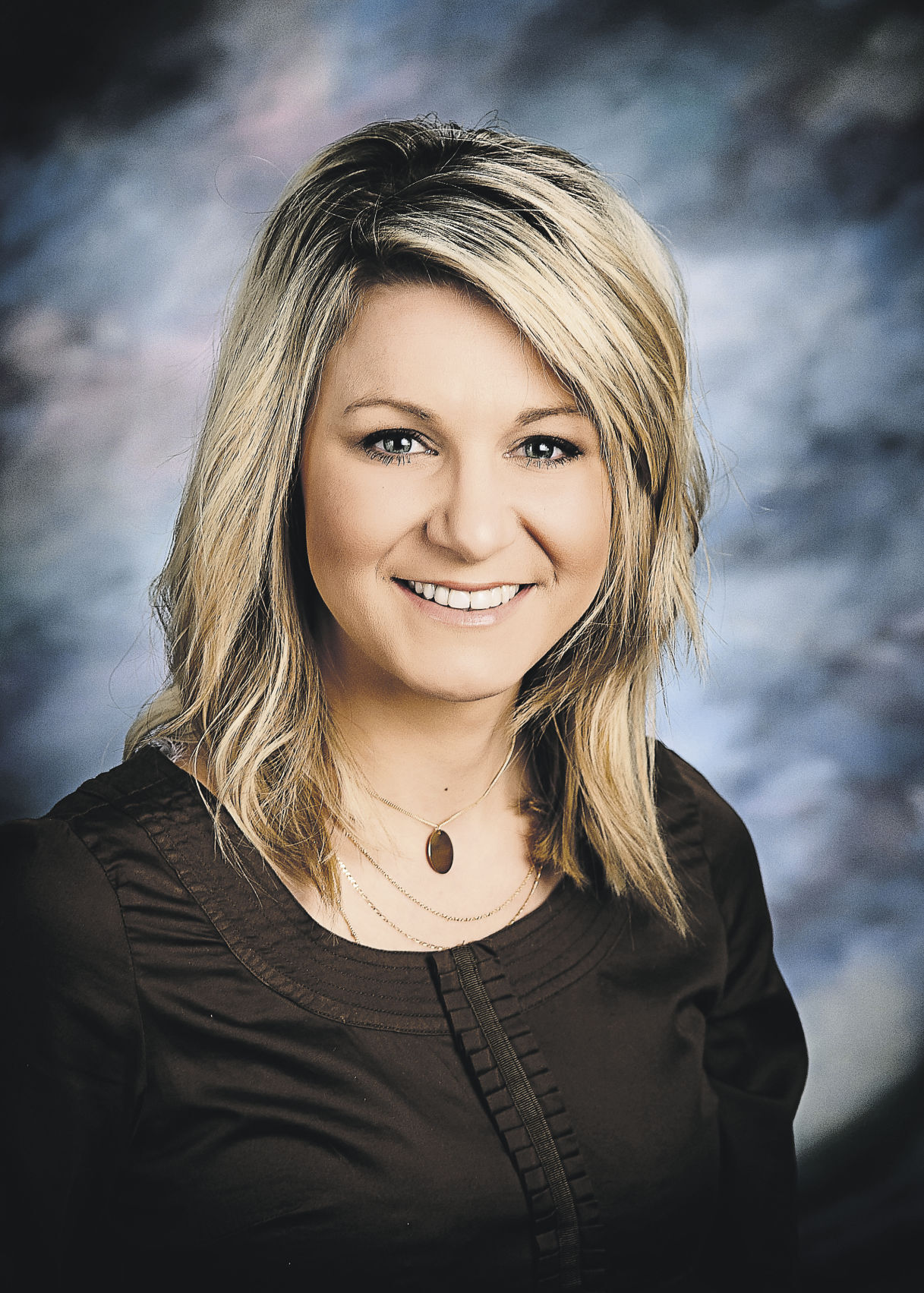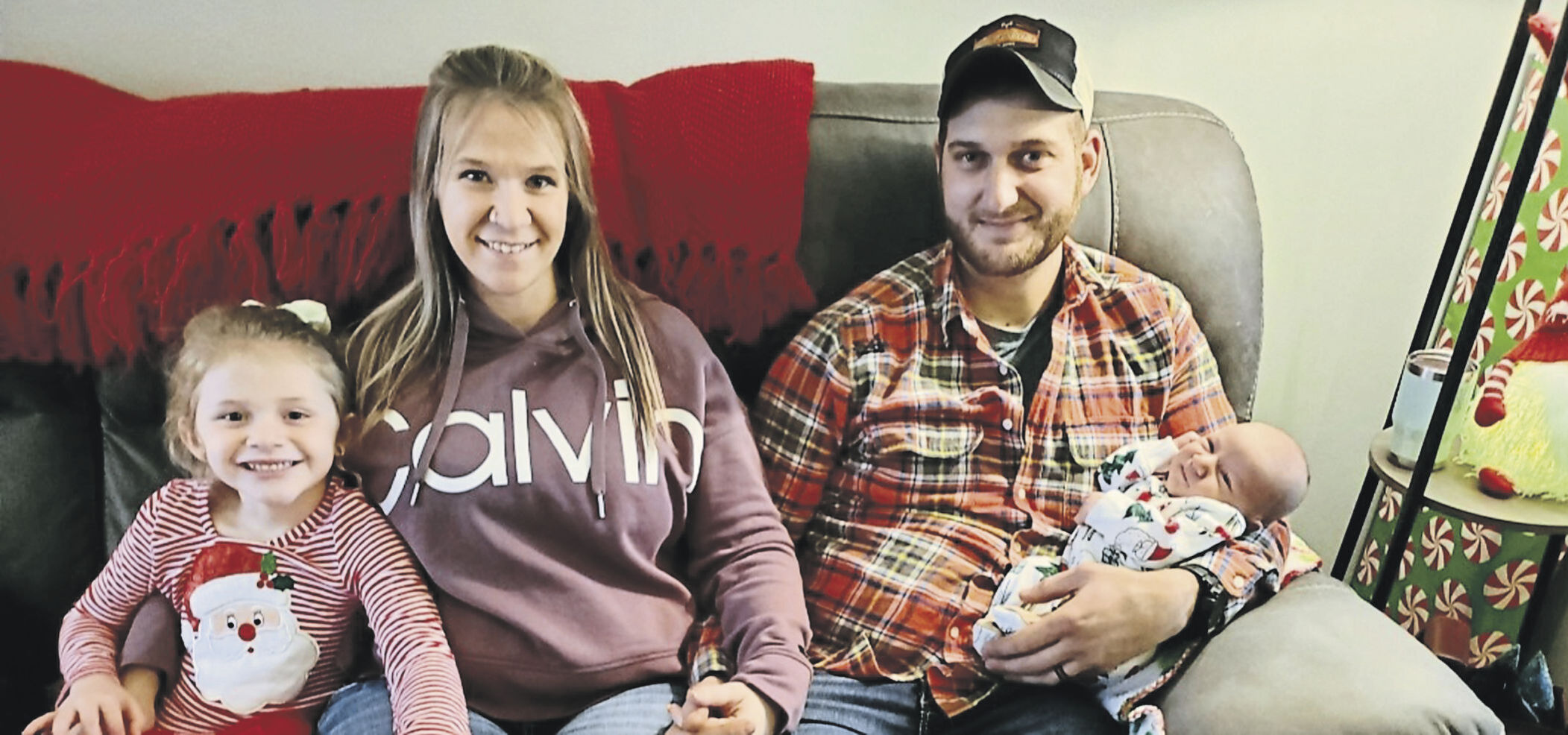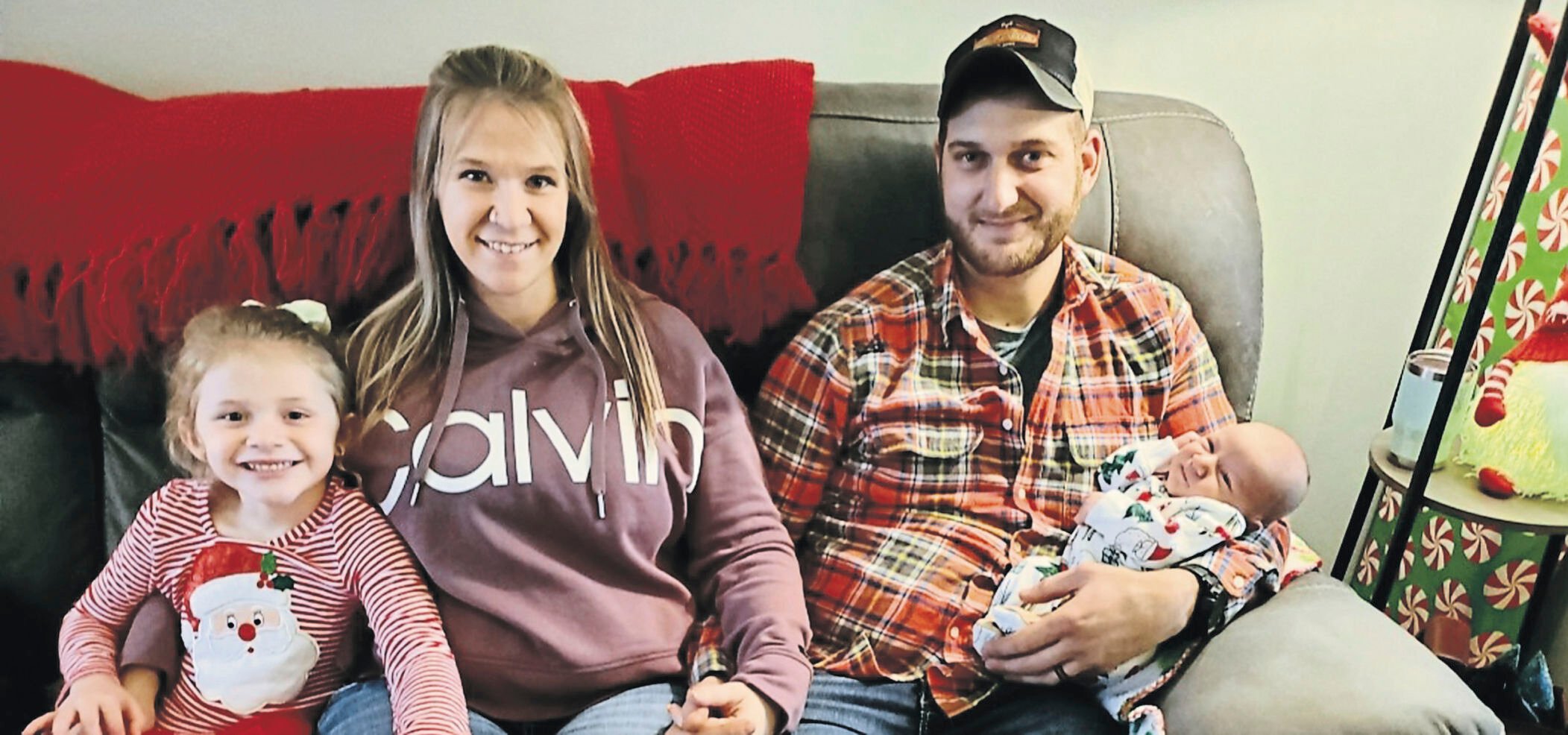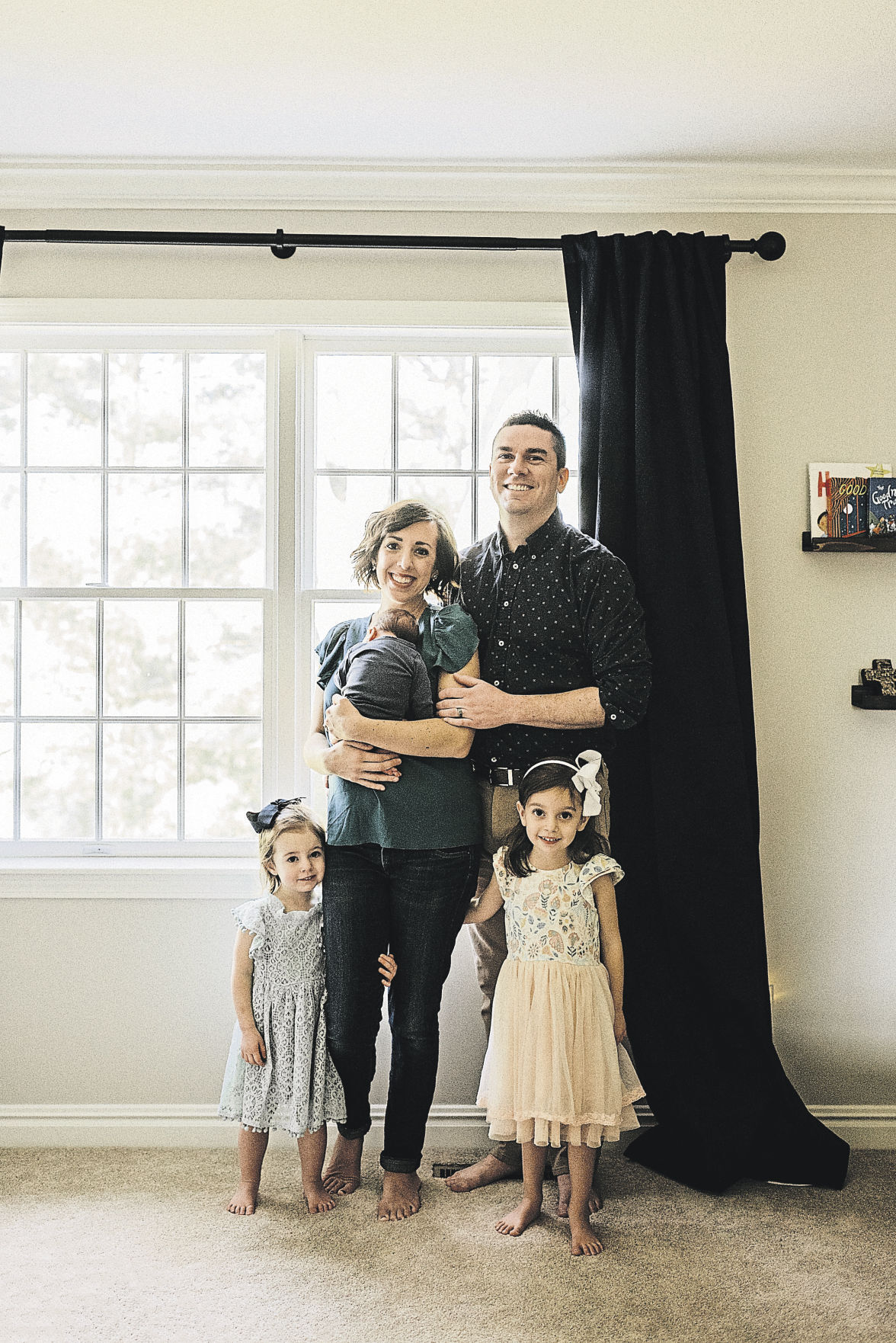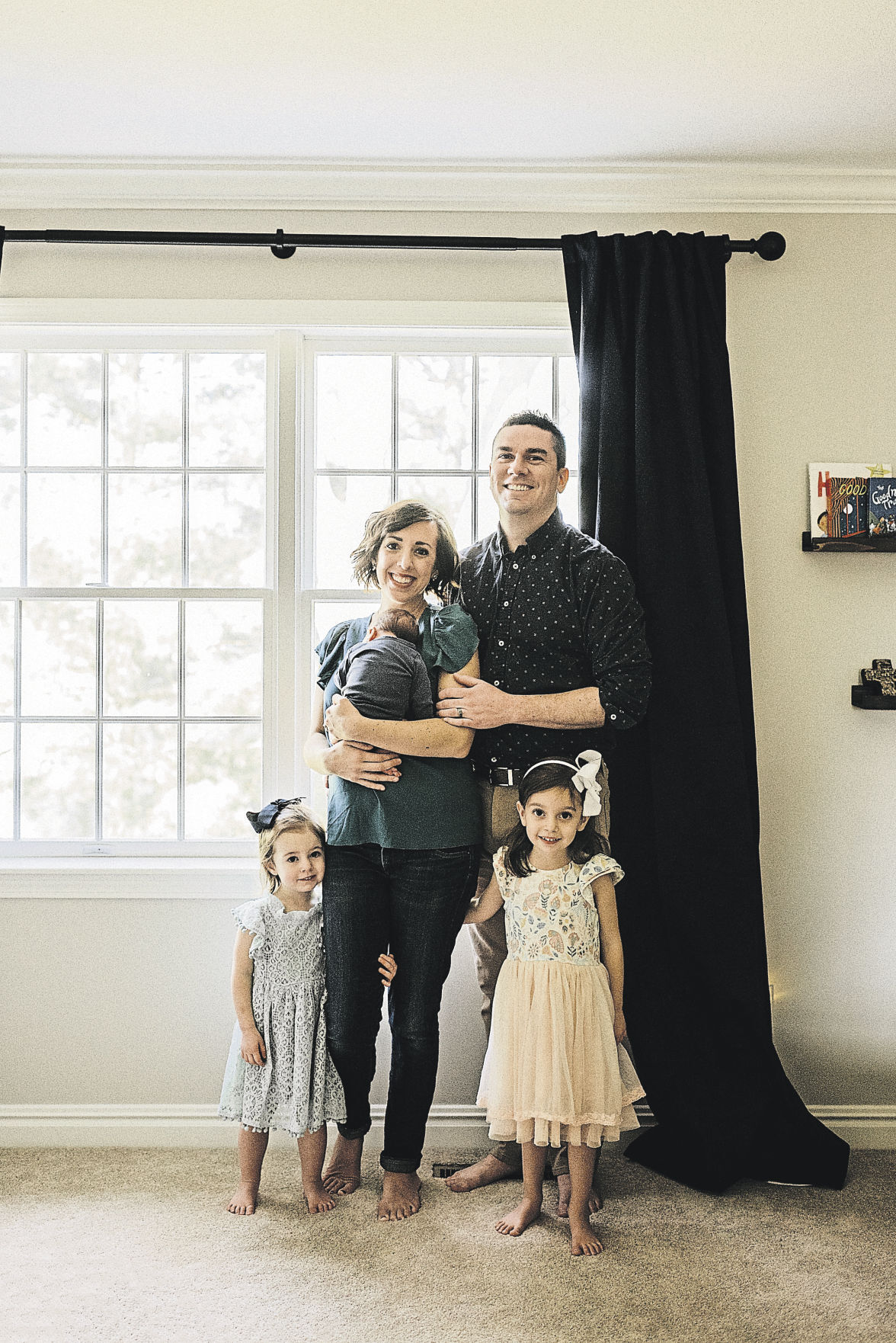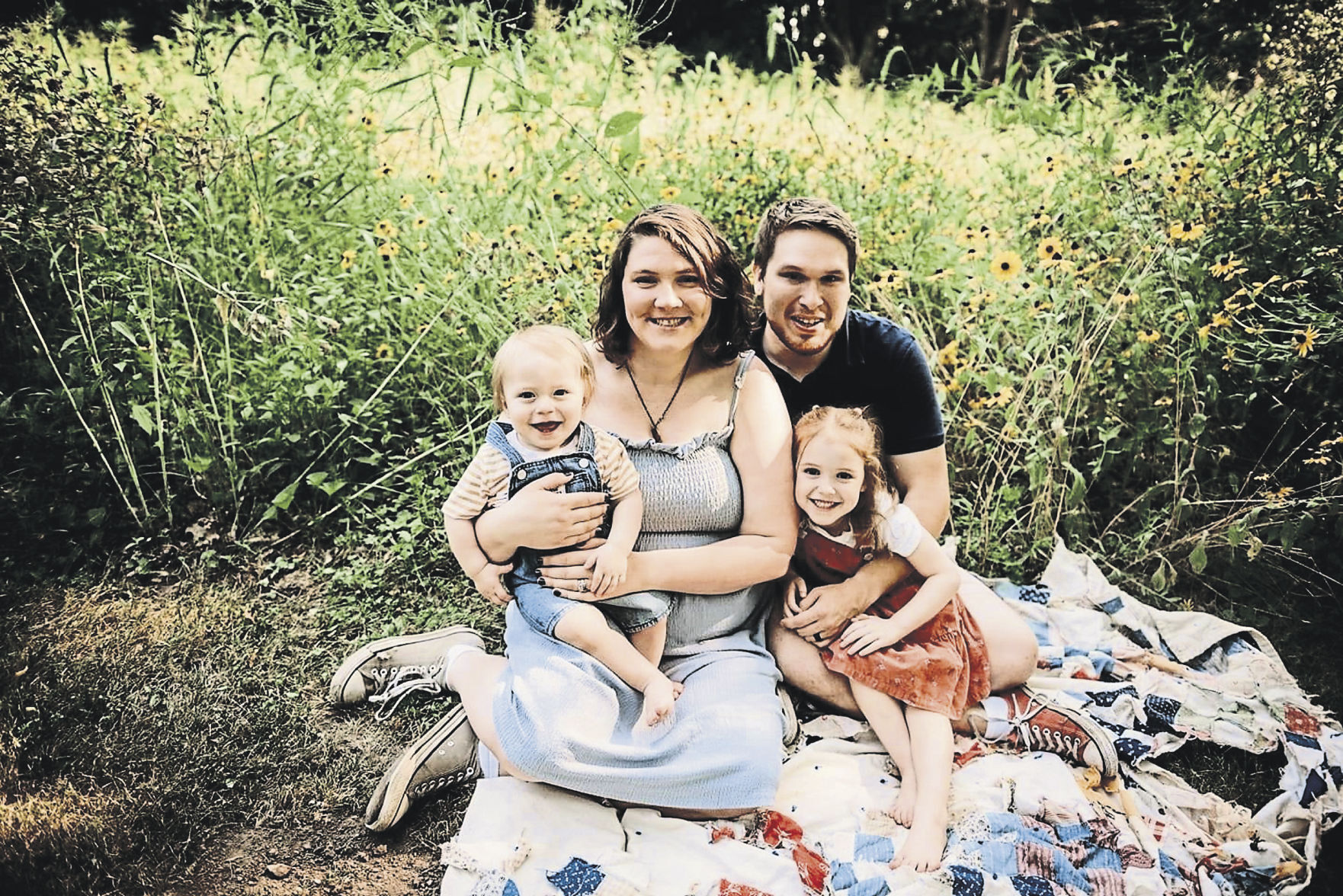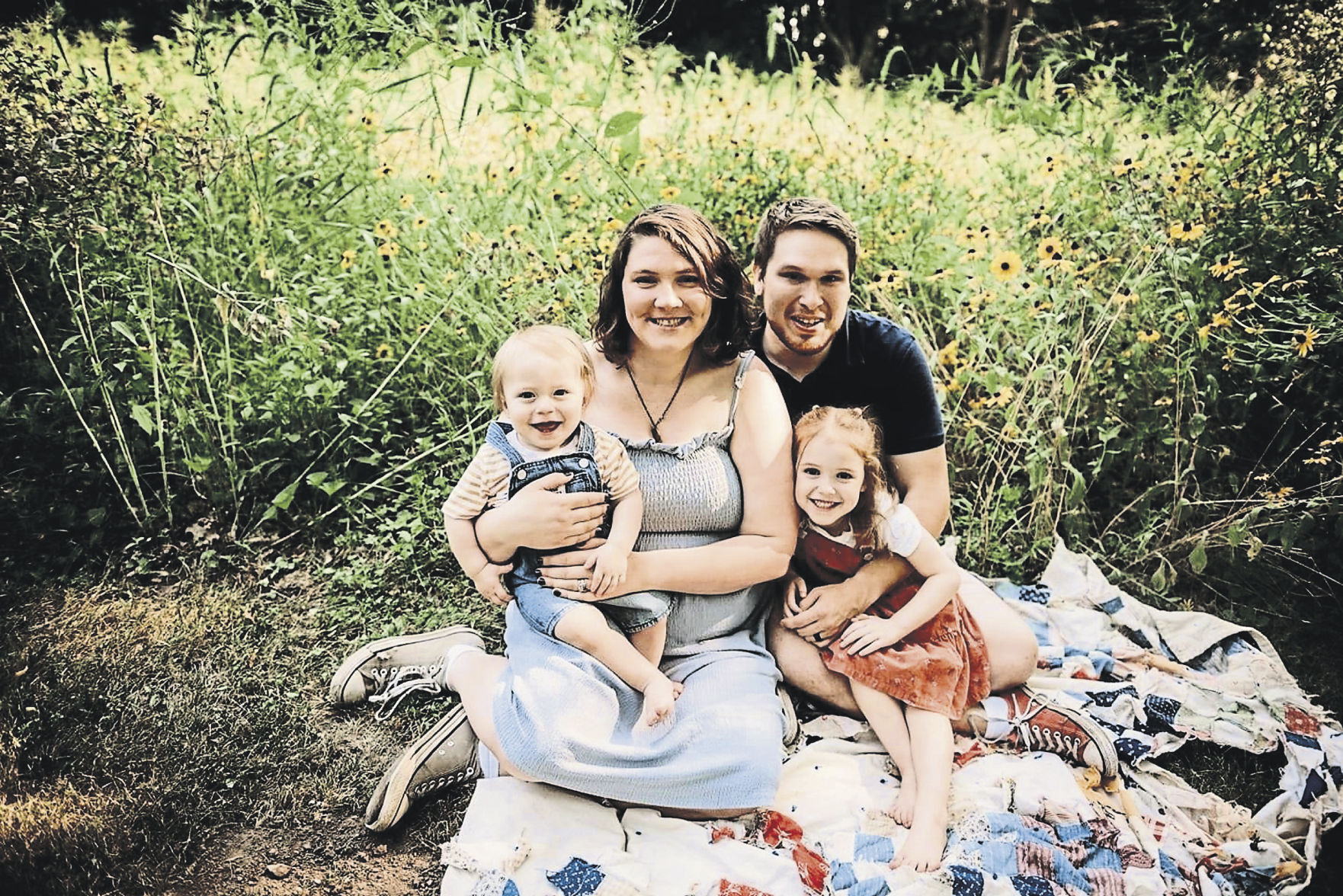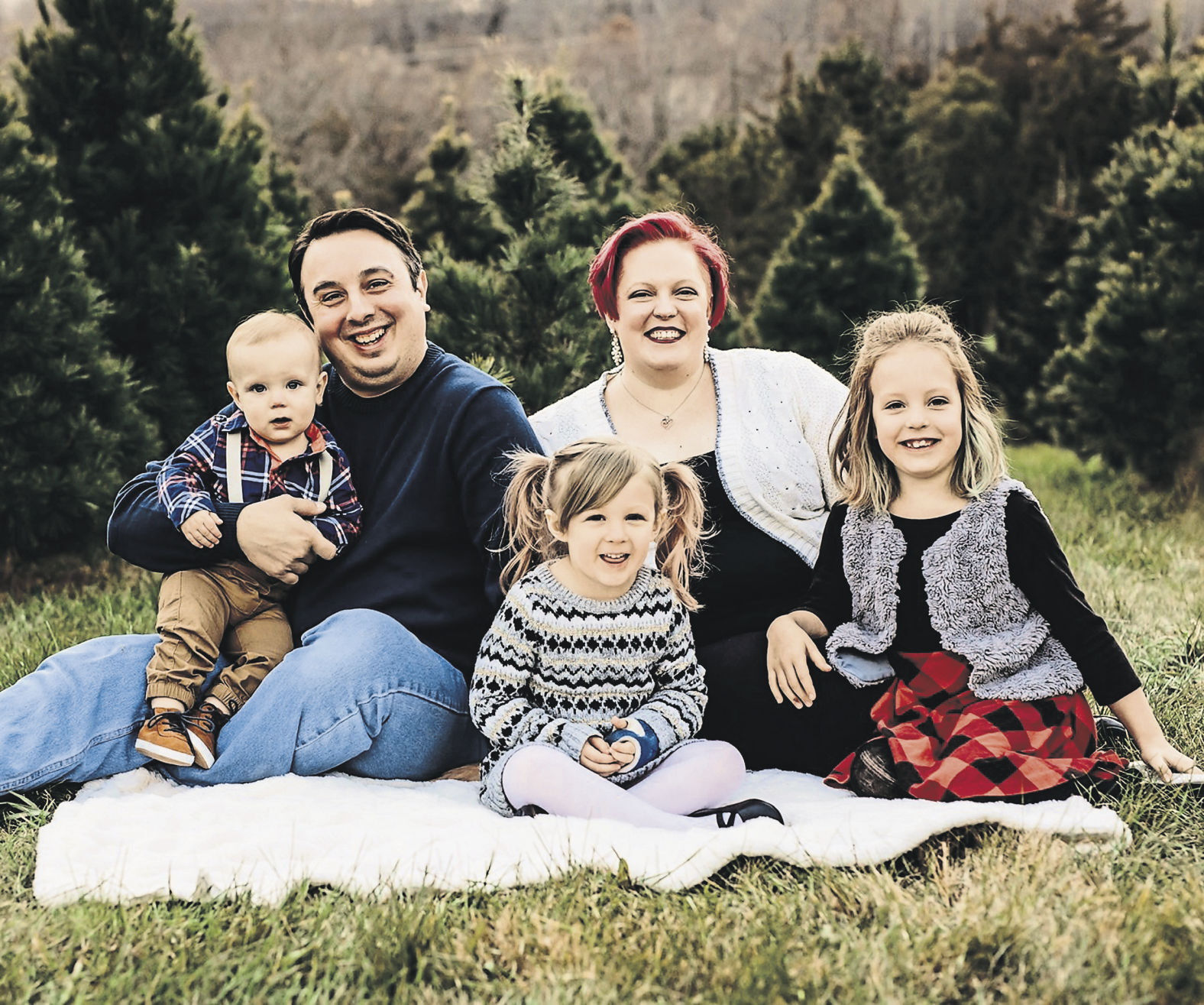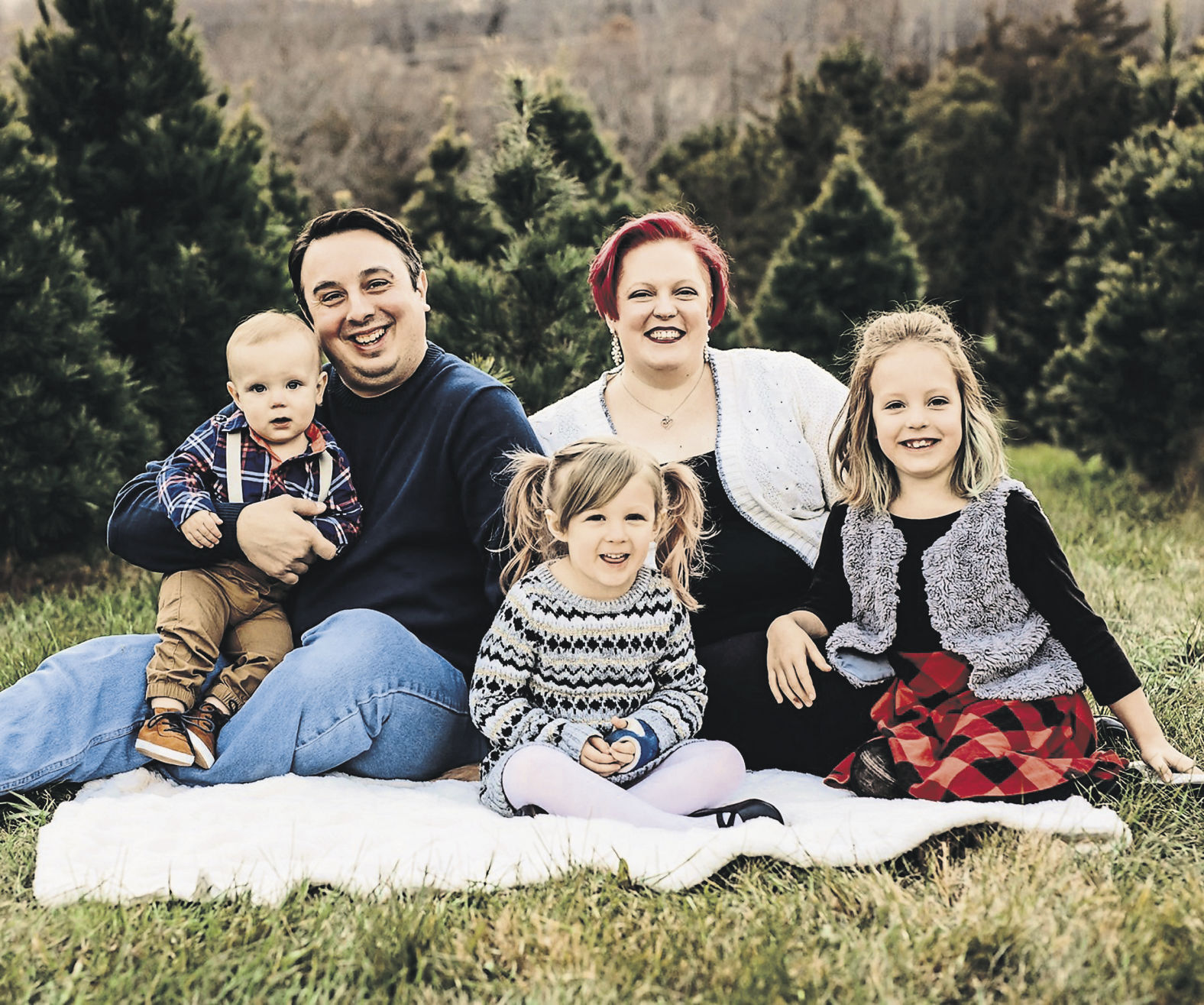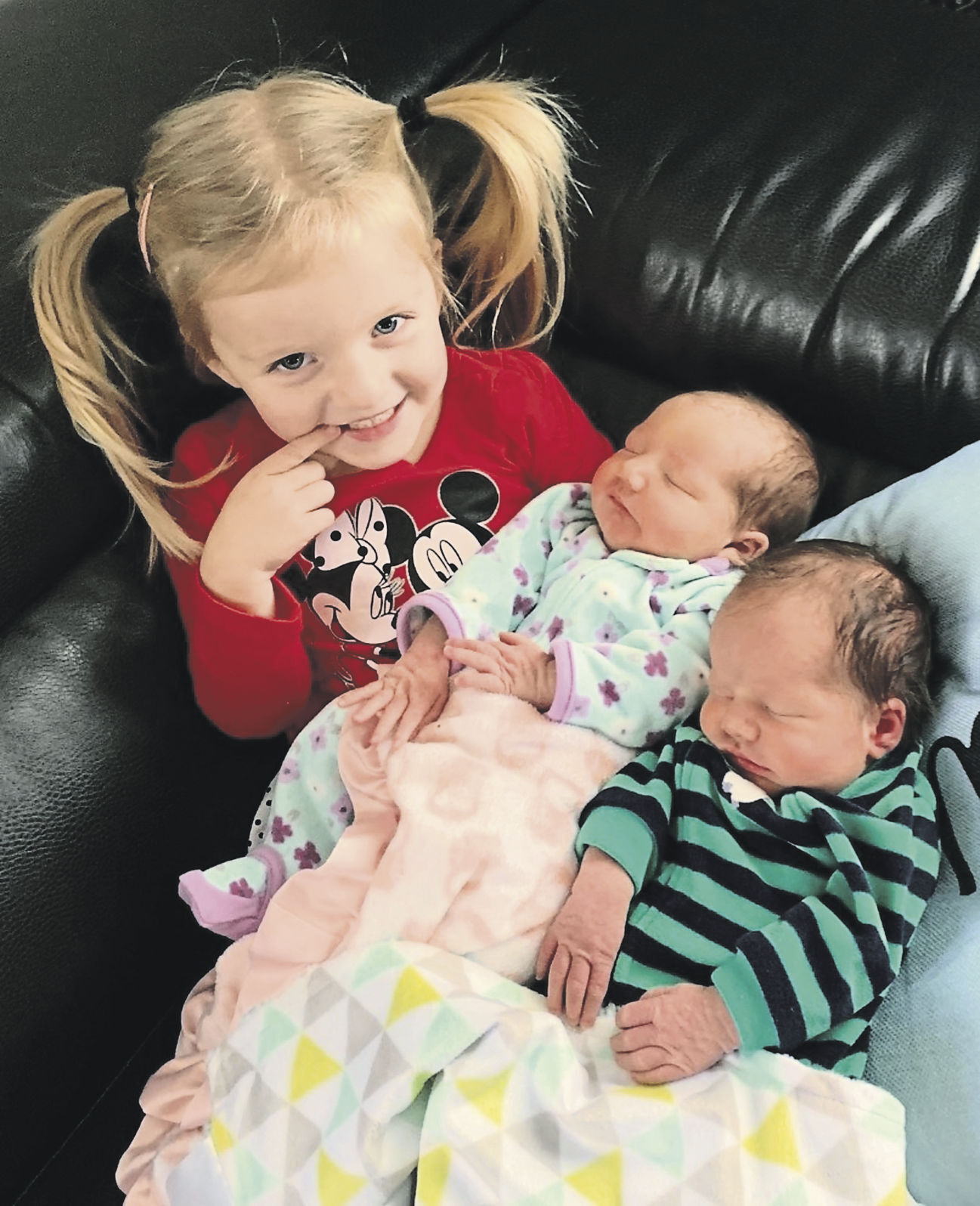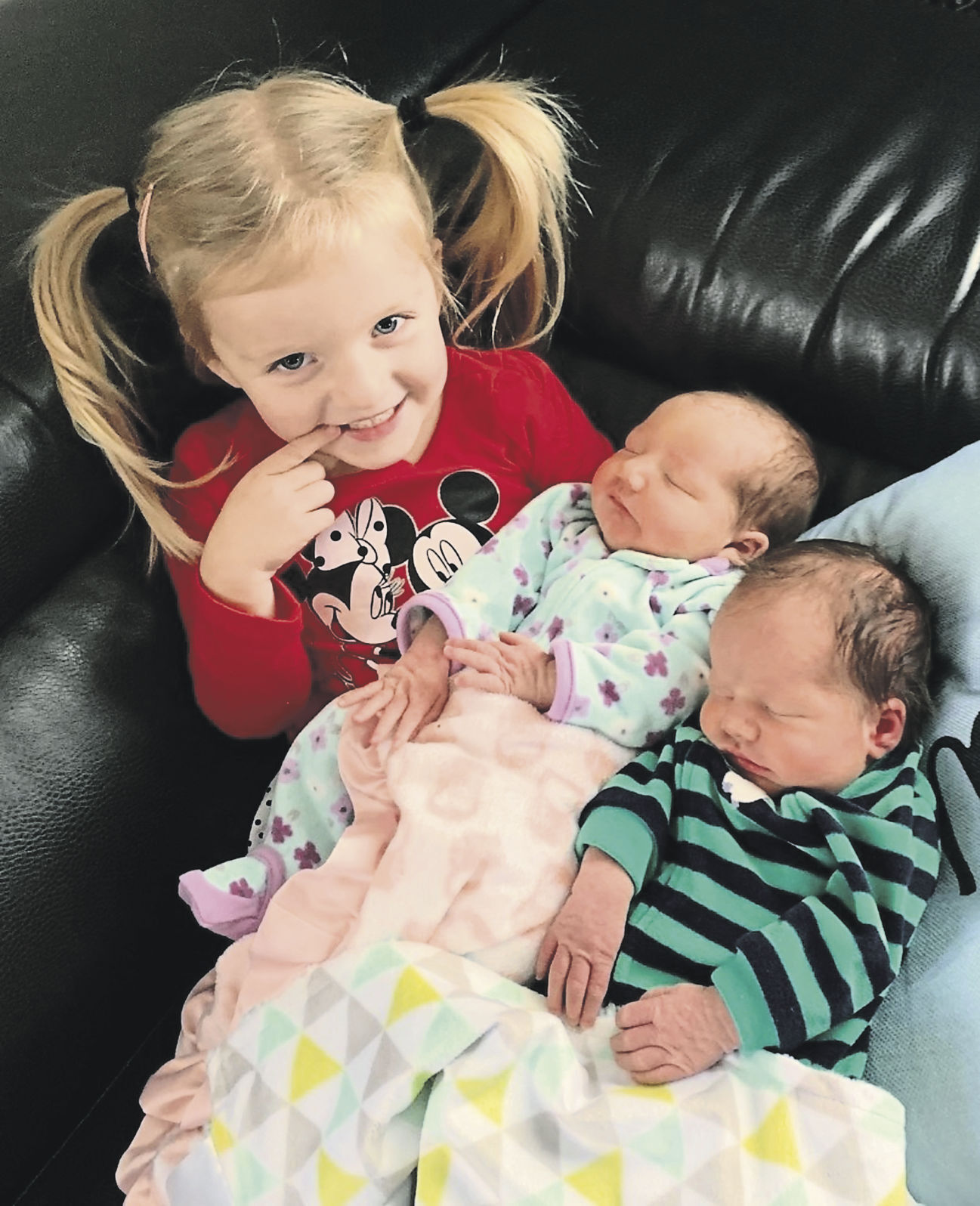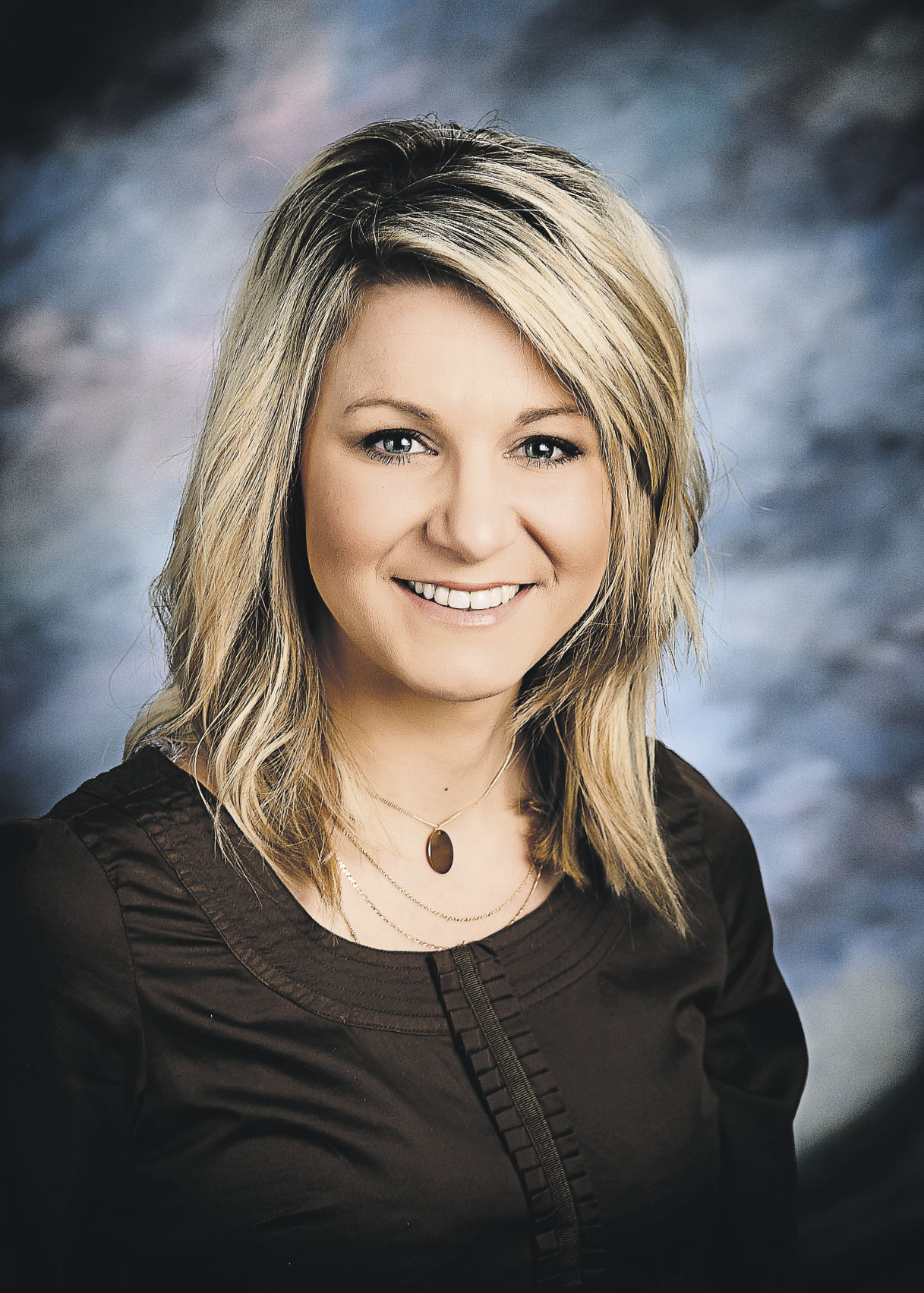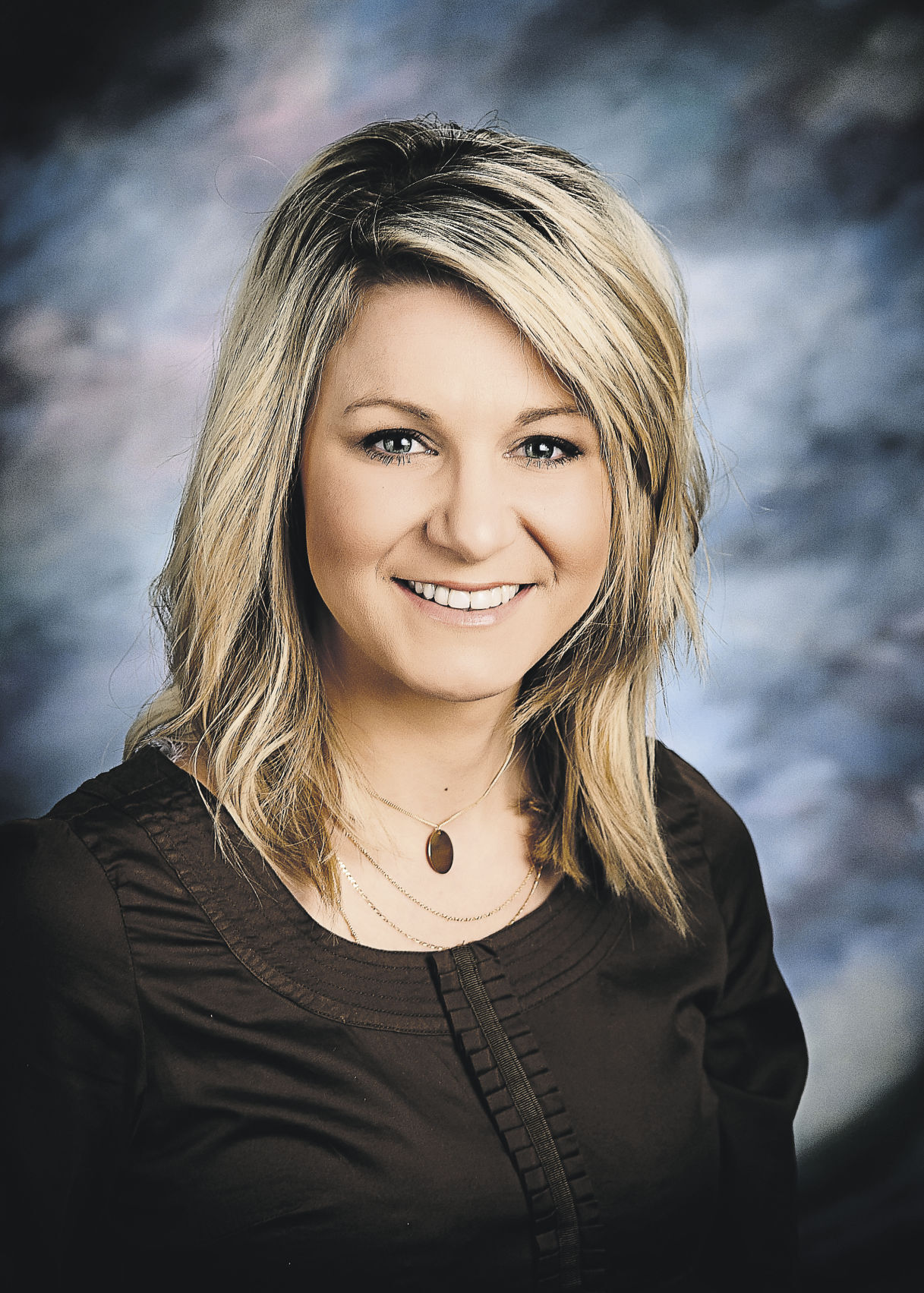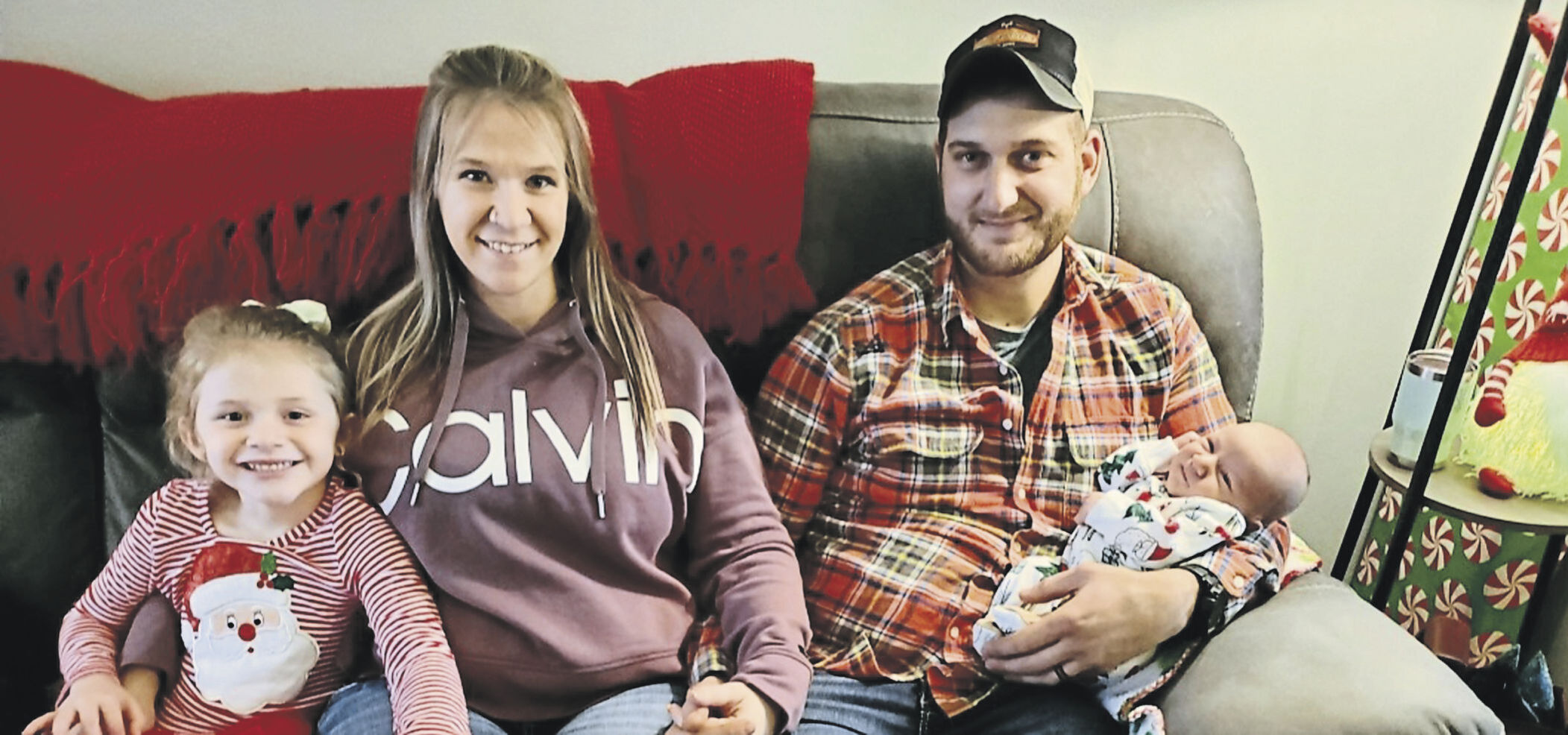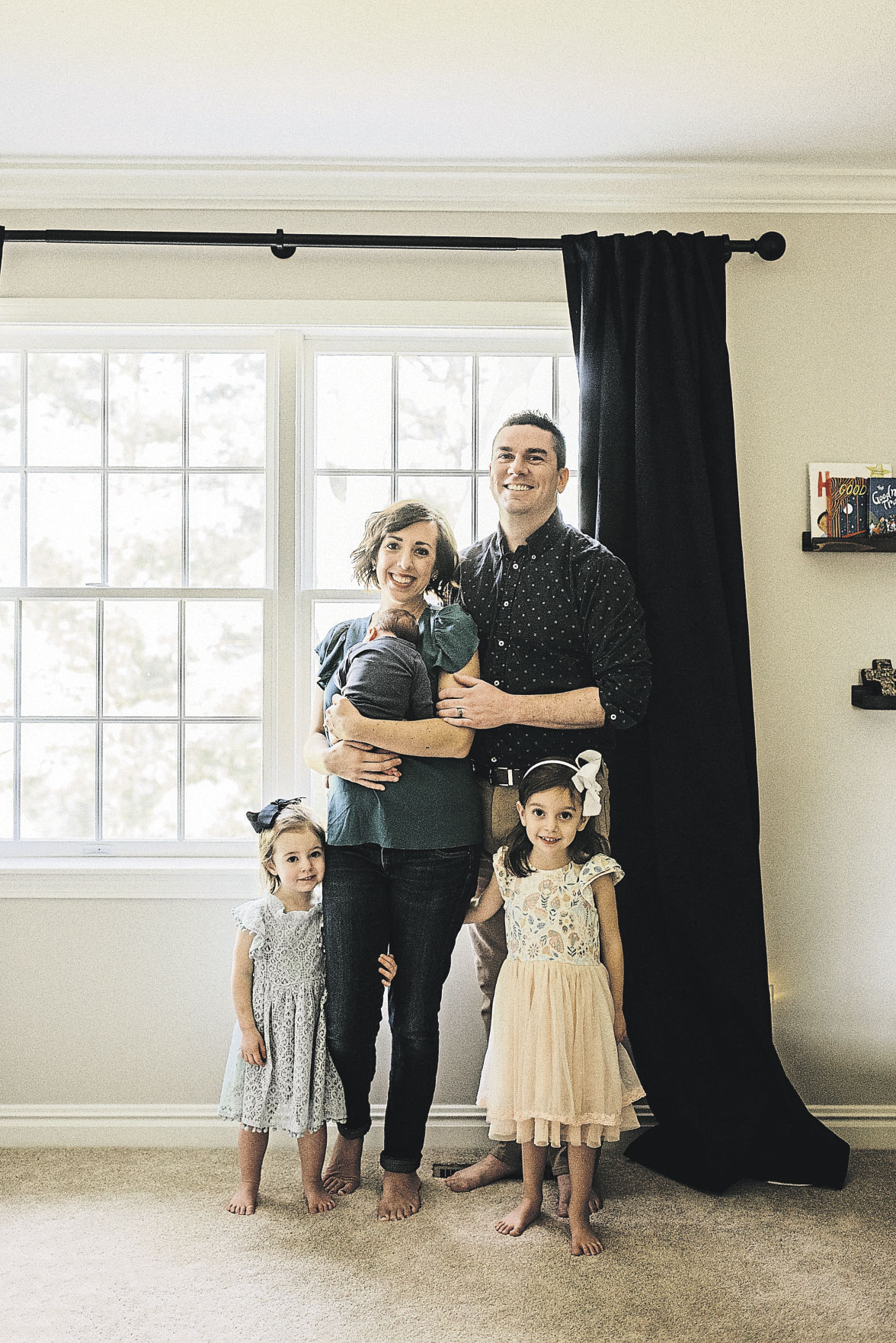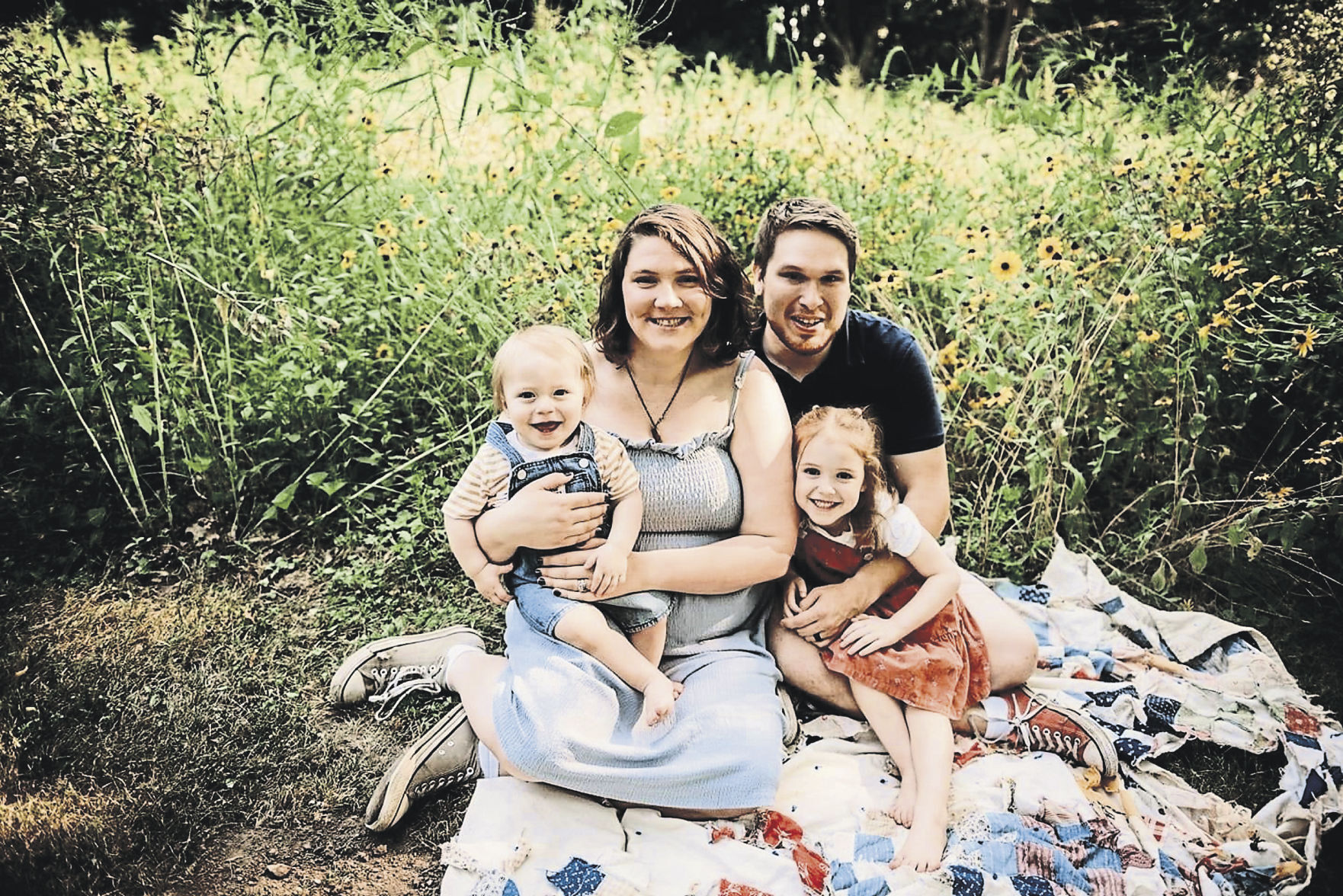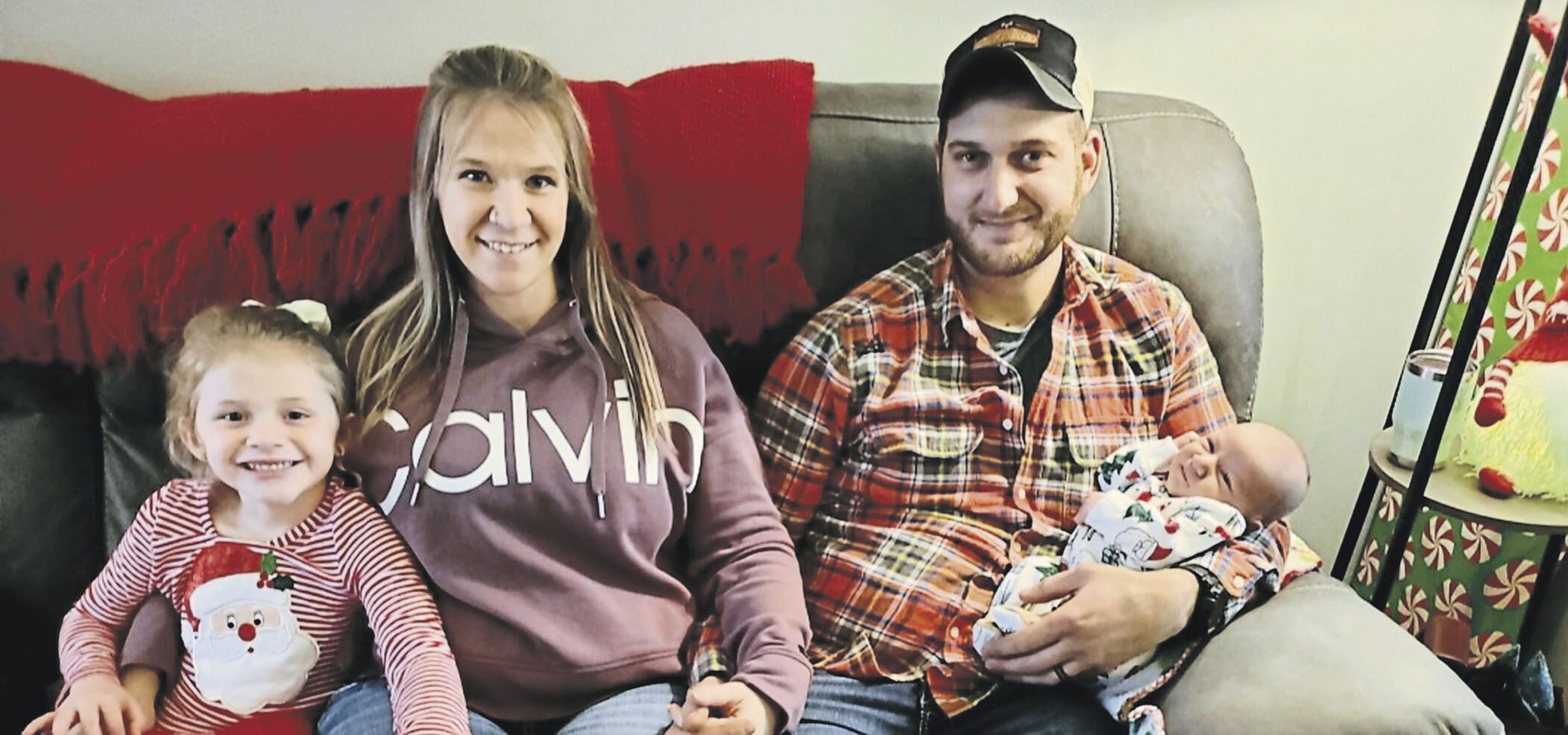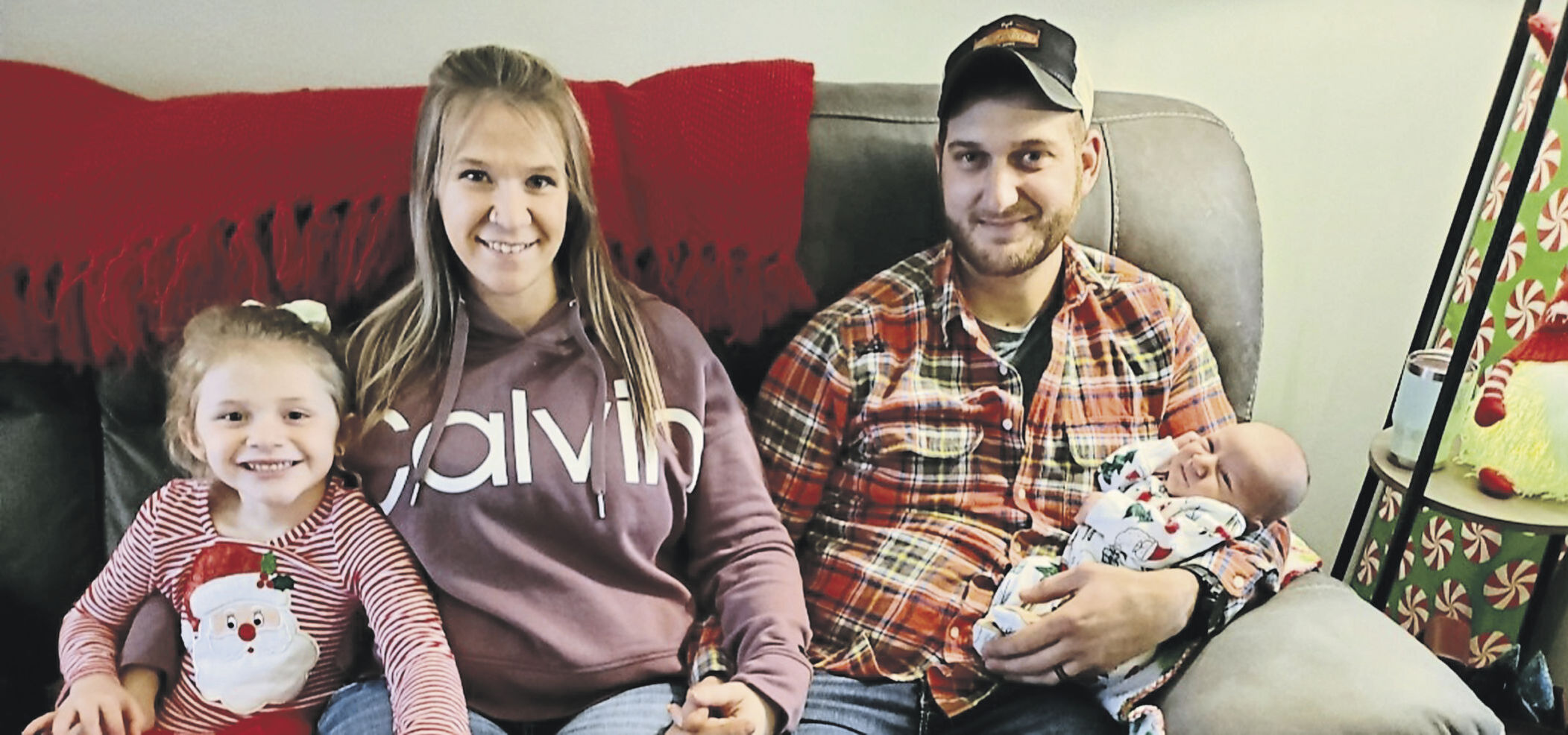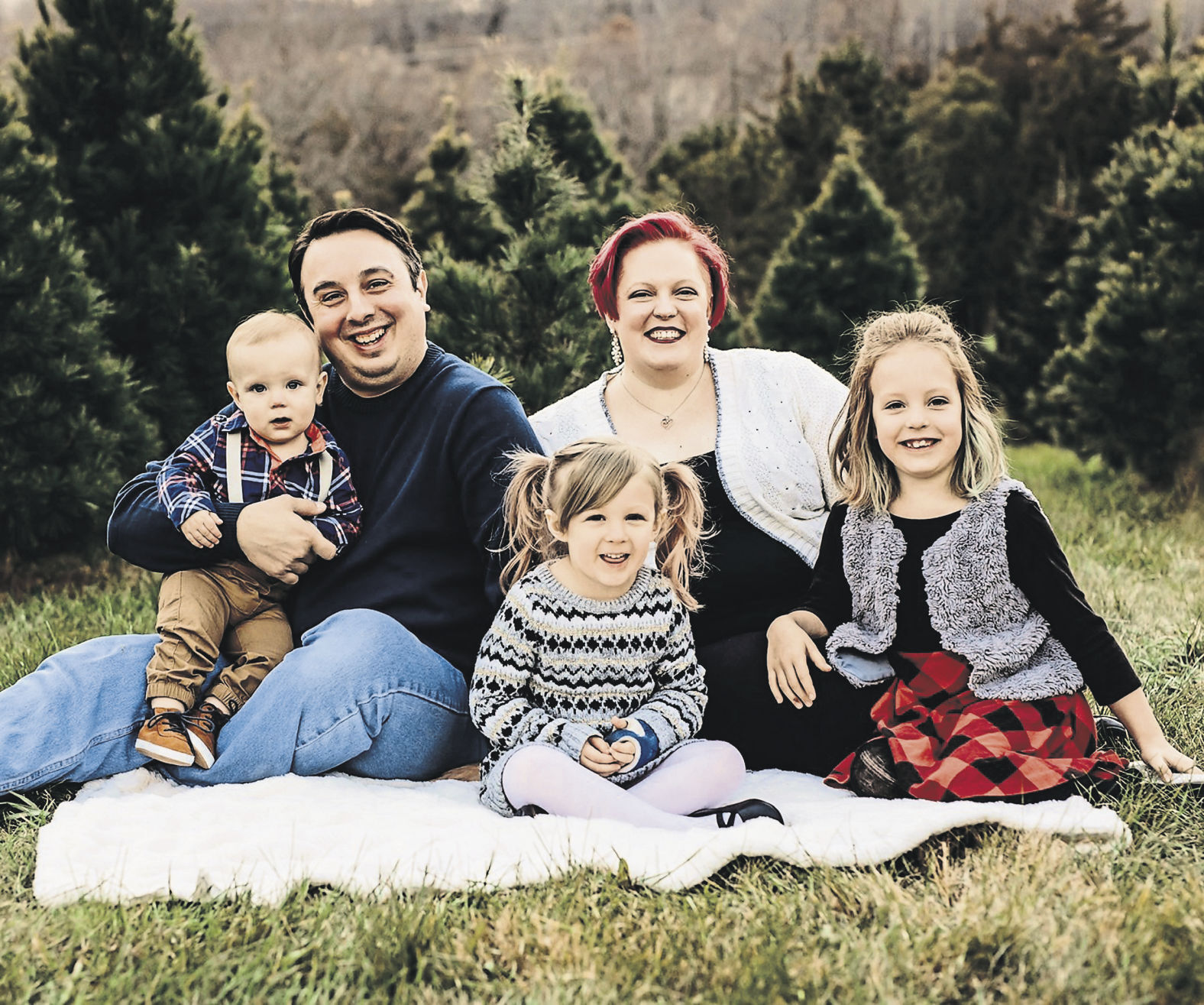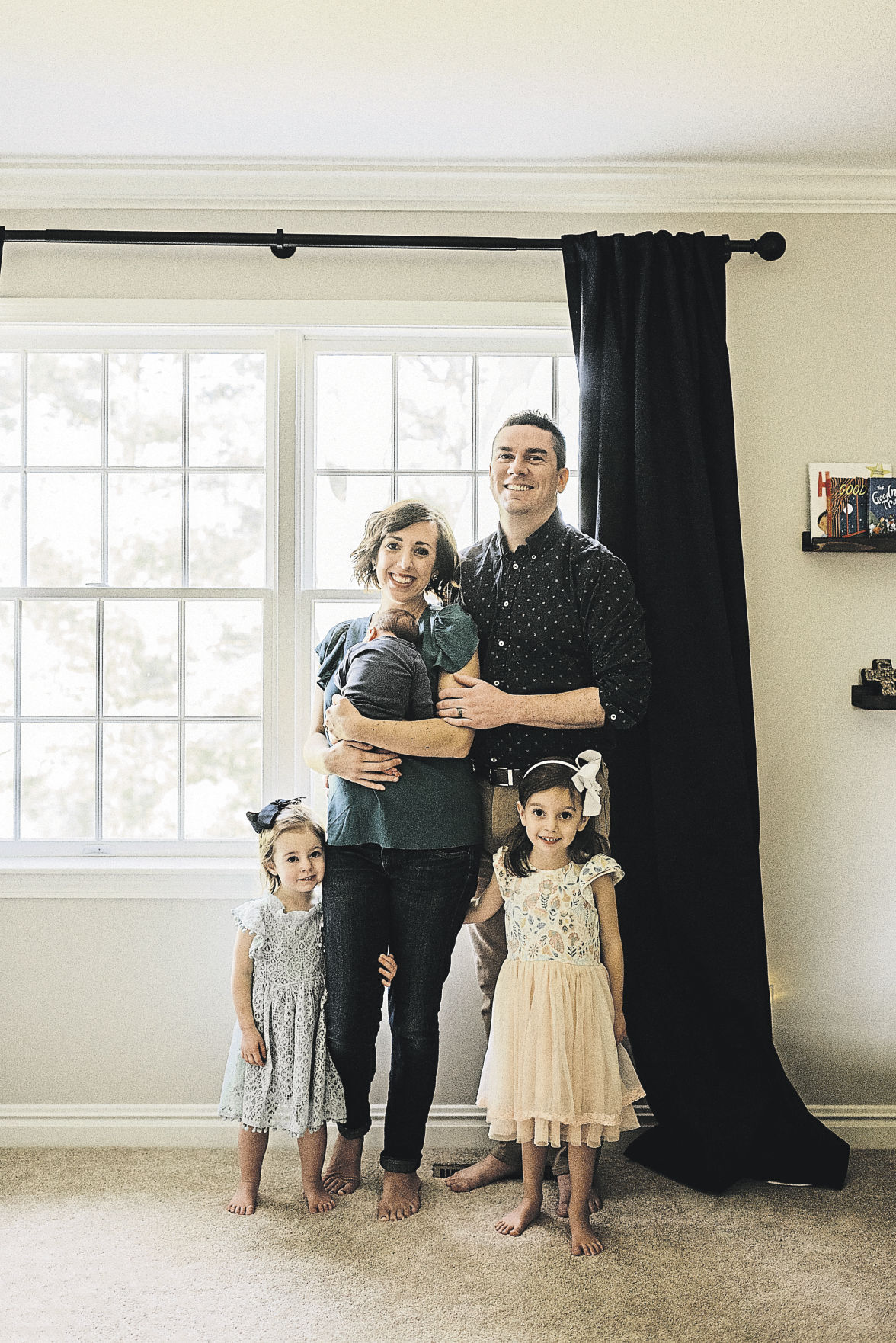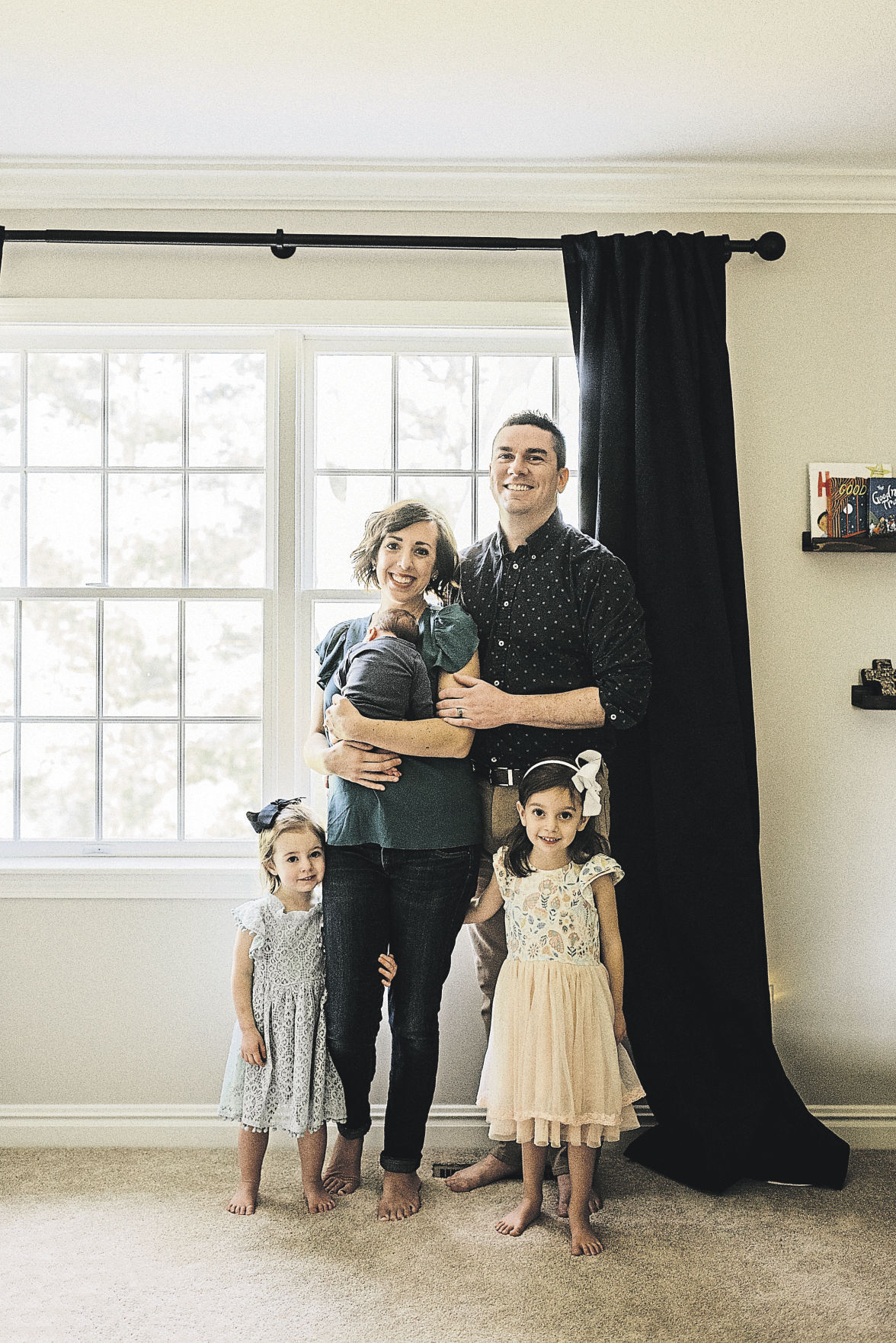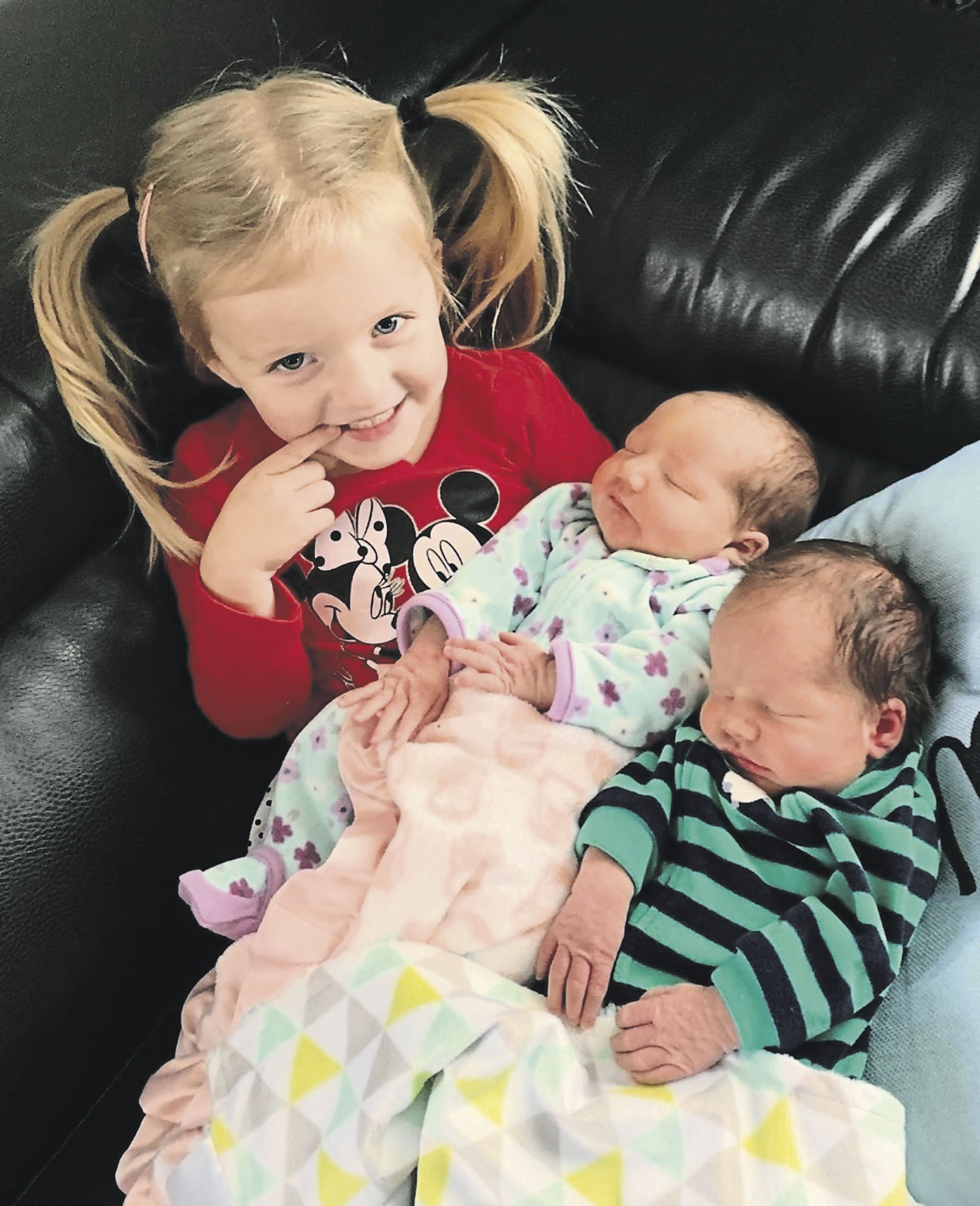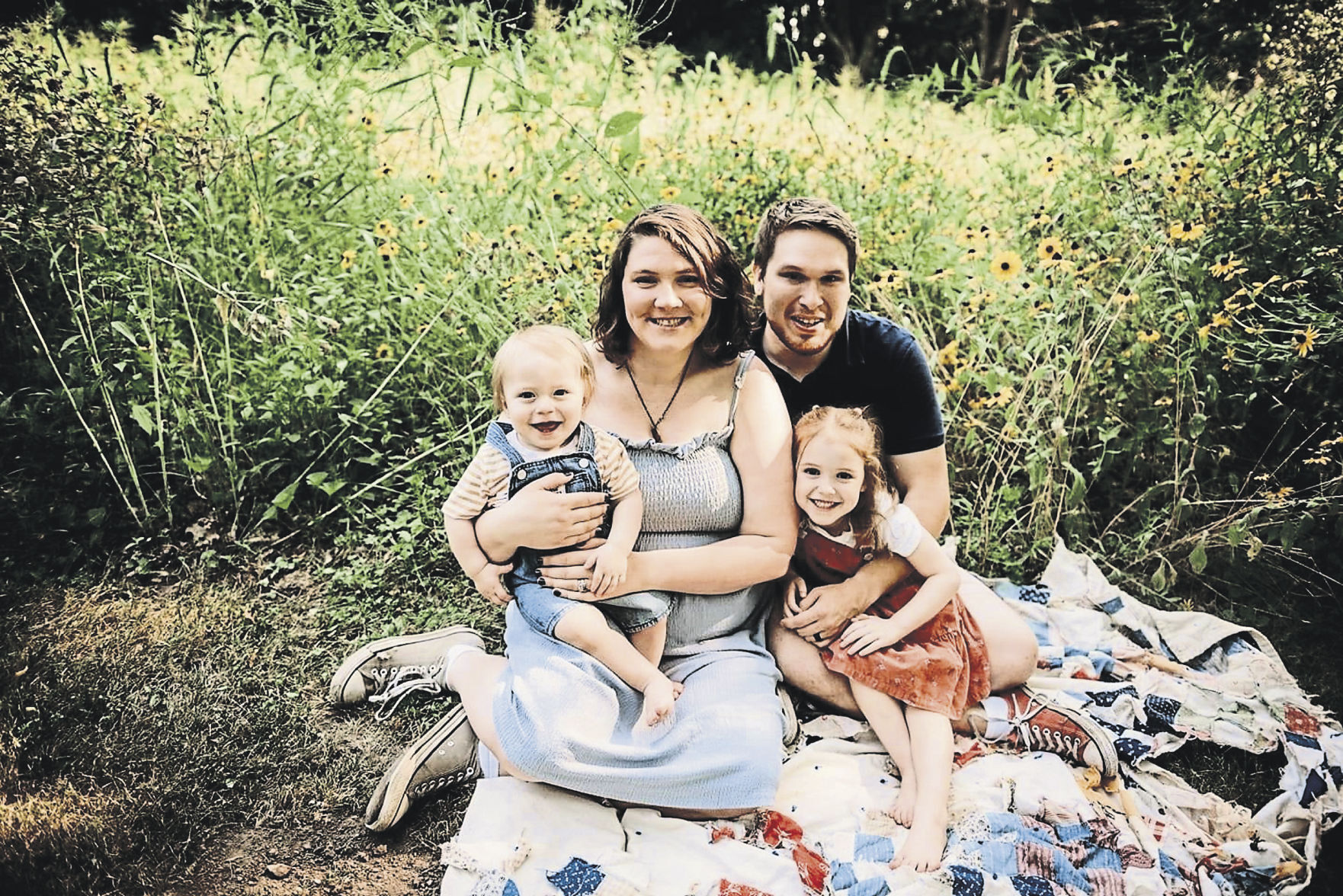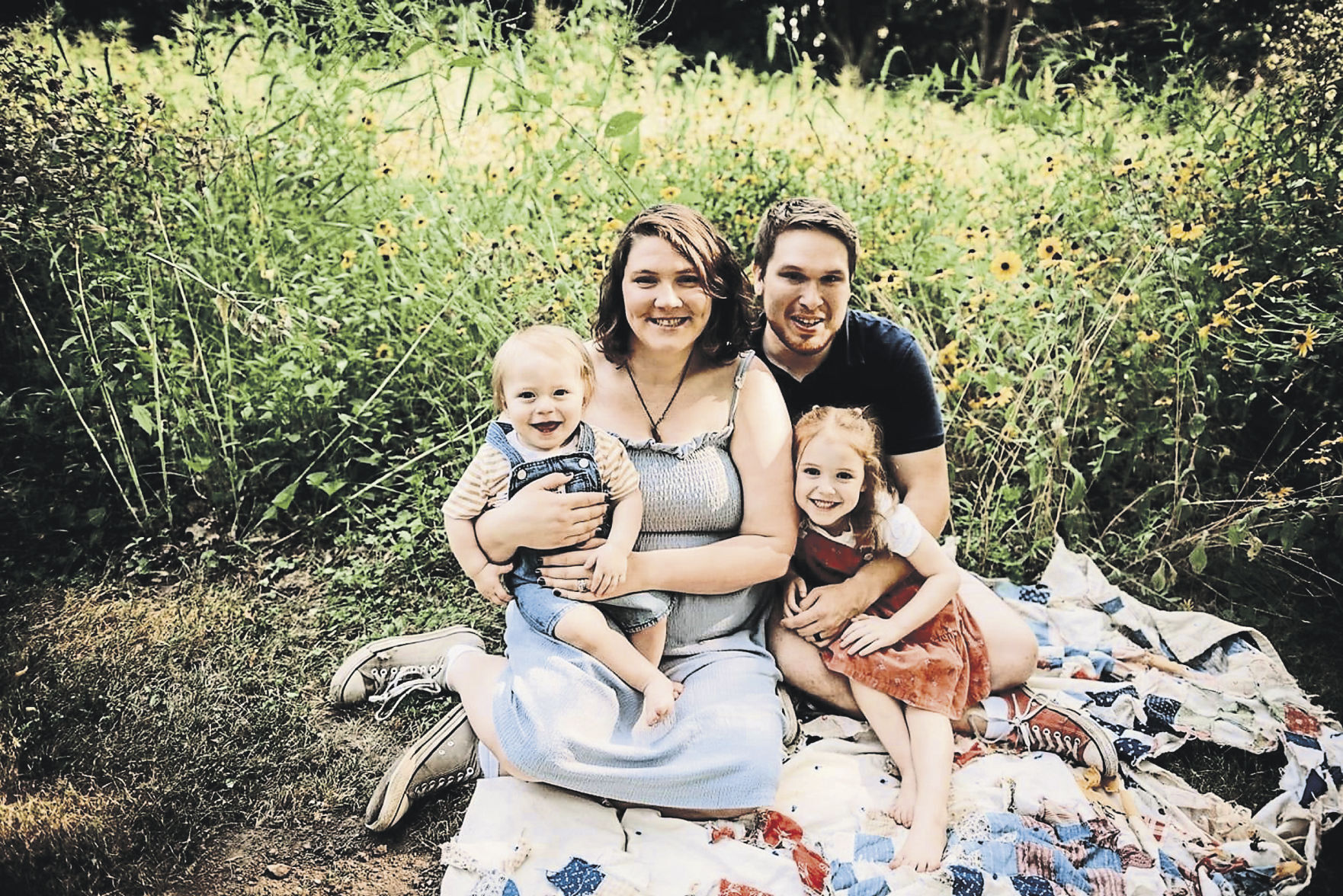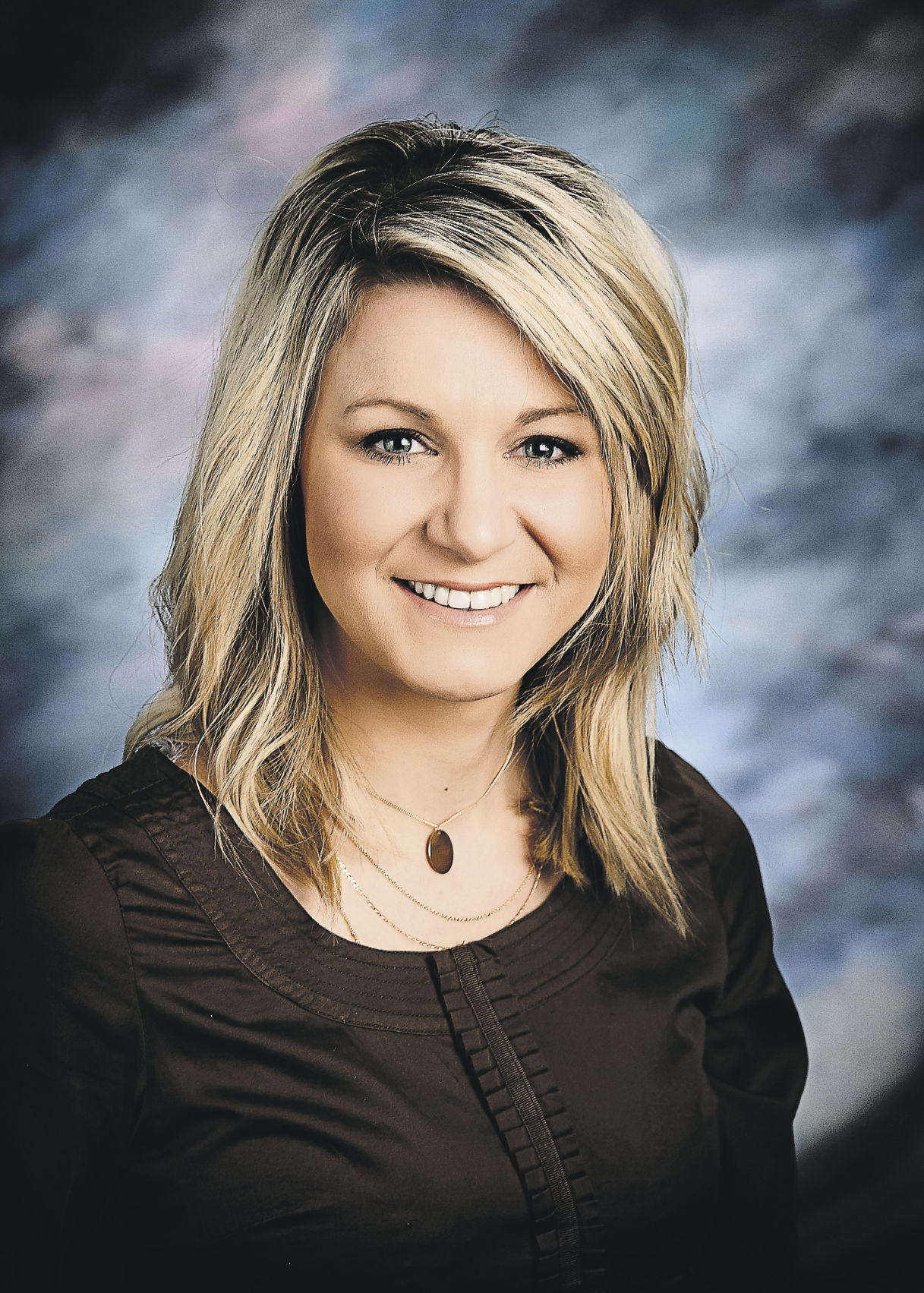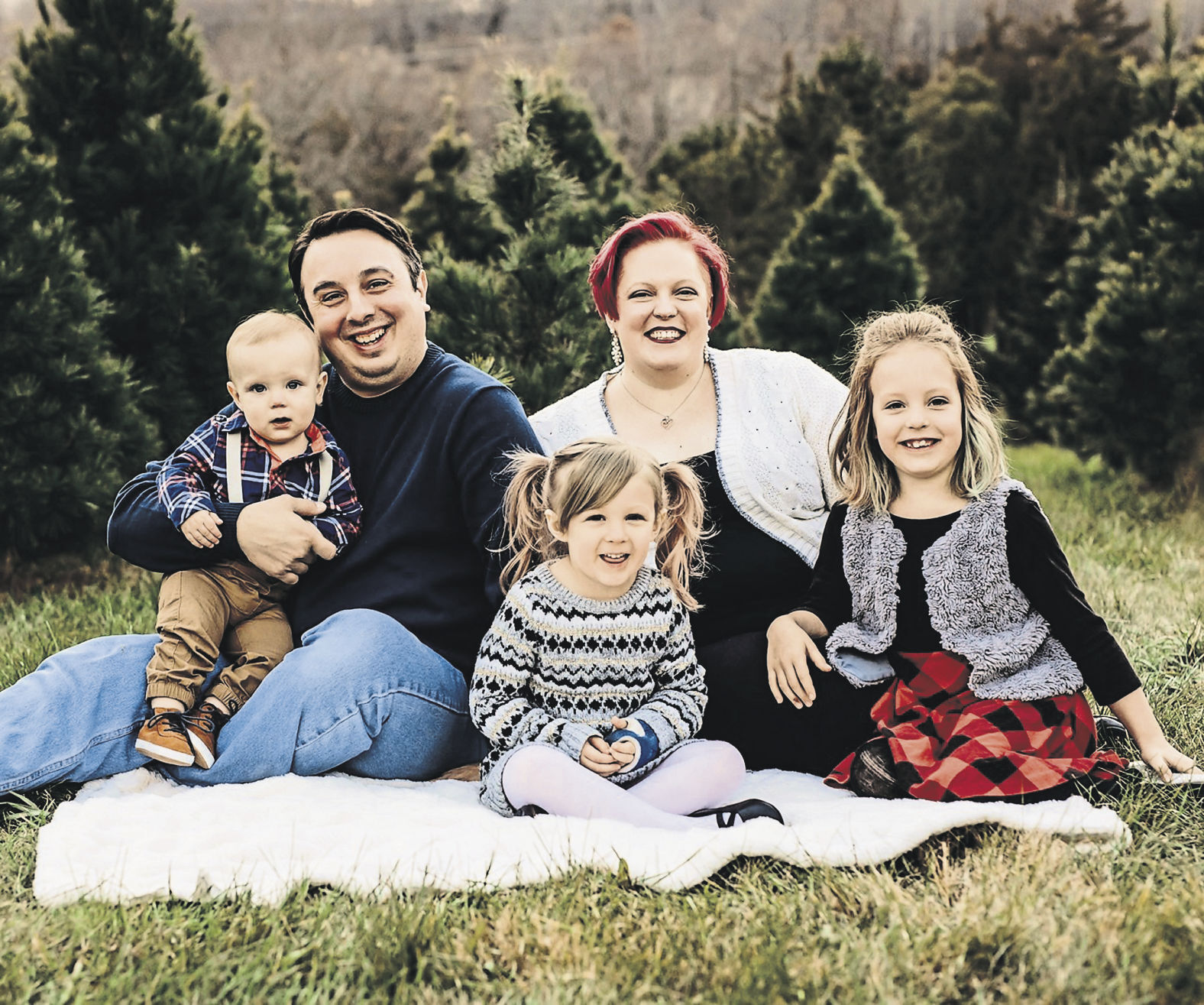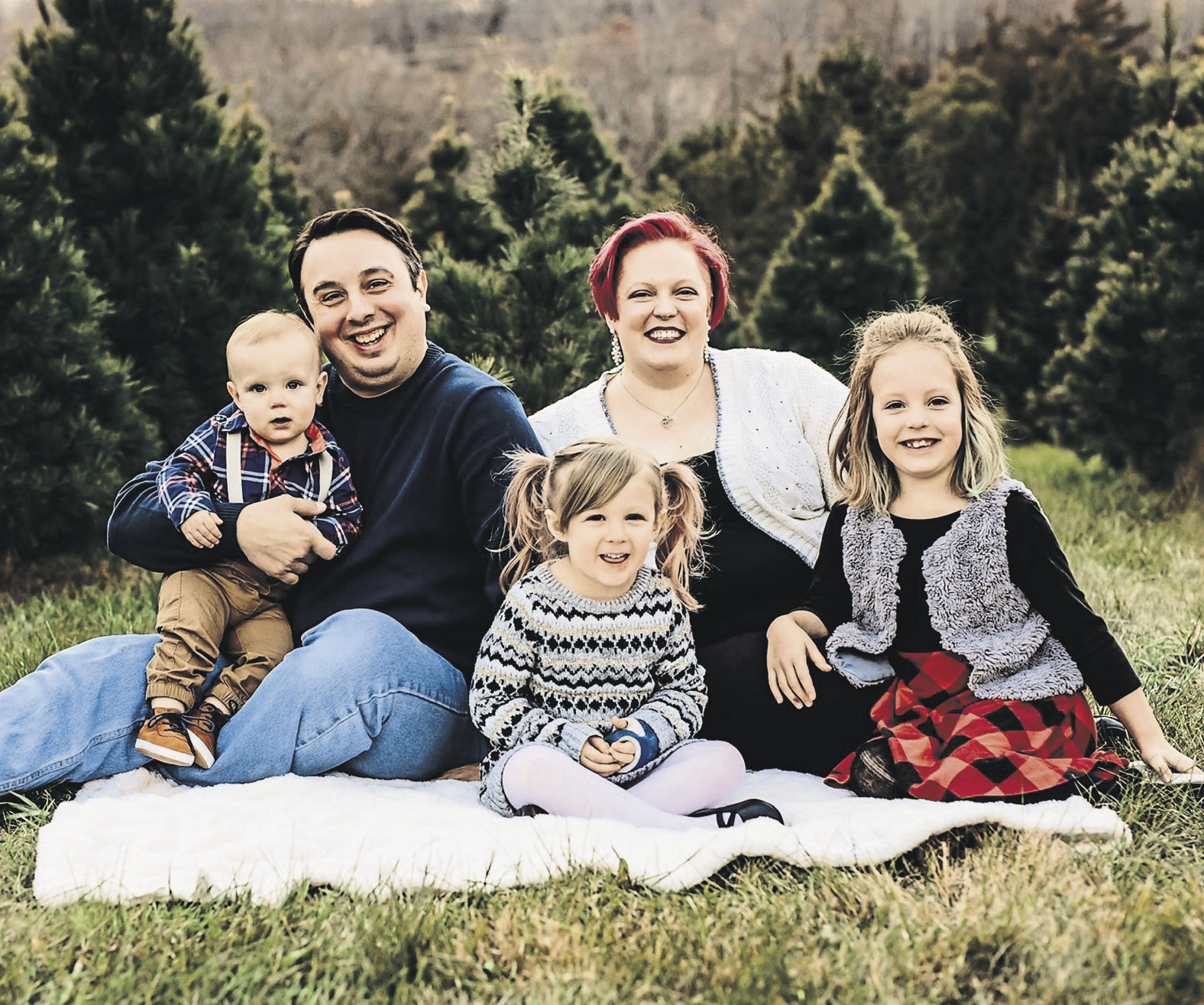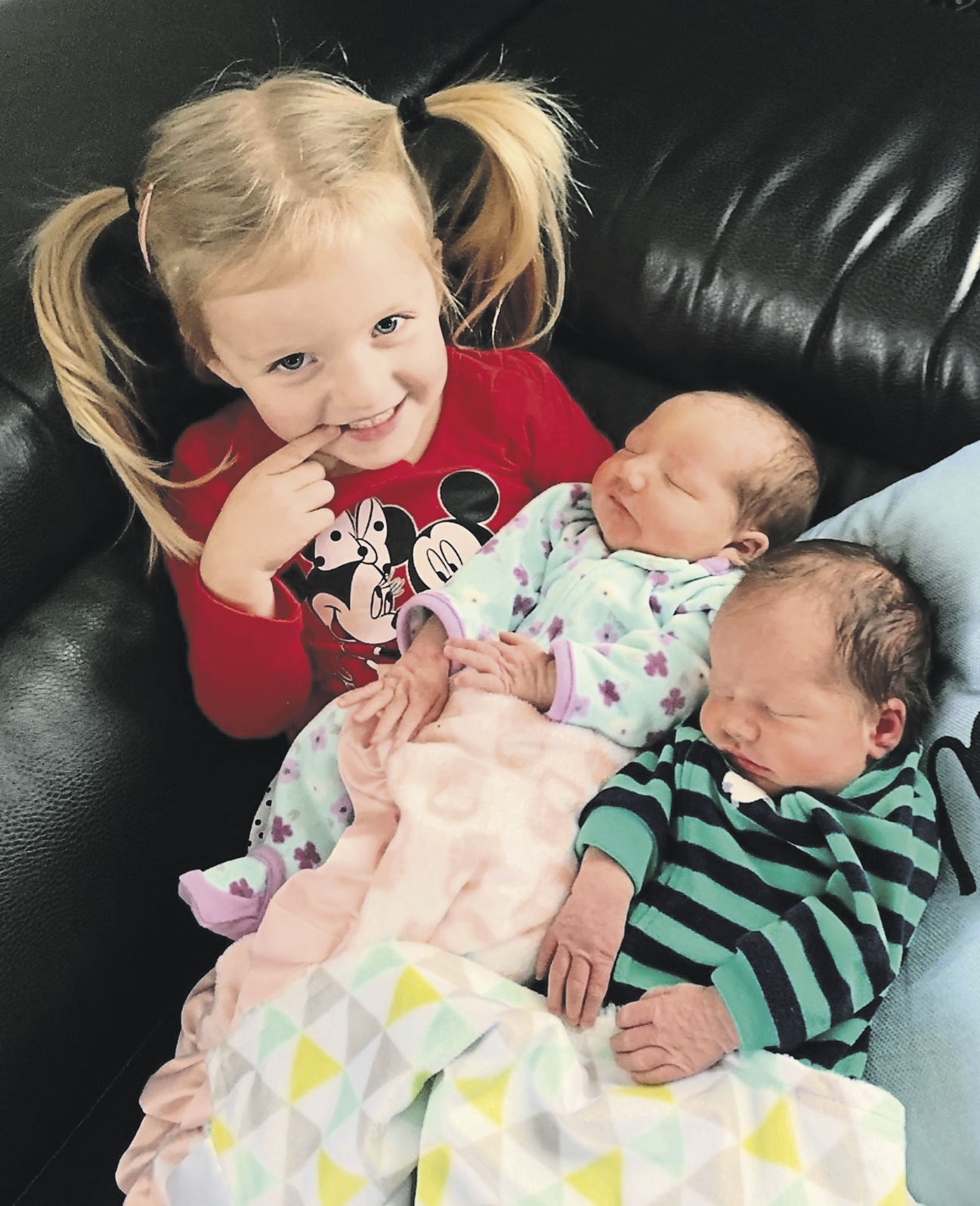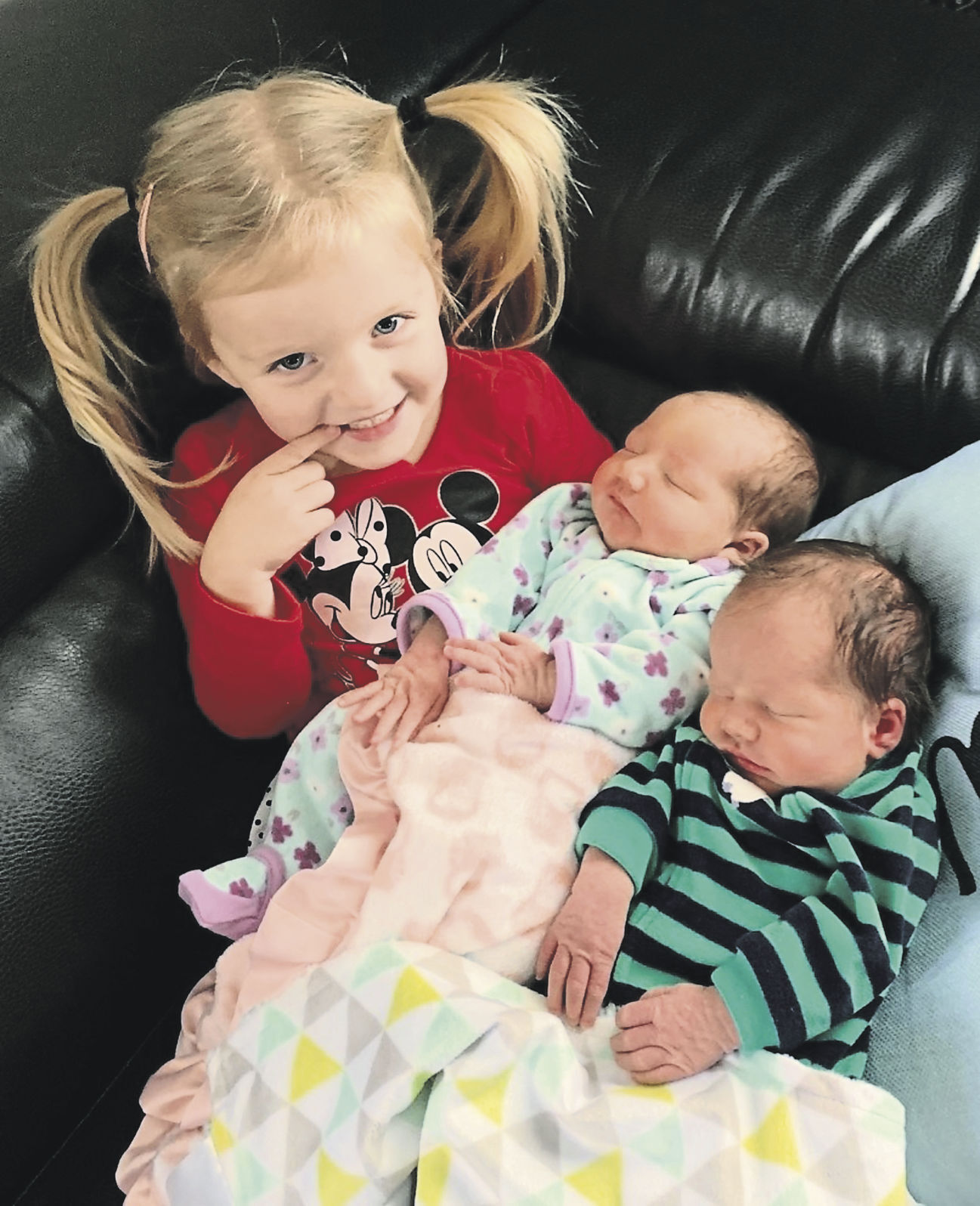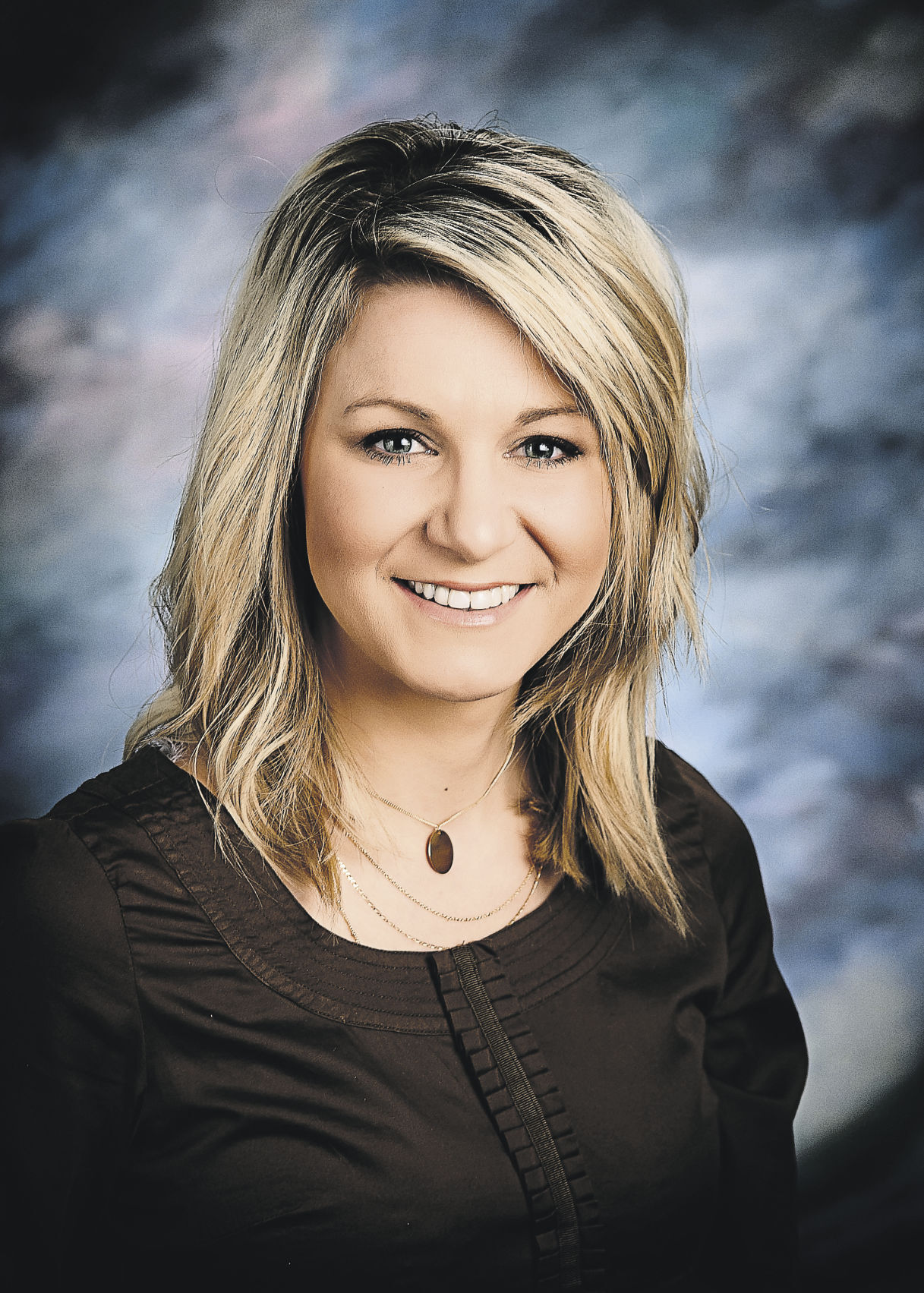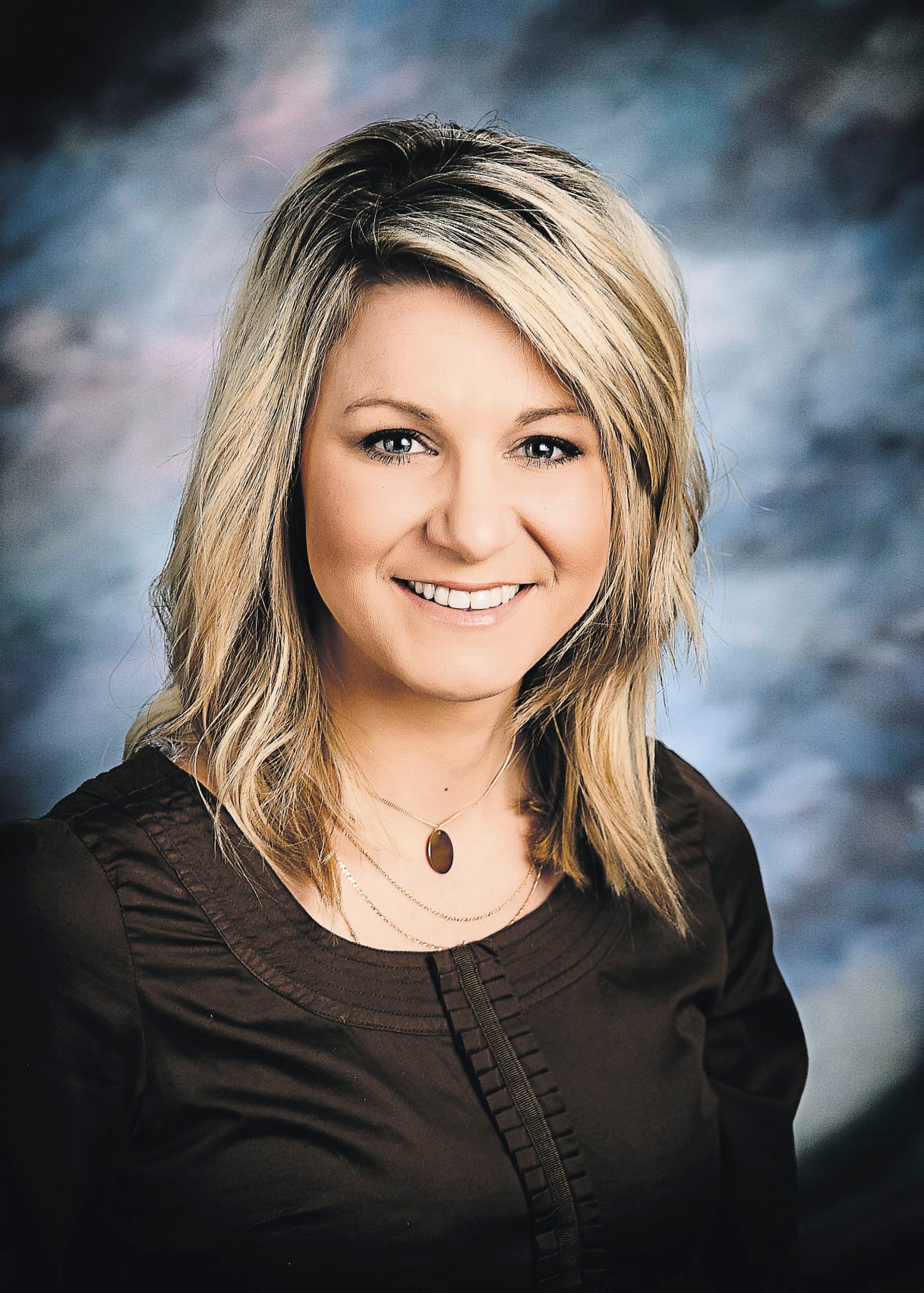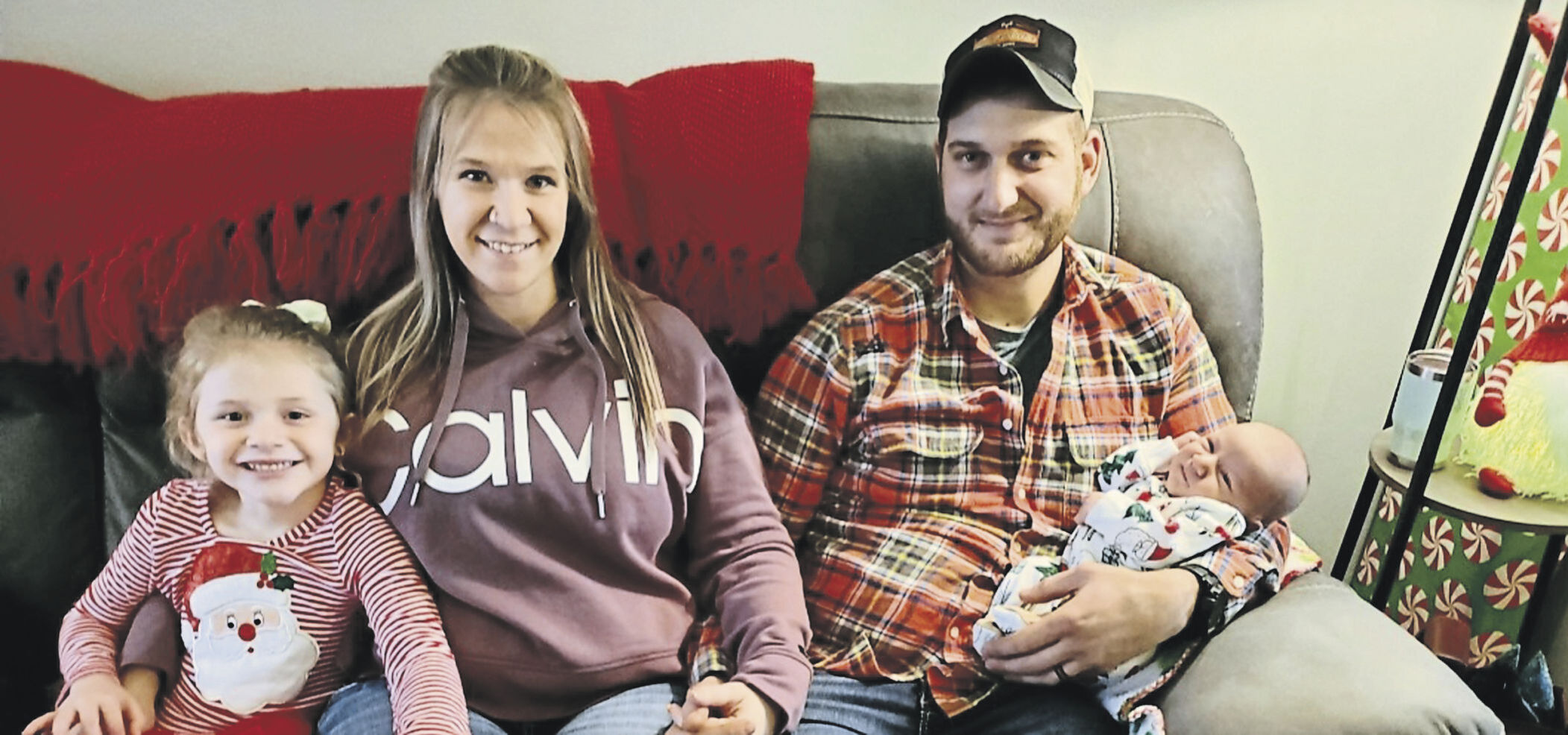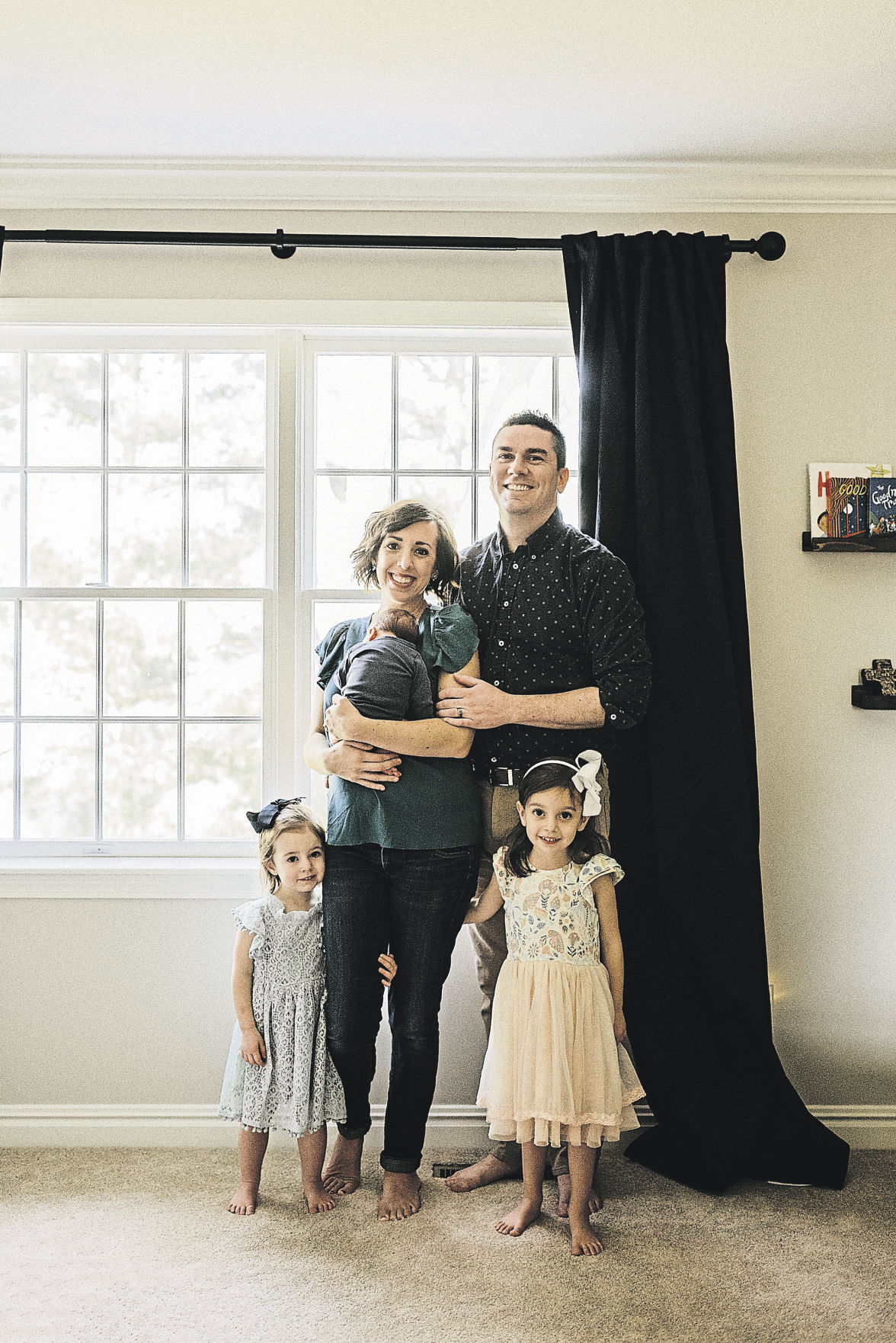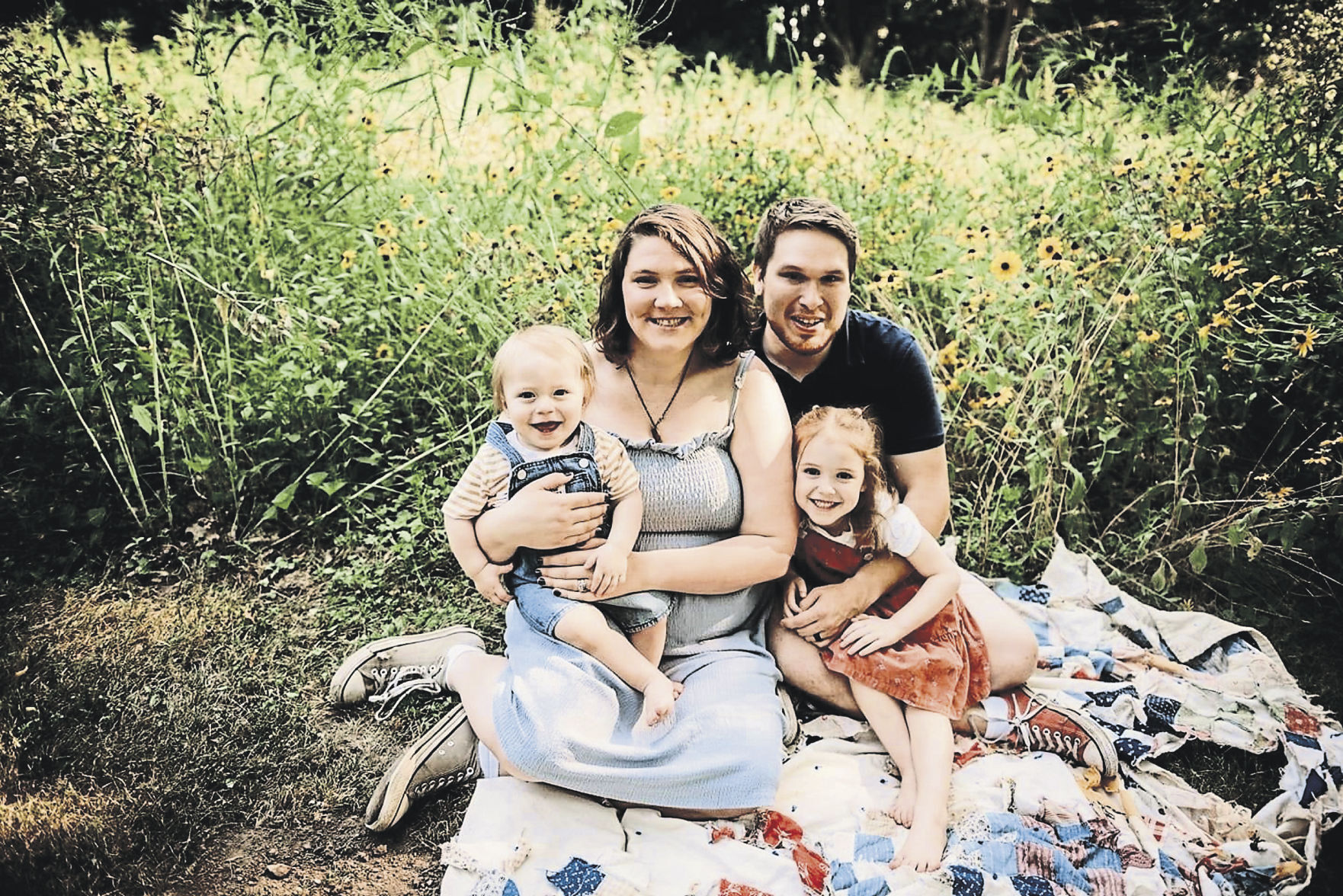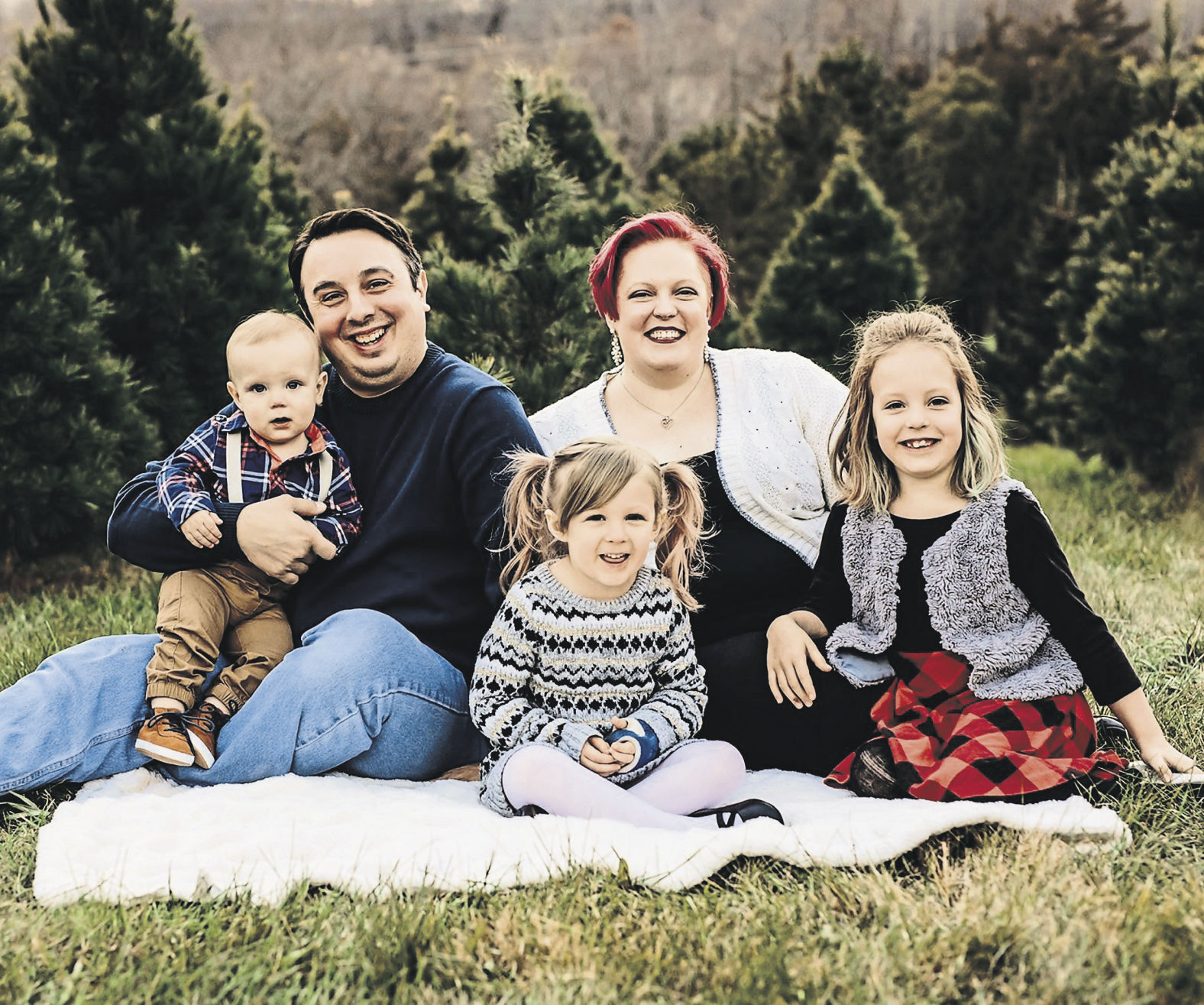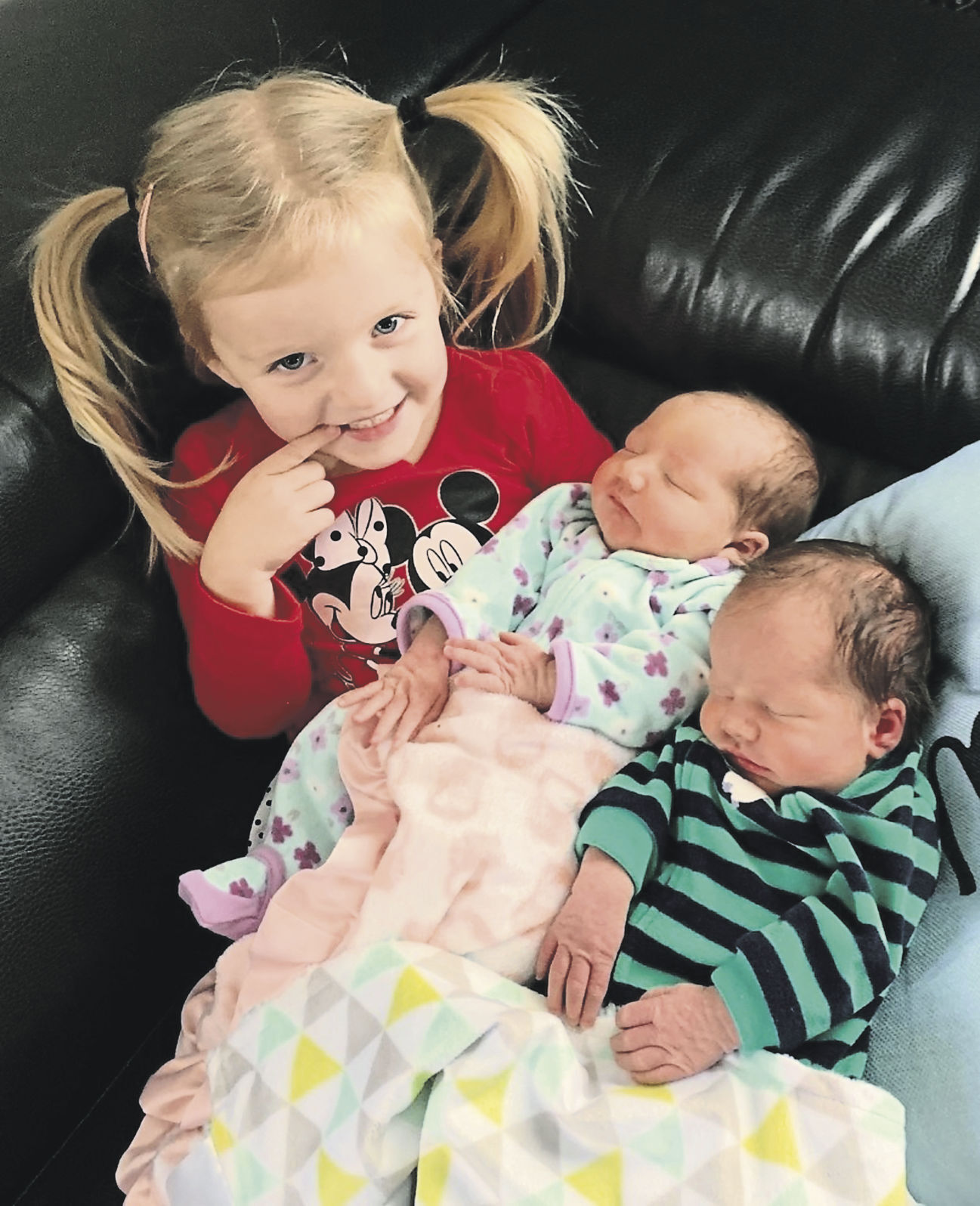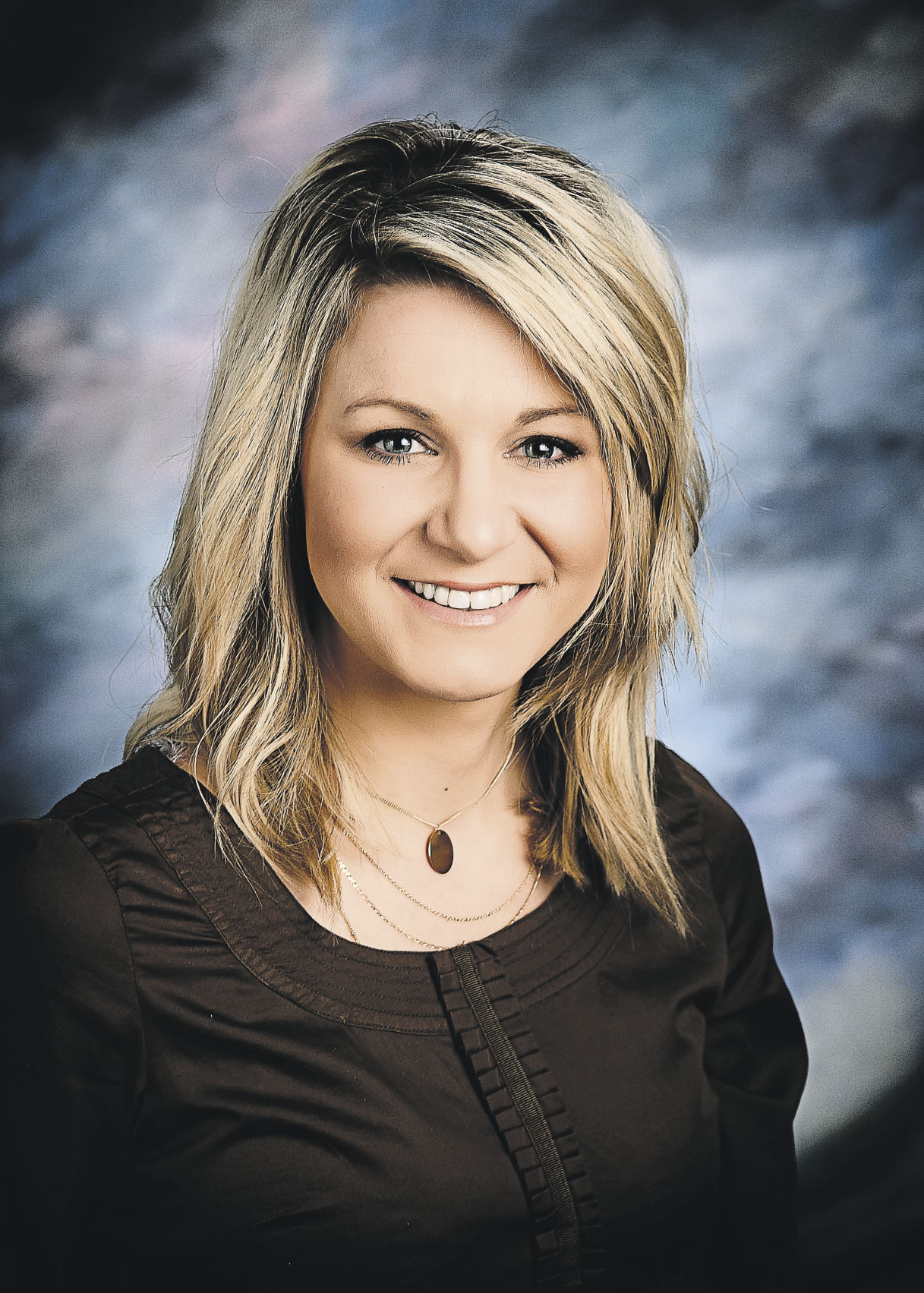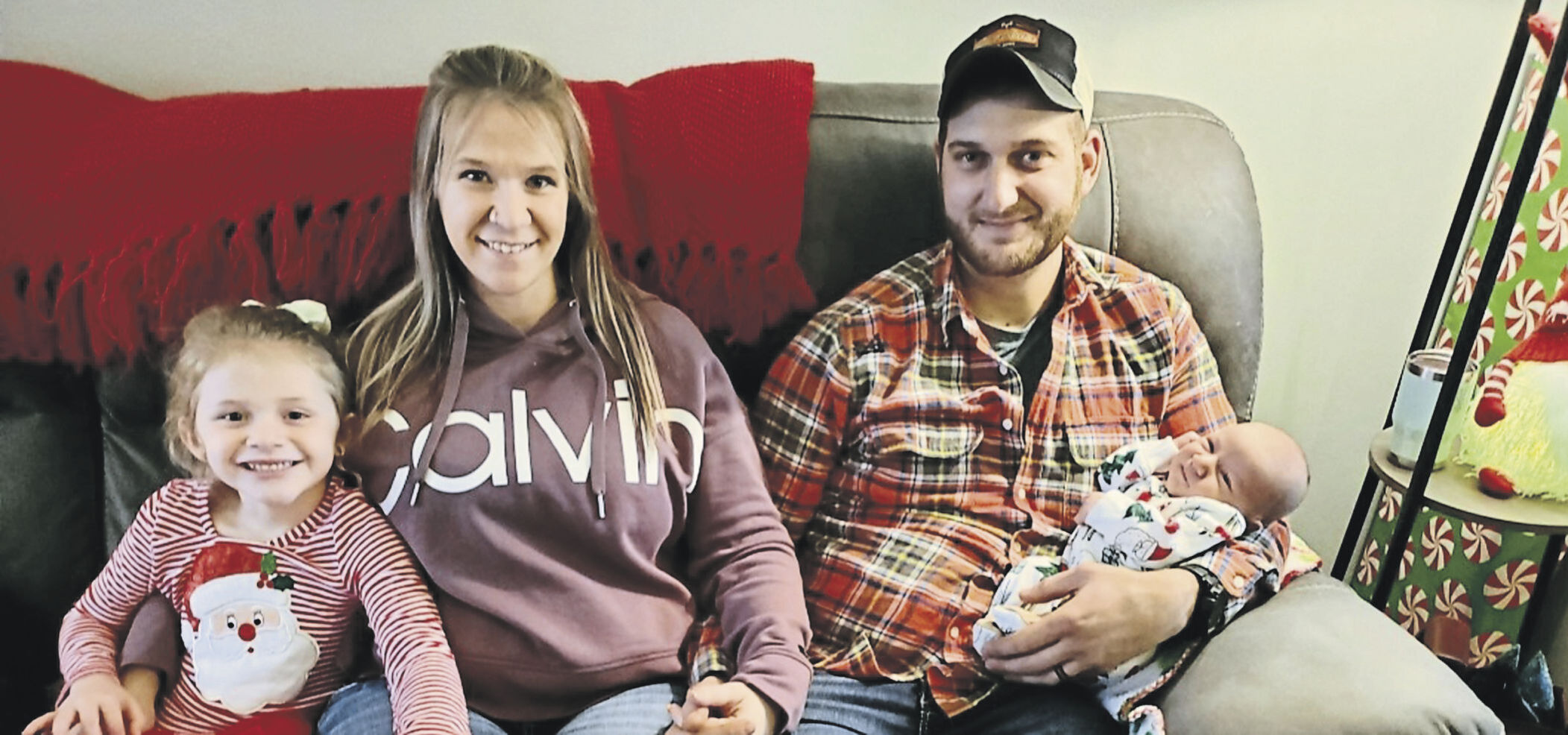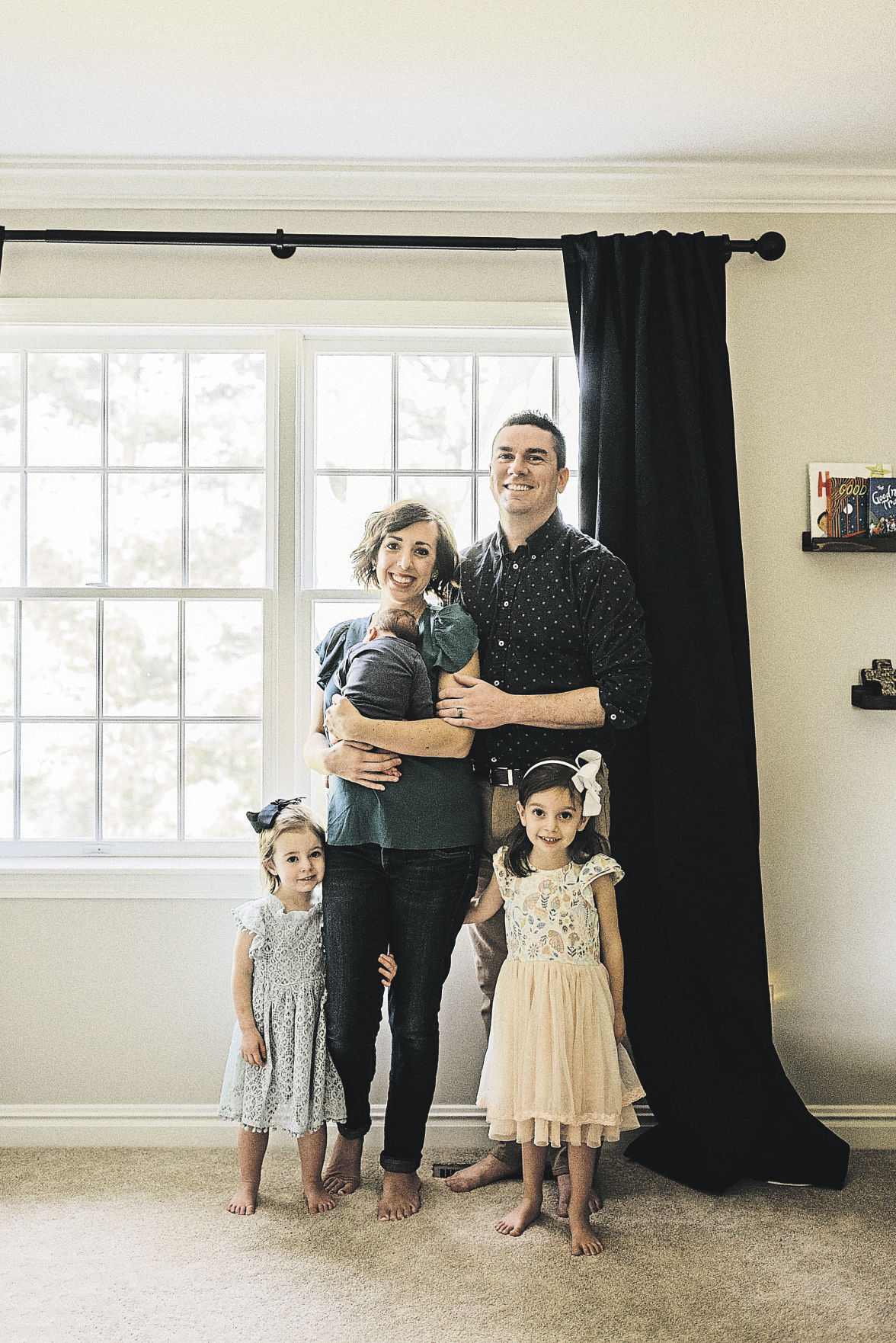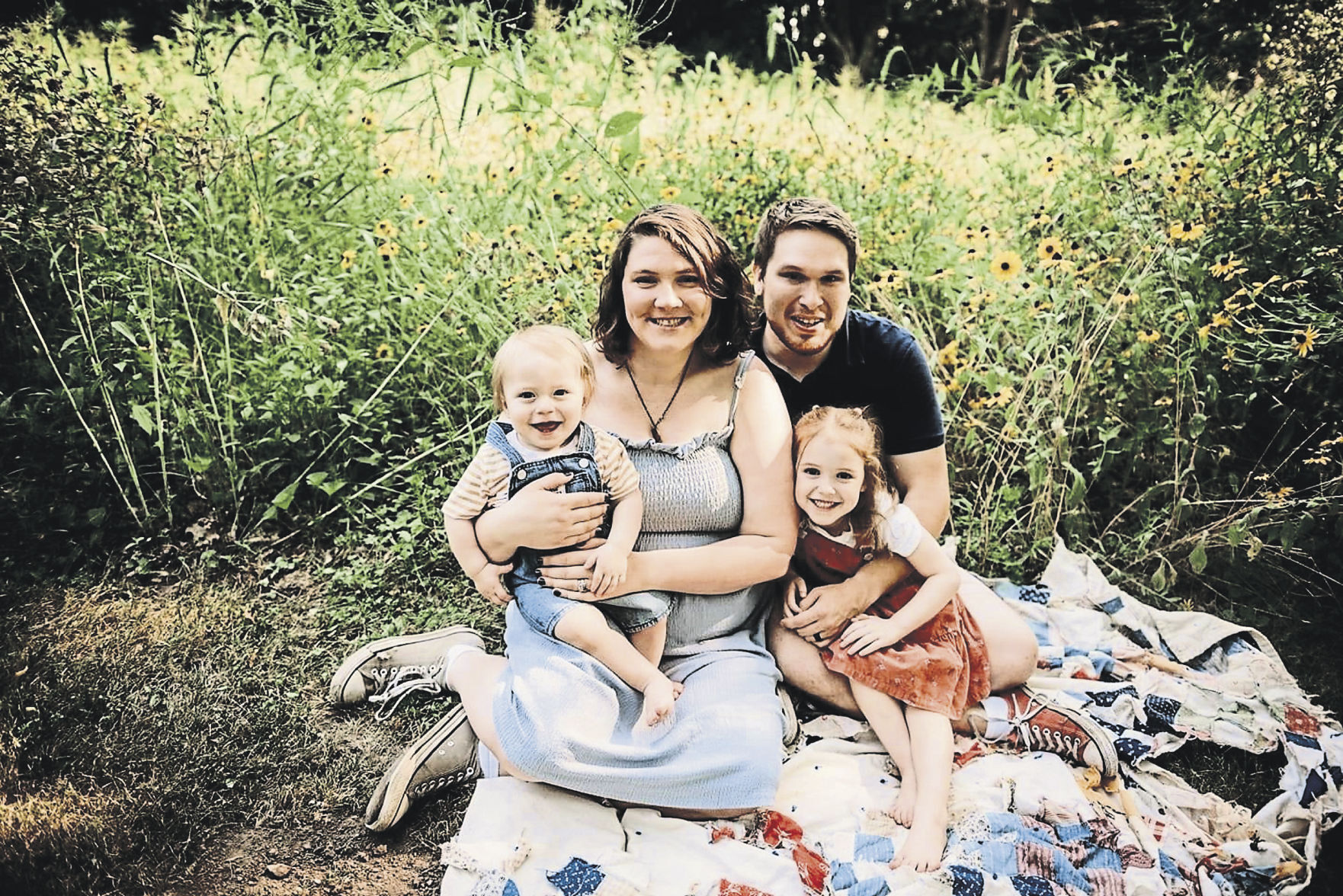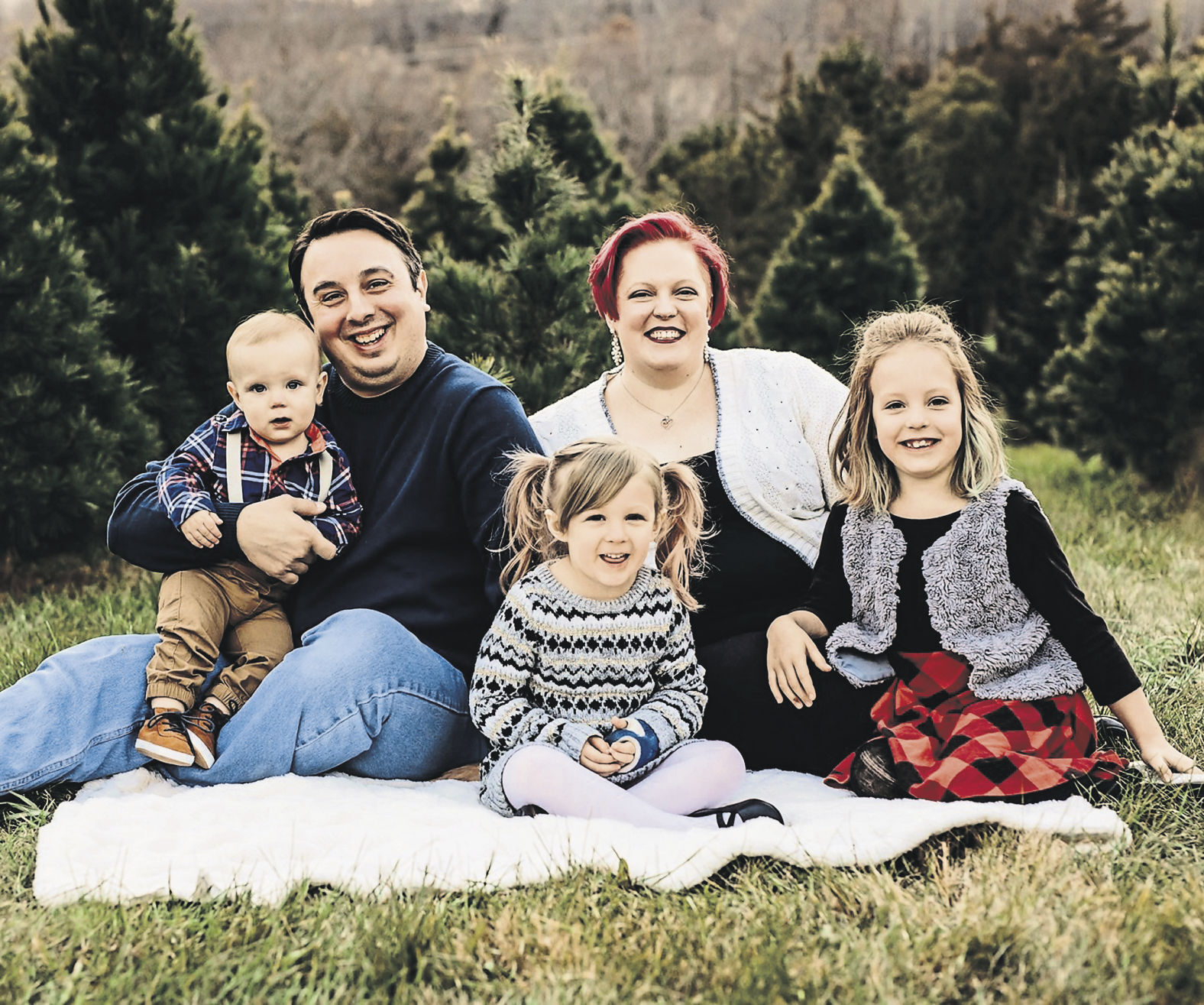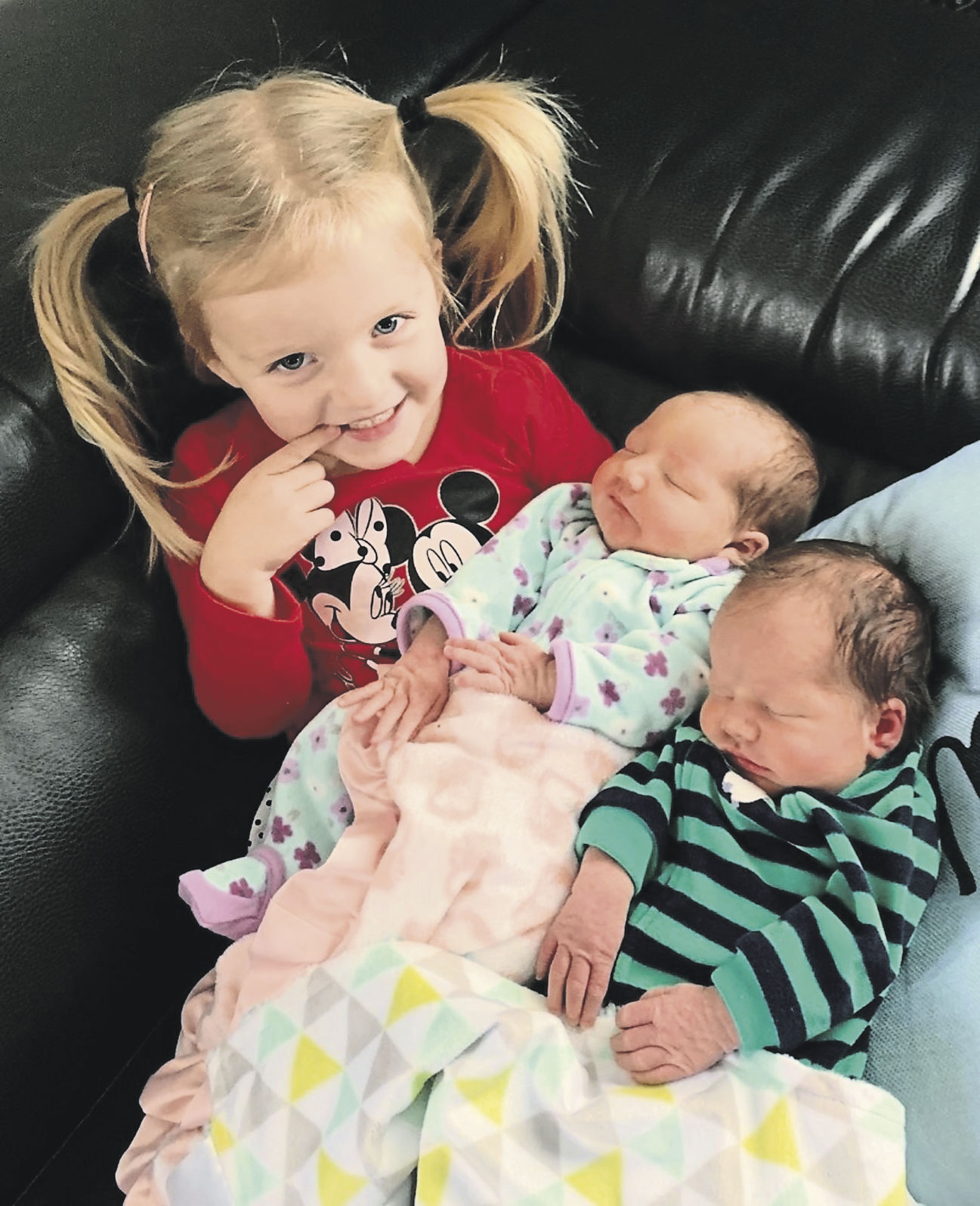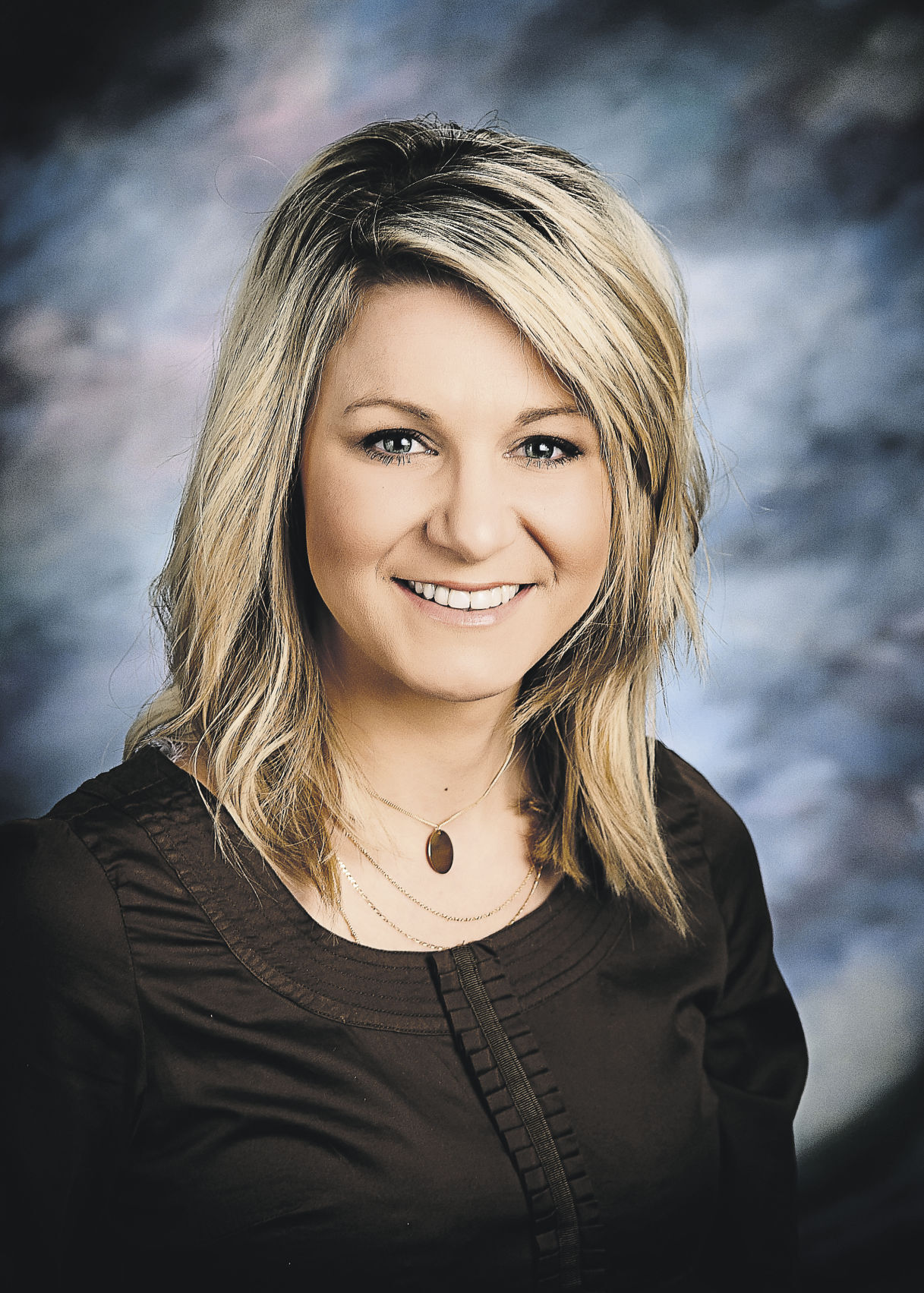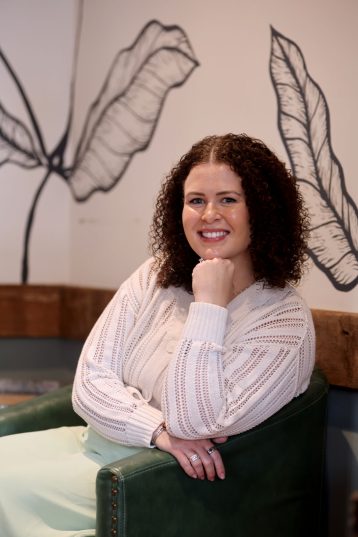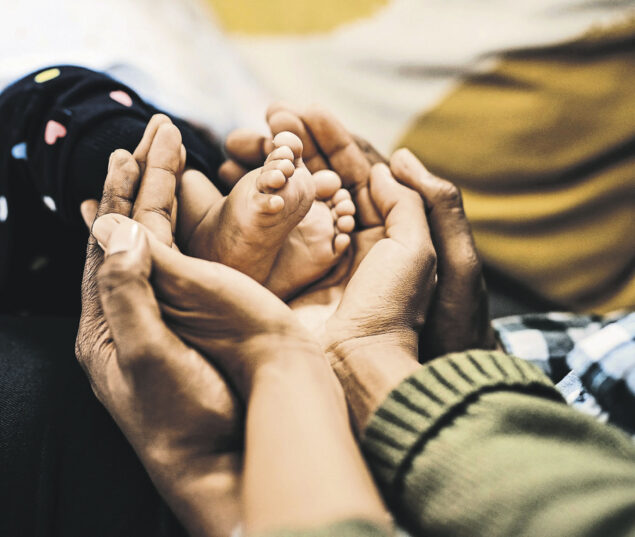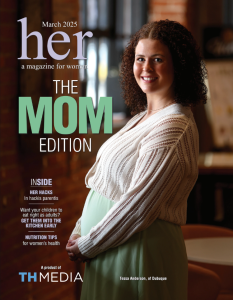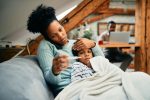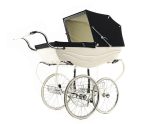For expectant mothers, a pregnancy always brings changes and adjustments, but the March 2020 lockdown and what followed took that to a whole new level.
For many, it brought abrupt changes that often were obsolete within a few hours.
In the future, it’s a good bet that stories will be told around dinner tables and at holiday family gatherings about how, when everything seemingly turned upside down, life continued to be introduced into the world.
Making adjustments
Jenni Scott had just had a baby in November 2019 and recently had returned to work from maternity leave. She was starting a new position as nurse manager of the family birthing suites at UnityPoint Health-Finley Hospital Dubuque.
“We kept hearing about this virus, and it was creeping into our lives, little by little,” she said. “But then, it slapped us in the face, and we had to make changes overnight.”
Expectant mothers were experiencing that as well.
Nicole Powers, 35, of Dubuque, was nine months pregnant. Her son, Ben, joined her and husband, Brady, a pulmonologist and the ICU medical director at Finley, and daughters Ellie, 5; and Claire, 4; on April 5, 2020.
Powers said her husband’s position on the health care frontlines made her anxious.
“He was there seven days a week and taking care of people,” she said. “I was terrified that he would be quarantined before I delivered. I was so nervous I would be alone.”
Scott said that changes were happening so fast between edicts coming from the CDC and hospital administration that it was hard to keep up.
“One of our biggest challenges (at the beginning) was making sure the staff was informed of changes,” she said. “Some of our staff only work three days a week, and sometimes, we had to change policies three times a day.”
Powers, a former nurse practitioner who has parlayed her Type-A planning skills into a home organizing business, saw her birth plan quickly dissipate.
“I was so completely organized,” she said. “I would have this baby while the girls were still in school. But then, the world shut down.”
Kristina Aguilar, 32, of Dubuque, was 12 weeks into her pregnancy. She and husband Jon already were the parents of Evelyn, now 4½, when Callum was born on Sept. 5, 2020.
“I wasn’t high risk, so I had fewer appointments,” she said. “I only had to go in for the absolutely necessary ones.”
Aguilar said the pandemic affected things as simple as her daily walks while she was pregnant.
“I couldn’t go for a walk very far from the house because there were no public bathrooms open,” she said. “I loved going to the farmers market when I was pregnant to buy fresh fruit. I missed that so much.”
Catherine Ohlert, 31, lives in Bellevue, Iowa, with her husband, Jacob, daughter Mabel, 4; and twins, Walter and Nellie, who were born in November 2020. She found out she was pregnant less than two weeks into the shutdown.
“Normally, you call and make an appointment, pee on a stick and get some bloodwork done,” the 31-year-old said. “But everything was over the phone. I didn’t actually see anybody until I was 12 weeks, and that’s when I found out I was having twins.”
Ohlert said the change to in-person appointments was difficult for her.
“I’d miscarried in January 2020,” she said. “Mabel was small and was in the hospital for 12 days after she was born. So yes, I was anxious.”
Brianna Martin, 29, of Dubuque, had her baby boy, Sawyer, in November 2021.
“My husband, Dylan, and I were engaged and had our wedding set for June 5,” she said. “We had talked about having children and were being less cautious (with birth control) because we getting married in a few months. And it happened.”
In addition to Sawyer, Brianna has a daughter, Ellyse, 5, from a previous relationship. She admitted she wasn’t expecting the pandemic to affect her pregnancy as much as it did.
“I wasn’t prepared for it,” she said. “I couldn’t bring my daughter to appointments, which I had to do because she was out of school at the time. I had to rearrange my appointments for when she was in school.”
Jenni Horbacz, 37, of Dubuque, her husband, Angelo, and daughters Audrey, 7; and Elizabeth, 3, were as excited as Jenni headed into her second trimester in March 2020 with Henry, who was born in September.
“I had already had a few appointments,” she said. “Then, they called for my next appointment and said masks would be required. Temperatures were going to be taken. No one else was going to be allowed into the appointments. It was scary.”
Going solo
Rather than prenatal appointments being a family affair, as they often were prior to 2020, they became solitary visits. Phones became an important part of connecting with partners and children during doctor visits.
“I would bring my phone and whenever we would listen to the heart at the office, I’d record it,” Horbacz said. “When I got home, I’d play it for my kids and my husband. I’d bring a flash drive for ultrasound photos.”
Aguilar would FaceTime with her husband during ultrasounds.
“We did that for the gender reveal and the anatomy scan,” she said.
Once at the hospital, giving birth and the few days that followed were a surreal experience for the women.
“They tested me during labor for COVID,” Augilar said. “I wasn’t allowed to leave my room after delivery.”
Scott said her team was constantly trying to brainstorm how to make mothers and their families comfortable.
“Our unit couldn’t flow the same way other units do,” she said. “Behind the scenes while all of this was happening, we wanted patients to feel like nothing had changed. The constant change was overwhelming at times, but we didn’t have much time to think about it.”
All things considered, Hobacz said her birth experience was a positive one.
“The staff was wonderful,” she said. “But they had to work within the parameters of the policies, which seemed to change all the time.”
The maternity ward, normally buzzing with happy voices and visitors, was one of the biggest changes the mothers noticed.
“It was so quiet and vacant compared to when my girls were born,” Horbacz said. “There was no hustle and bustle. There was no family coming and going.”
Babies were kept with their mothers and not taken to the nursery, a policy that led to a very unsettling first night for Ohlert with her newborn twins.
“I sent my husband home the first night,” she said. “That was pretty rough. But he stayed the second night and helped.”
While the birthing unit was quieter than normal, Scott said most of the new mothers were happy to spend time alone with their babies.
“It actually turned into a positive experience for many patients,” she said.
Finally home
The pandemic has affected the babies and their families beyond the birth experience, but these mothers are on top of those concerns.
“I feel like my family hasn’t seen Sawyer as much,” Martin said. “I’m nervous about taking him out too much with COVID. But I’m lucky that I work from home, and I’m able to be with him.”
“I didn’t go anywhere with Henry,” Horbacz said. “He hasn’t gotten the same experiences that my girls did, not even just going to the grocery store. I noticed he had some anxiety with other people, although he is in day care now and that’s getting better.”
Powers found that her son, Ben, has been sick more this year.
“I think not having that exposure to germs from birth has made that difference,” she said. “My doctor even said the 2 and under age group is having a rough time this winter.”
Playdates, family excursions or even just being out in the neighborhood often has been deferred because of COVID-19.
“We didn’t do play dates, and we didn’t have friends over to meet him,” Powers said. “But my husband is a very optimistic person, even being on the frontlines, and he kept saying, ‘It will be OK.’”
Scott said she and her team are continuing to do everything they can to make the birth experience a positive one.
“We’re holding in-person classes as much as we can and doing some tours,” she said. “If we can alleviate a mother-to-be’s stress ahead of time, that’s all we want to do.”
Like everybody else, Aguilar said she is just taking things one day at a time.
“At the end of the day, I just throw up my hands and hope I’ve done everything I can,” she said. “I’m making decisions and hoping I’m making the right choices.”
Michelle London writes for the Telegraph Herald.

